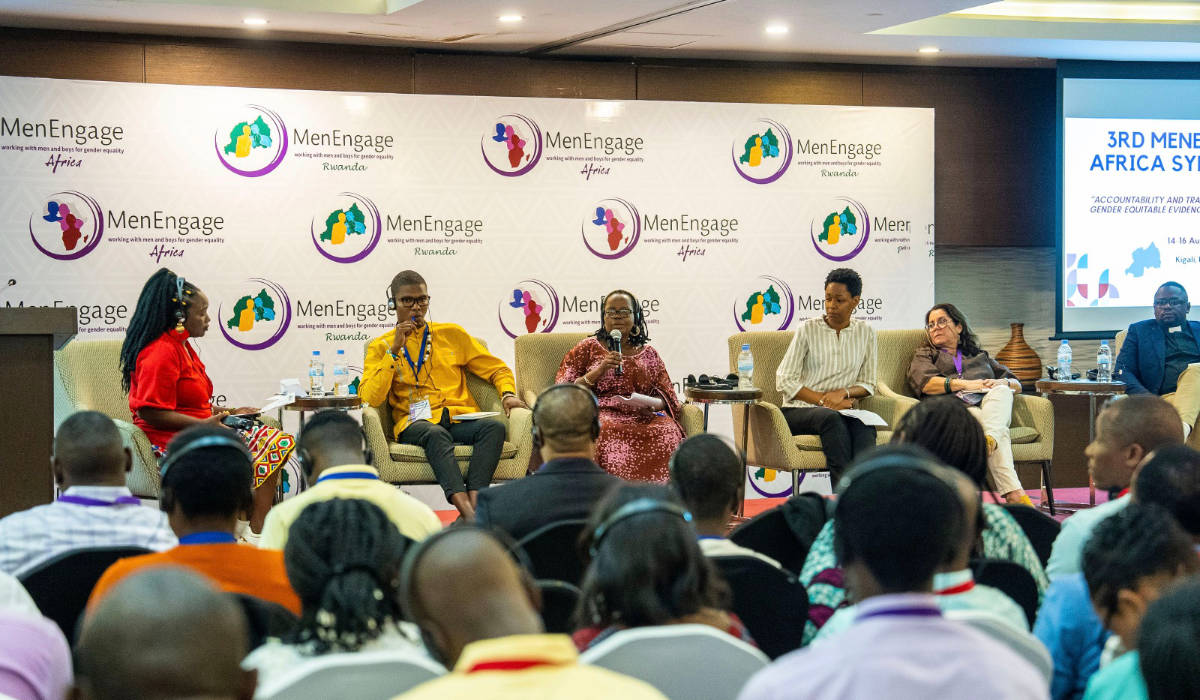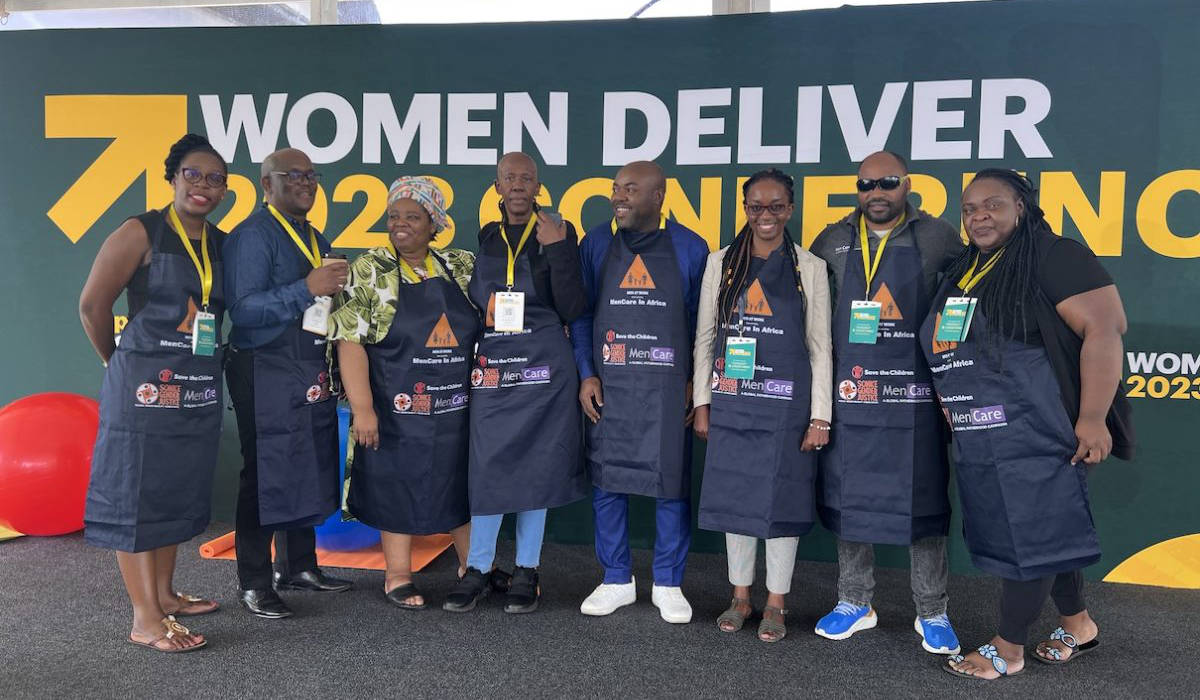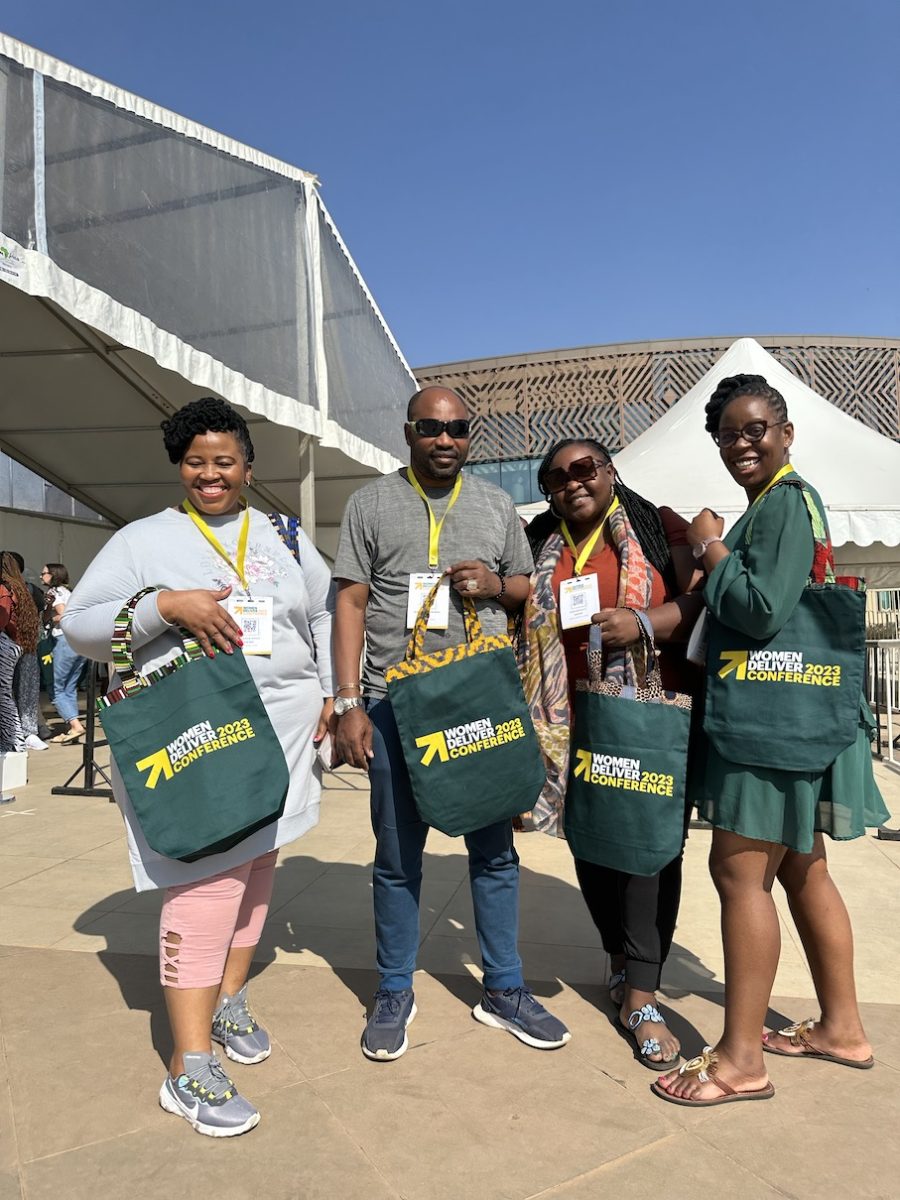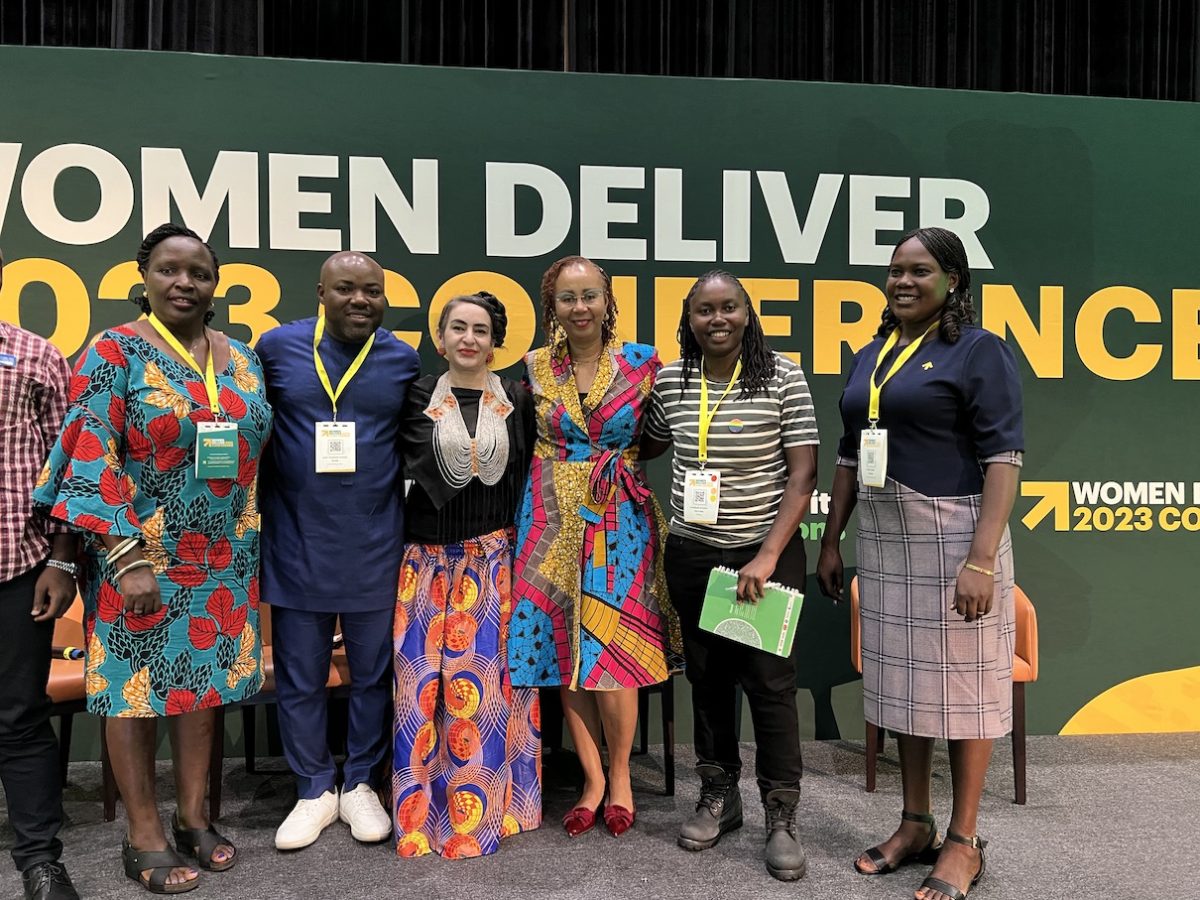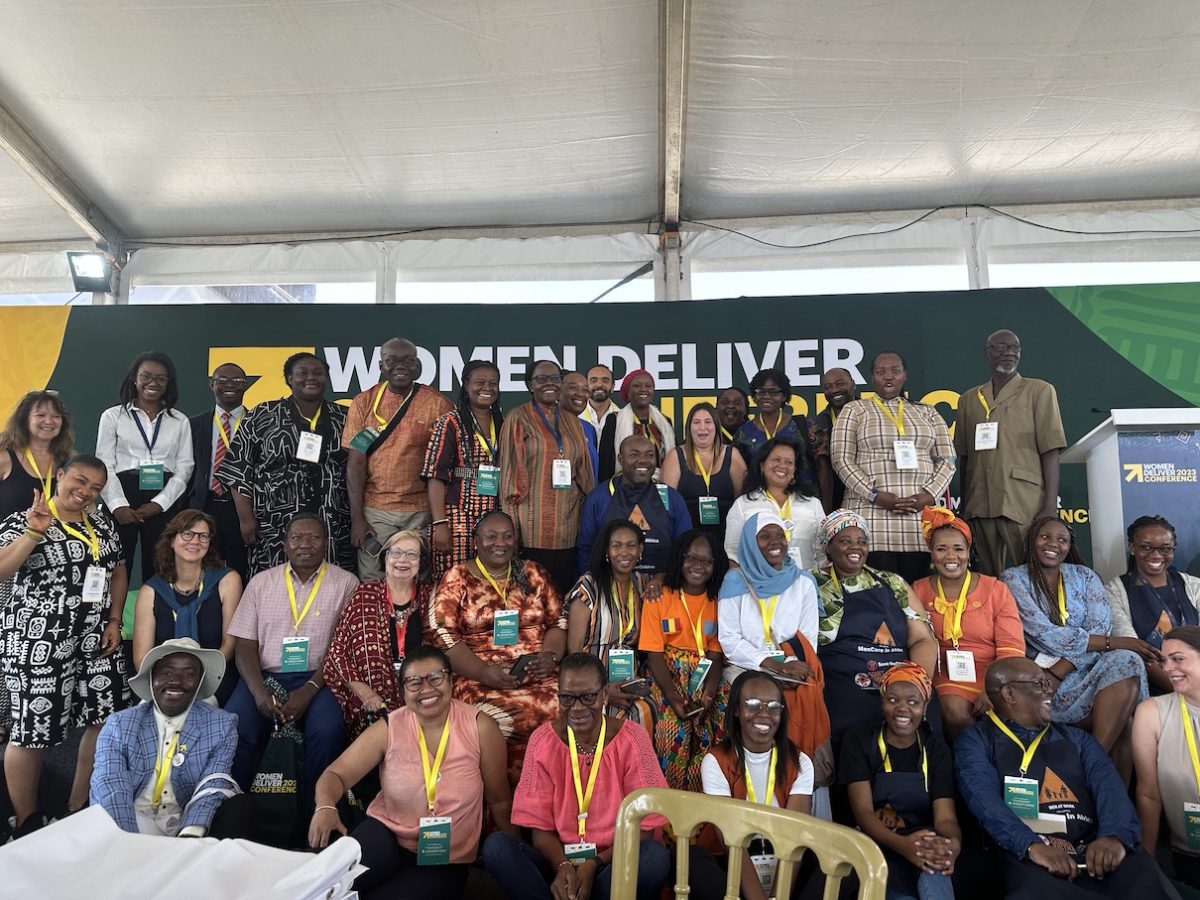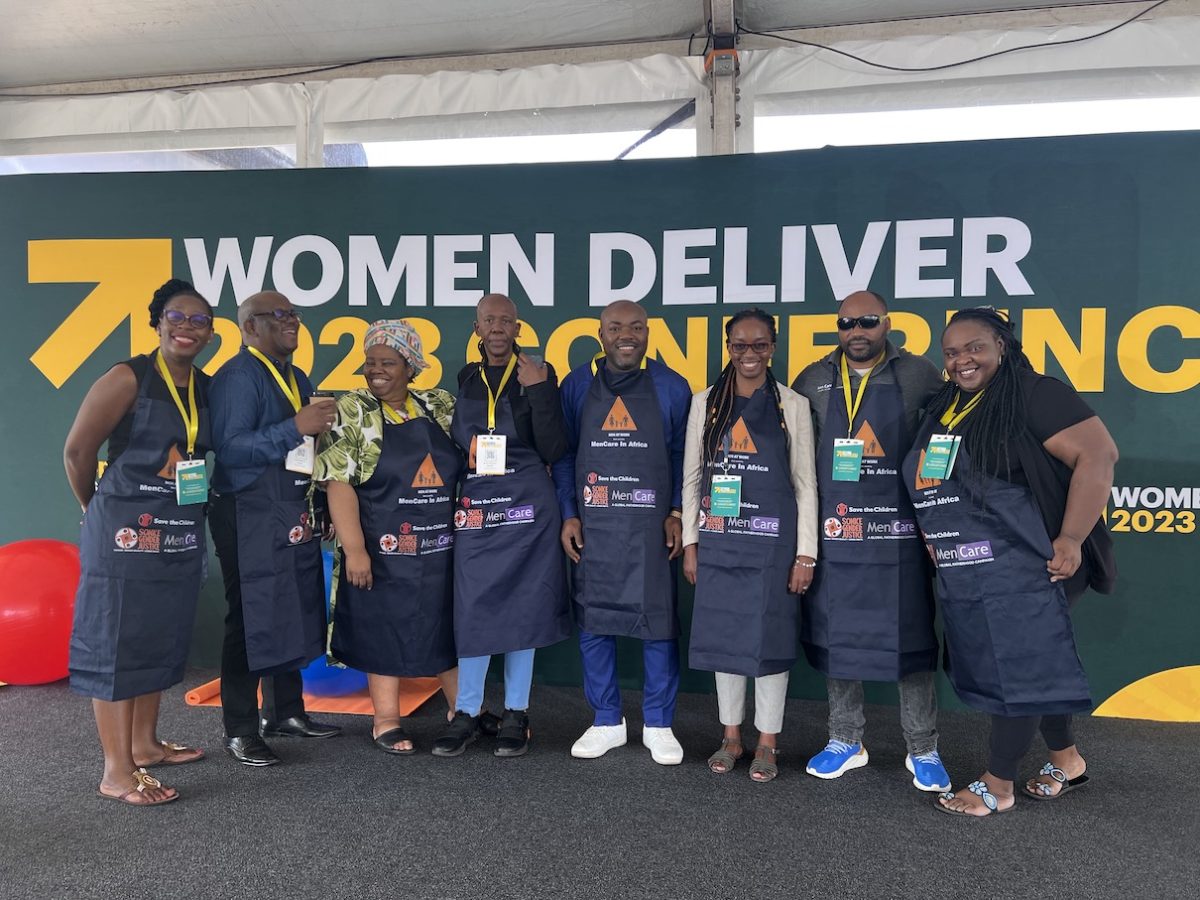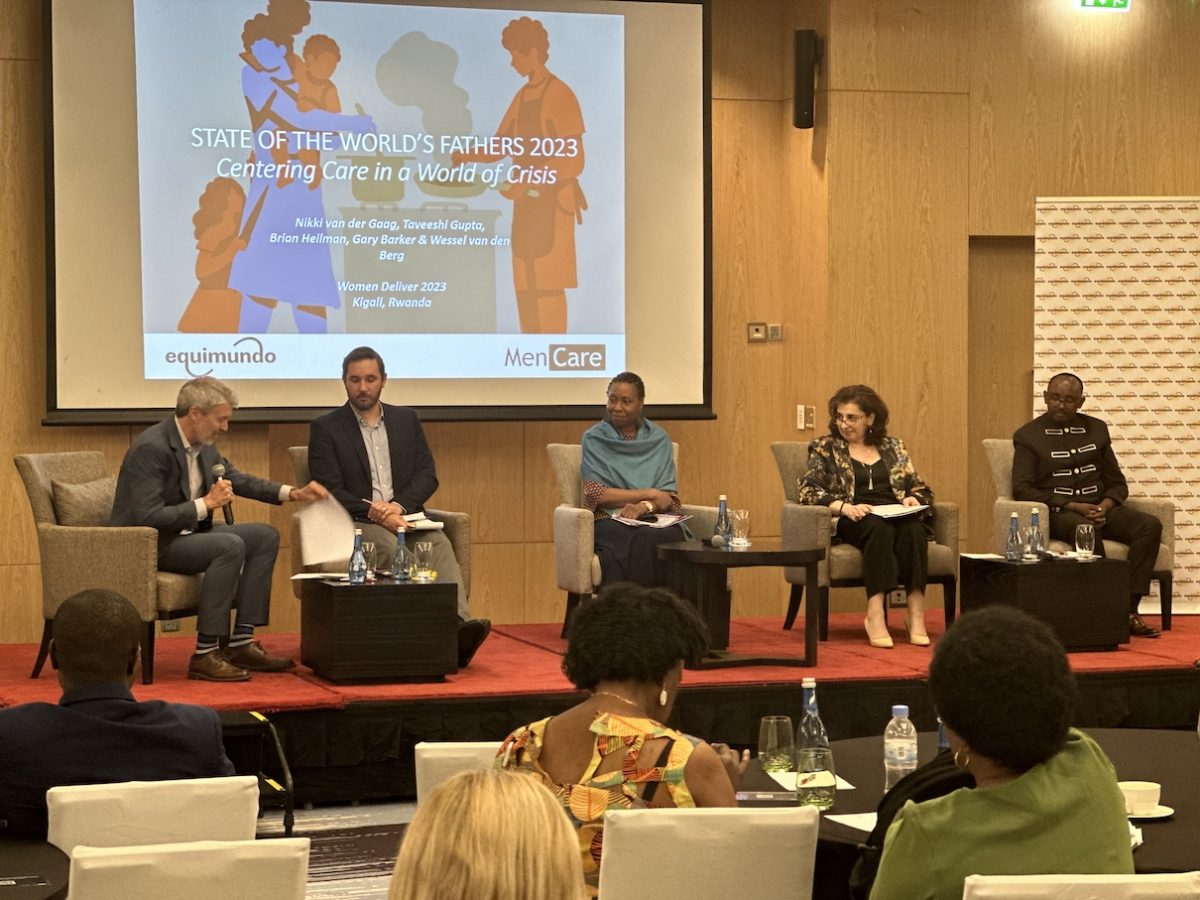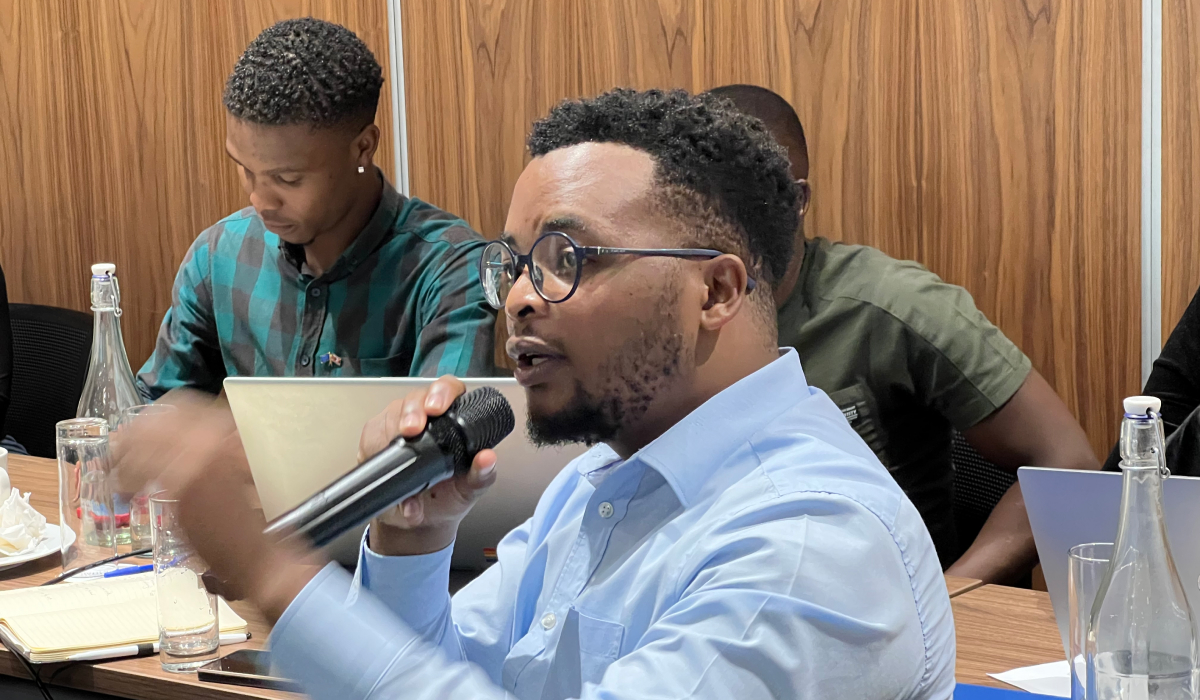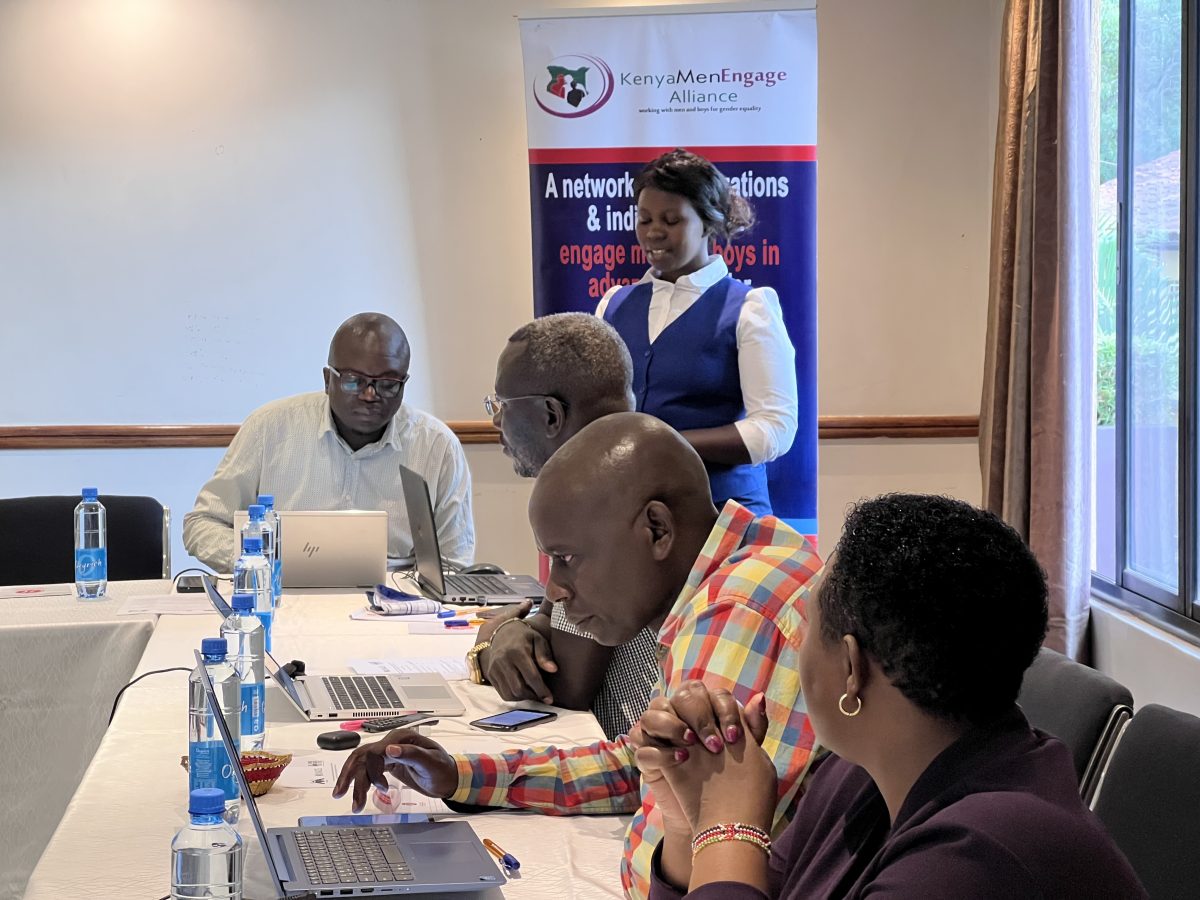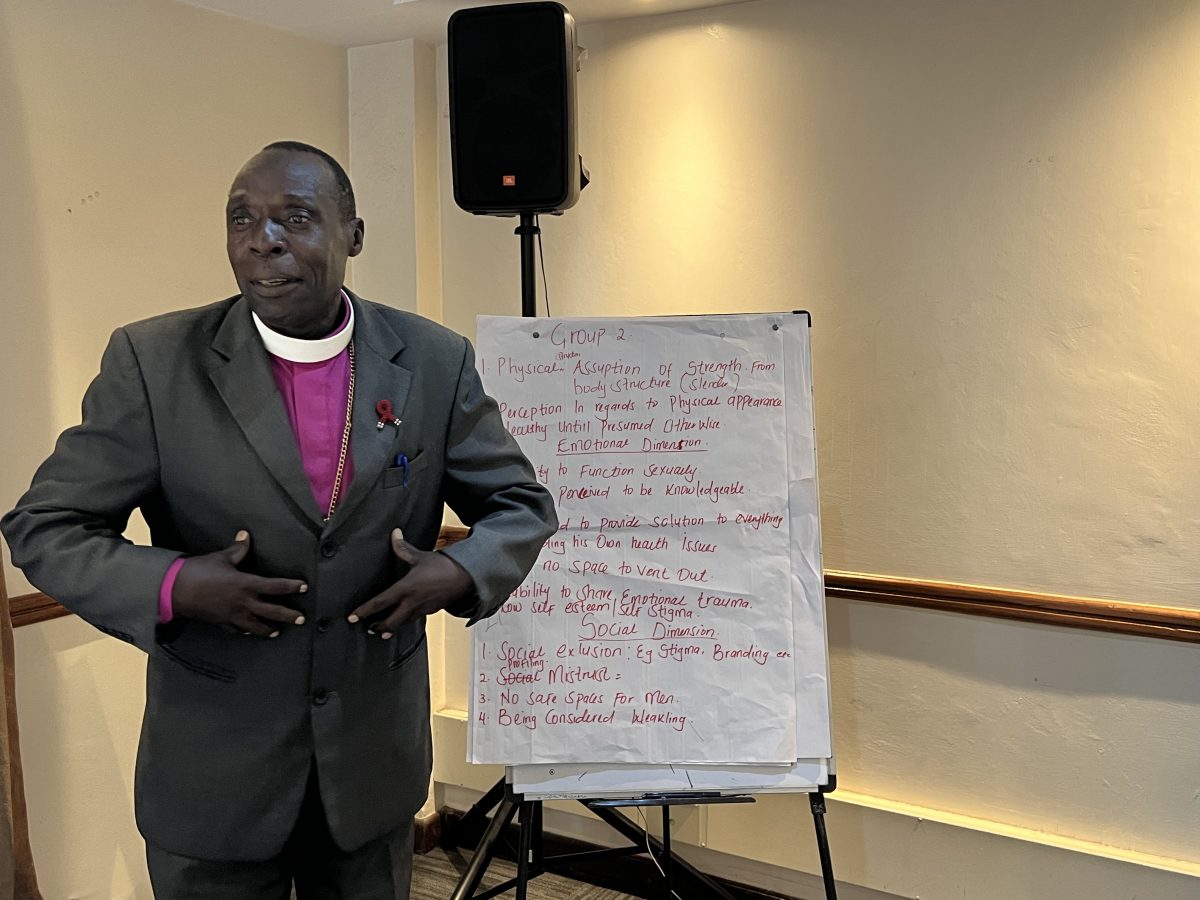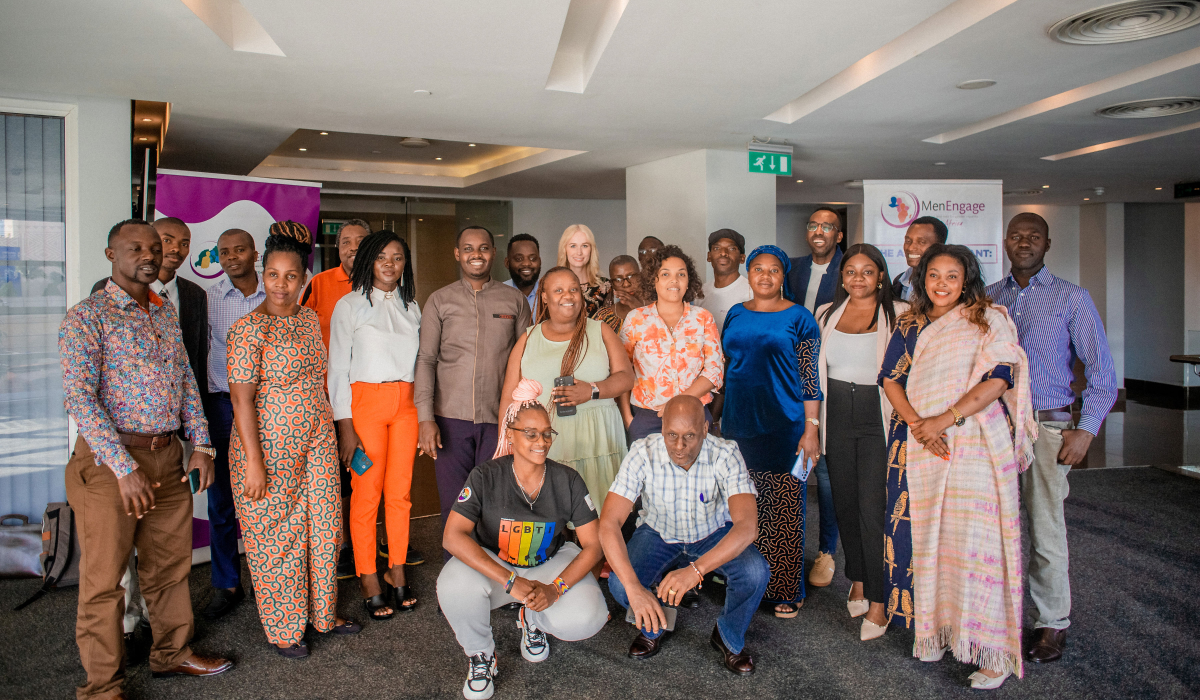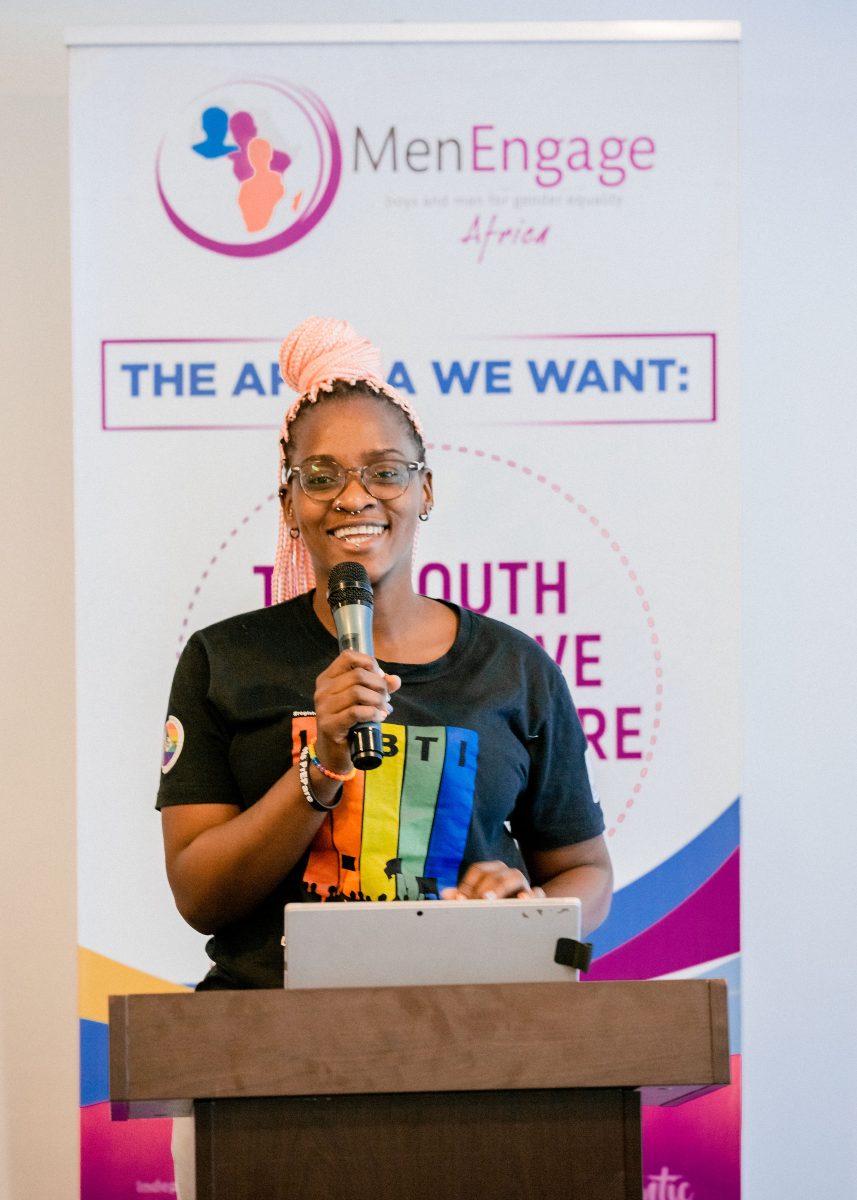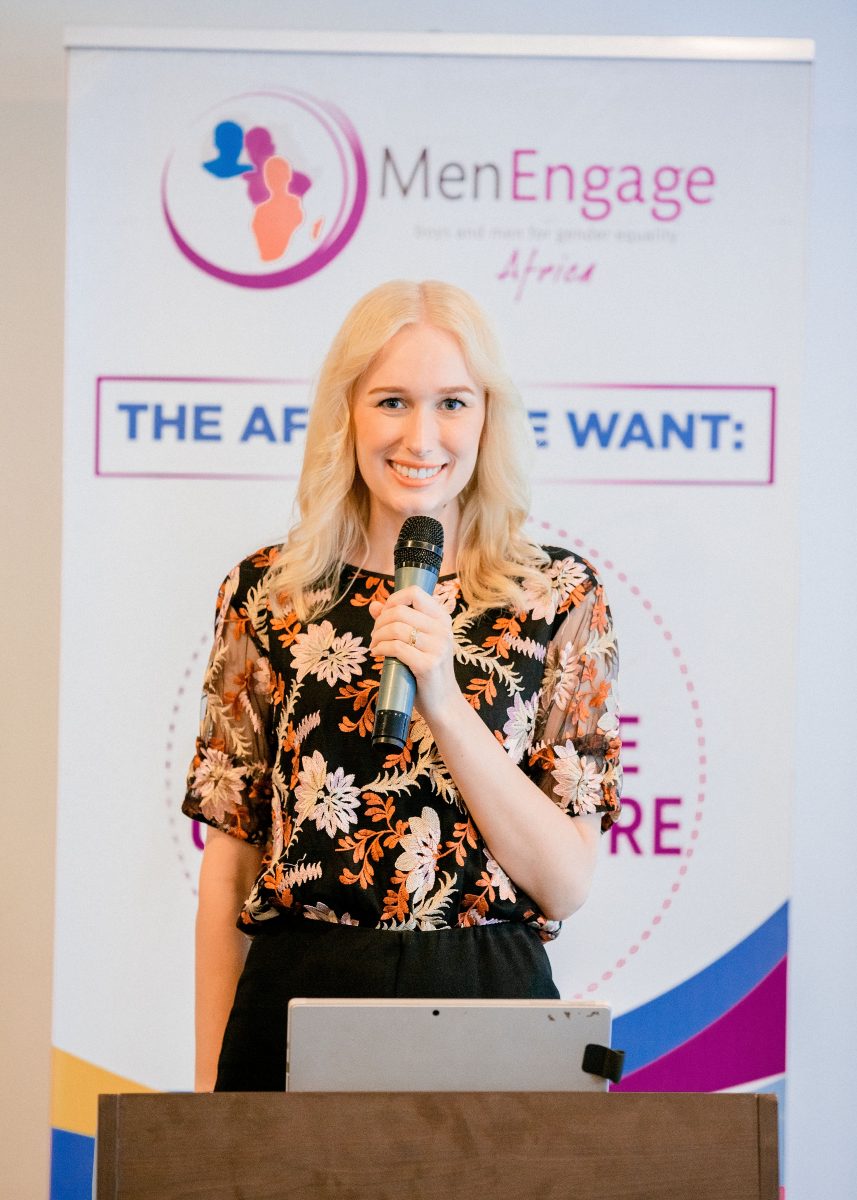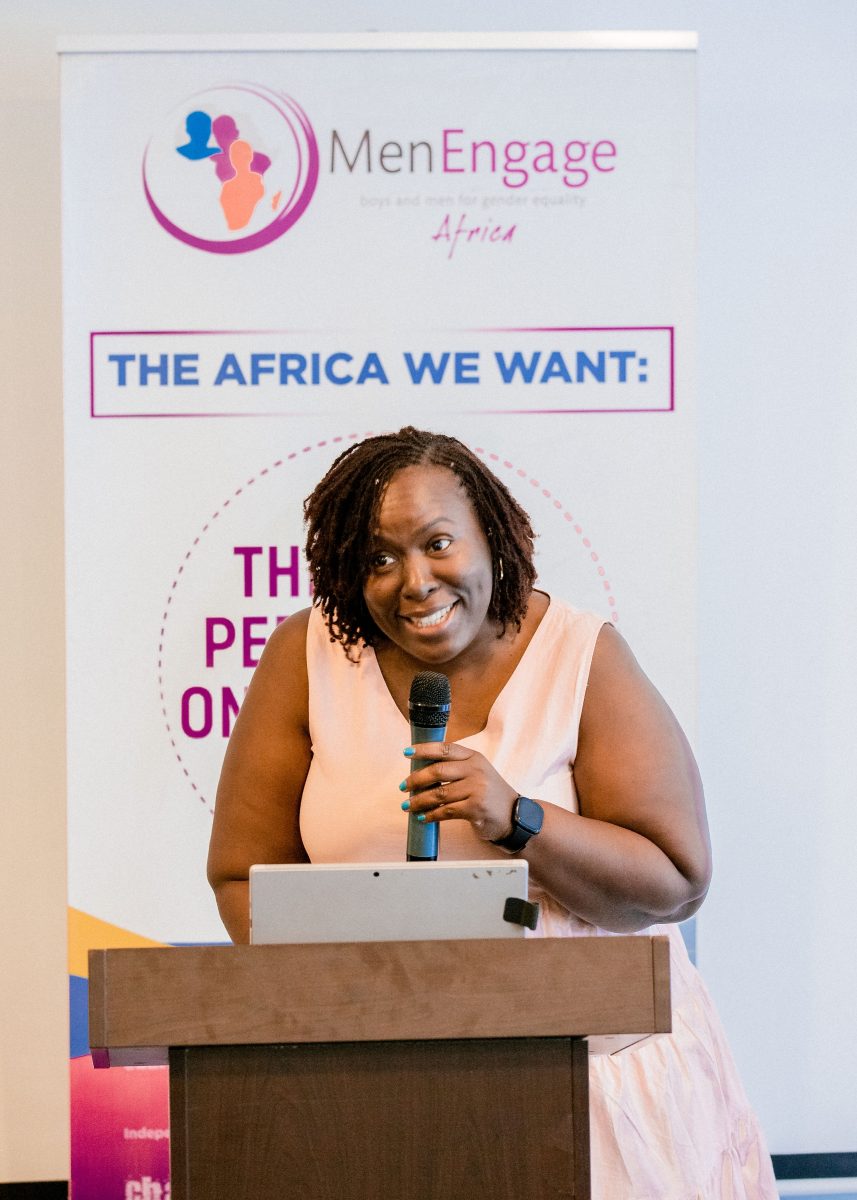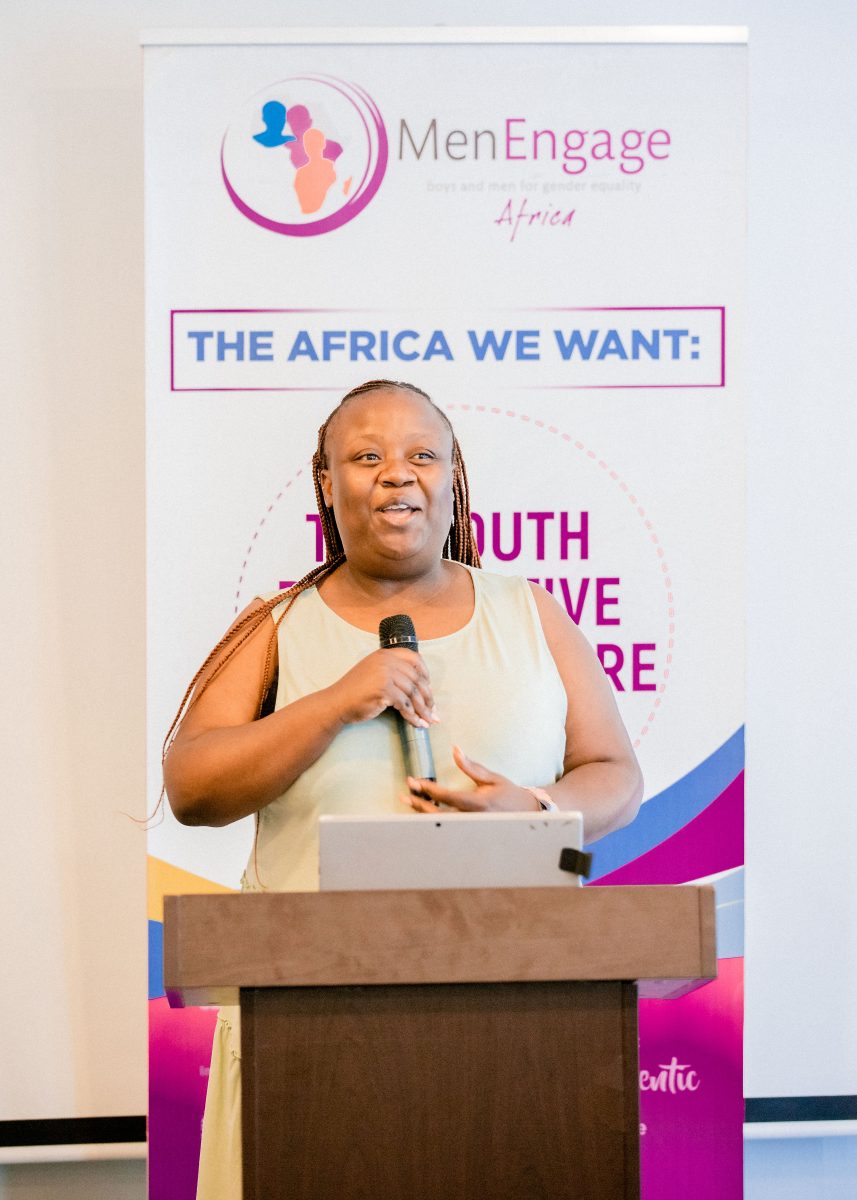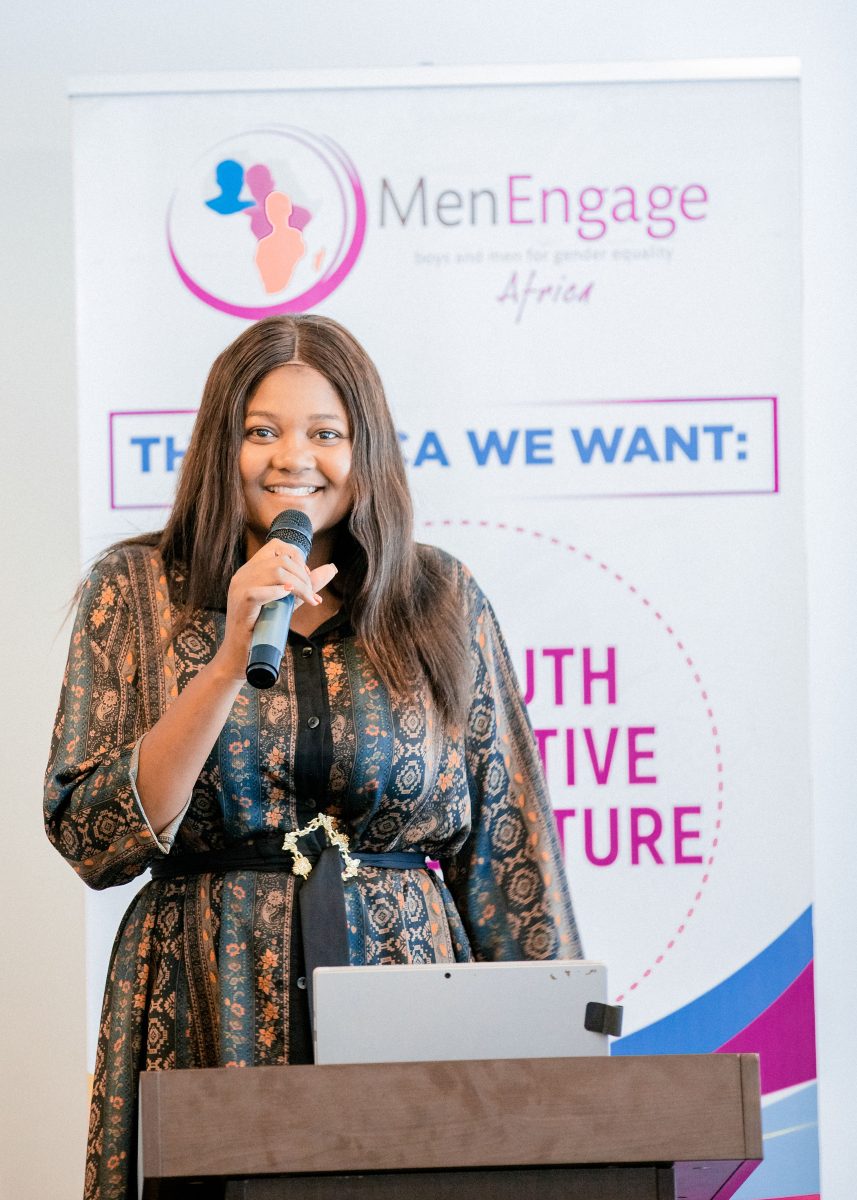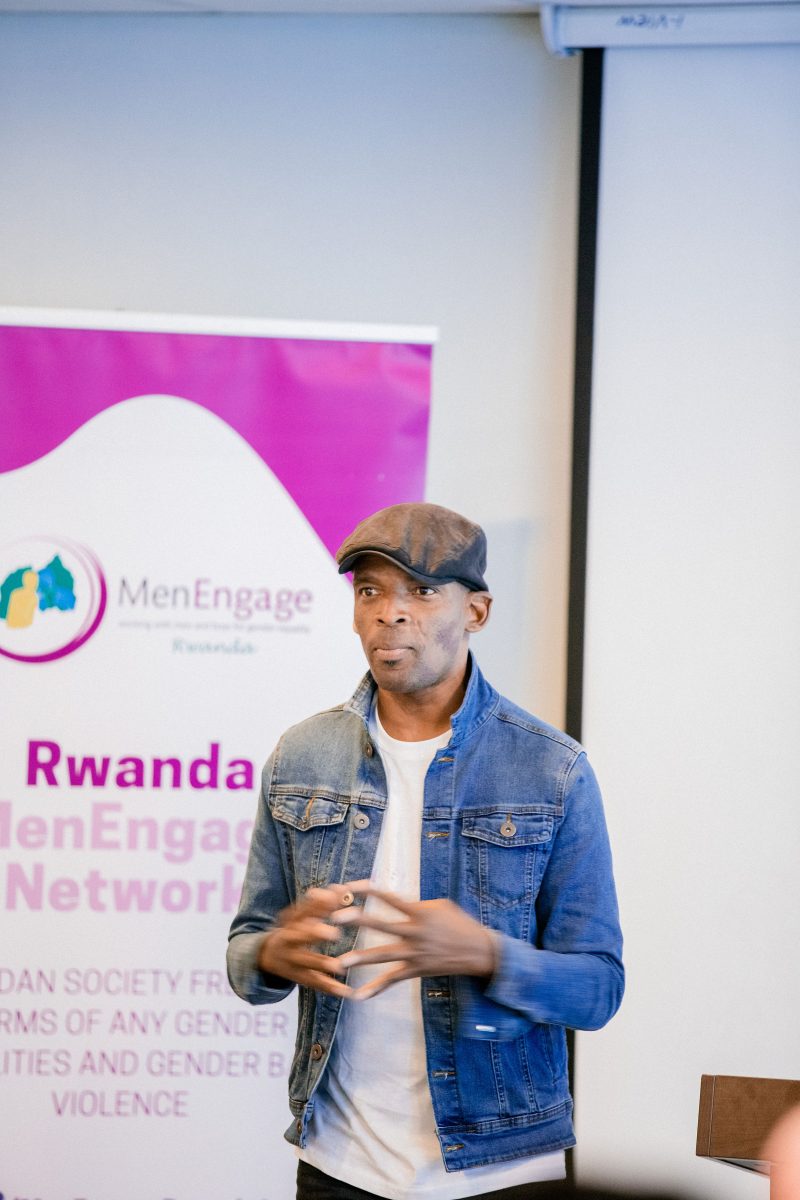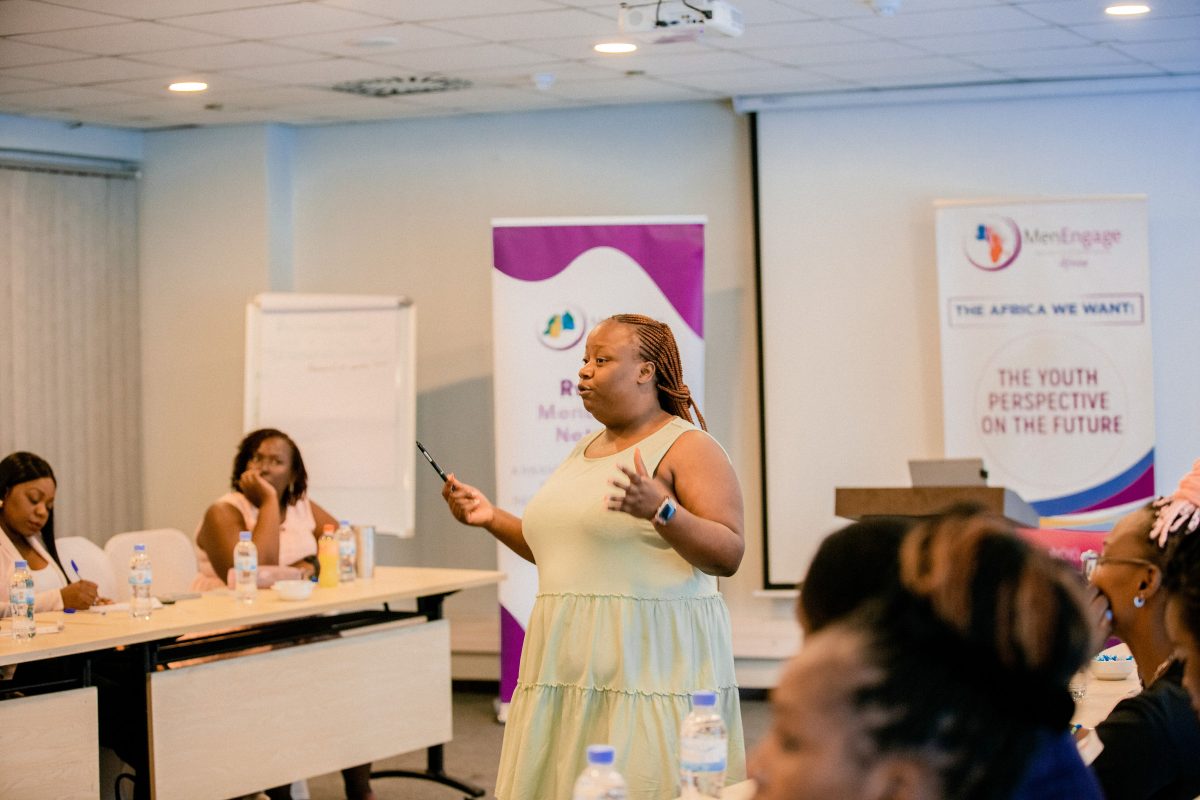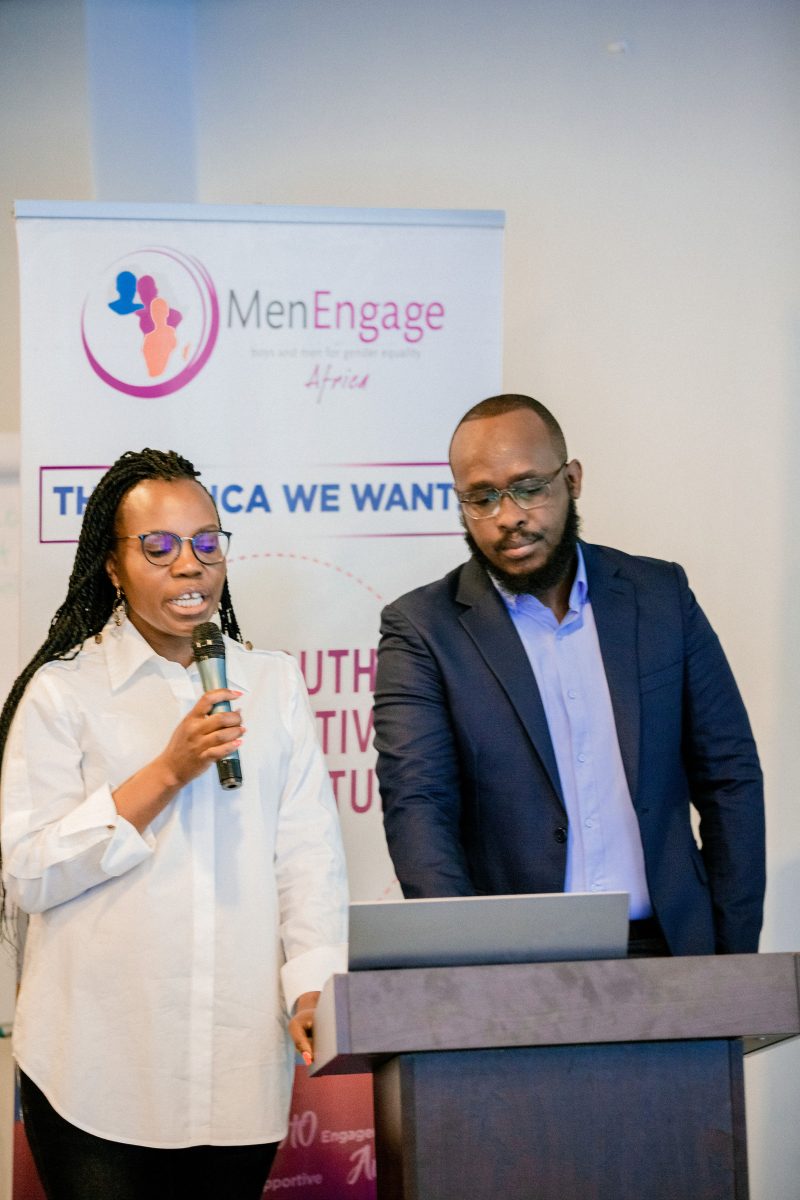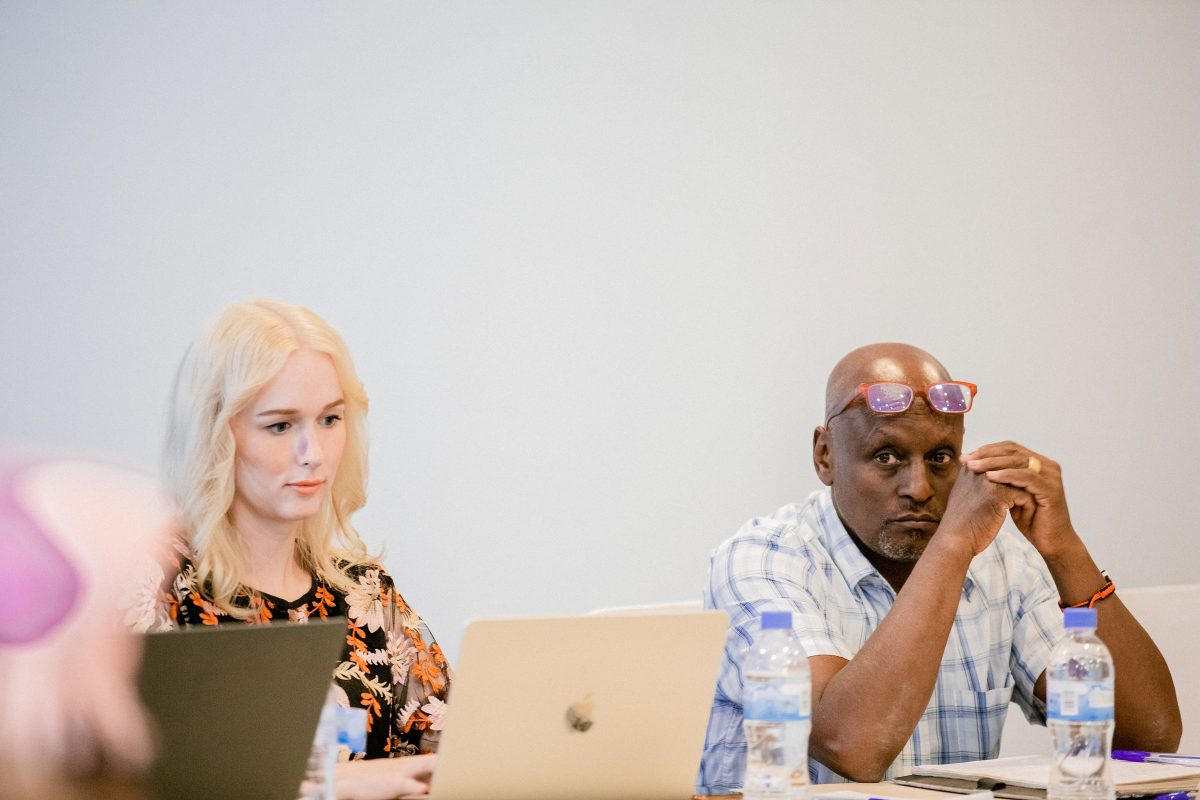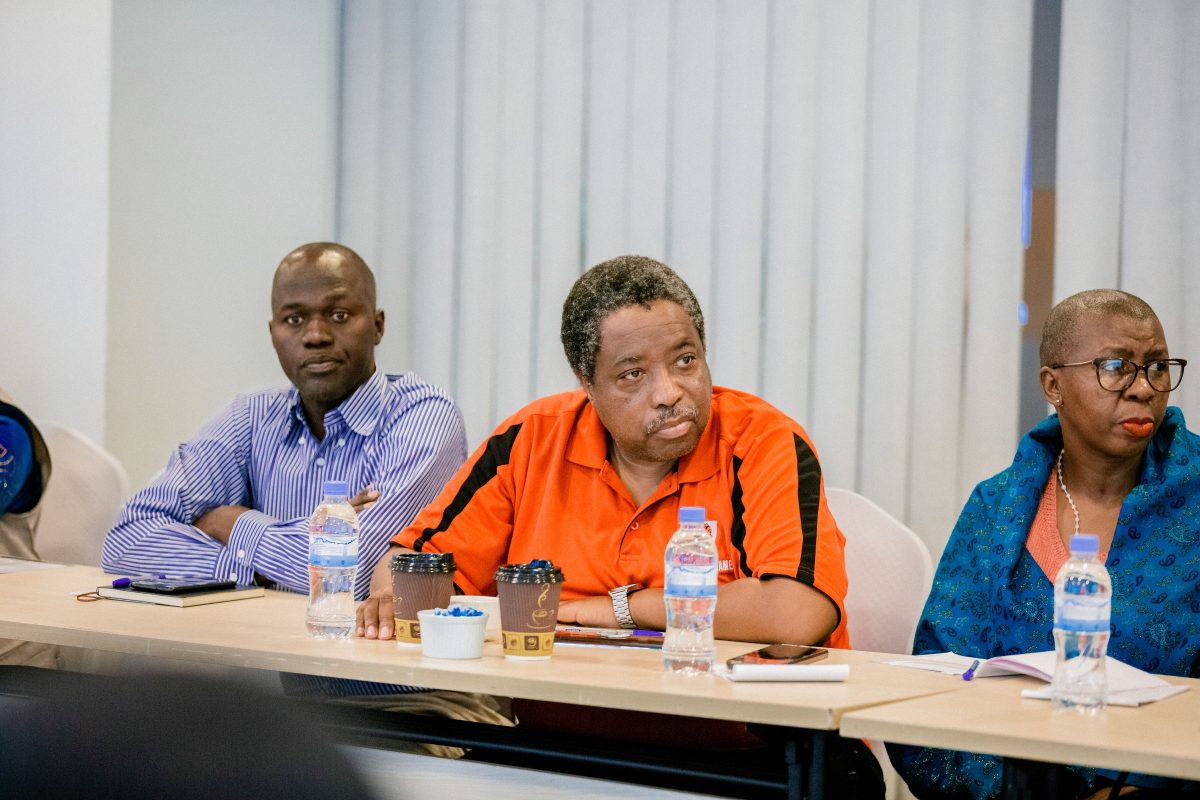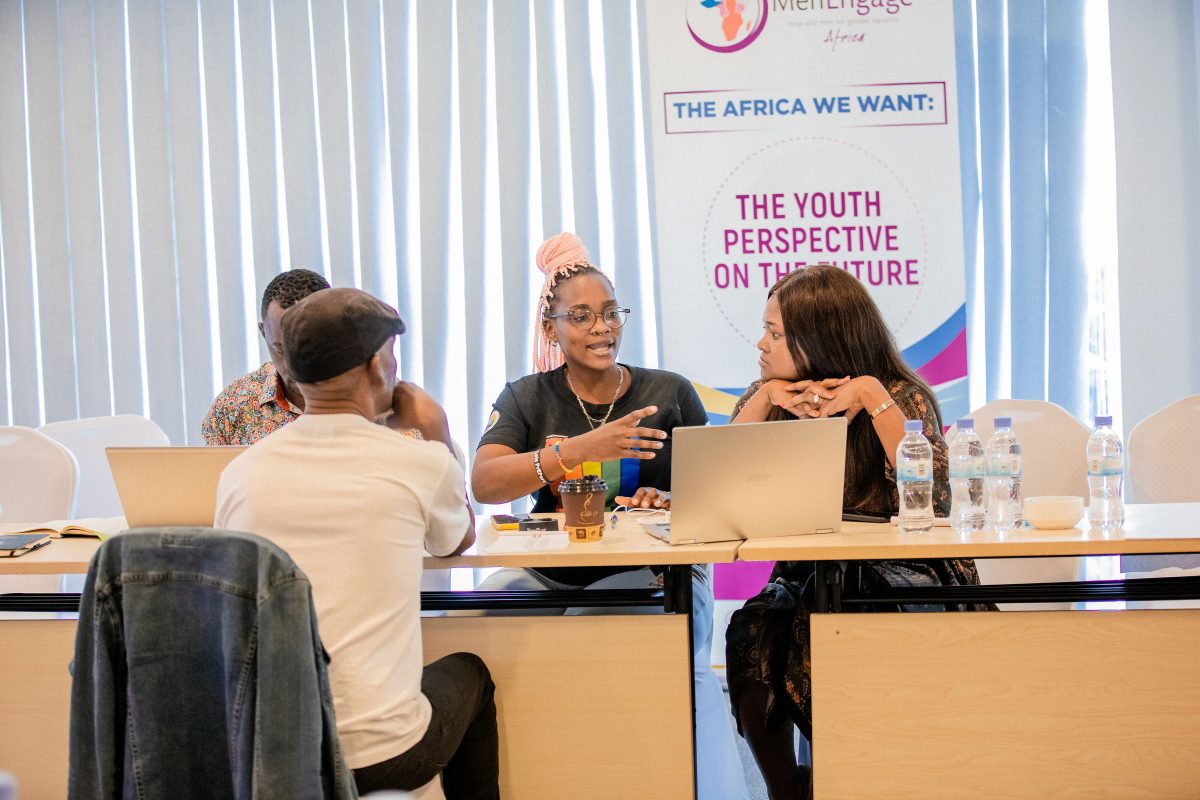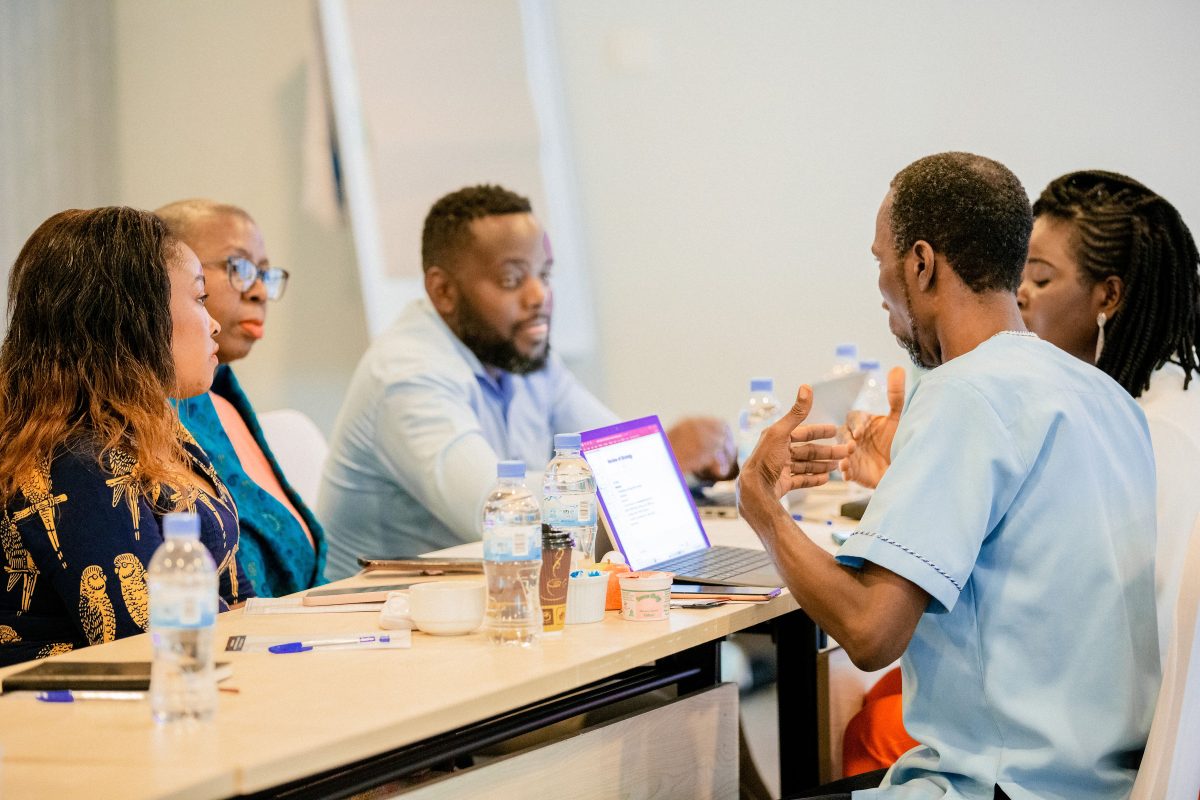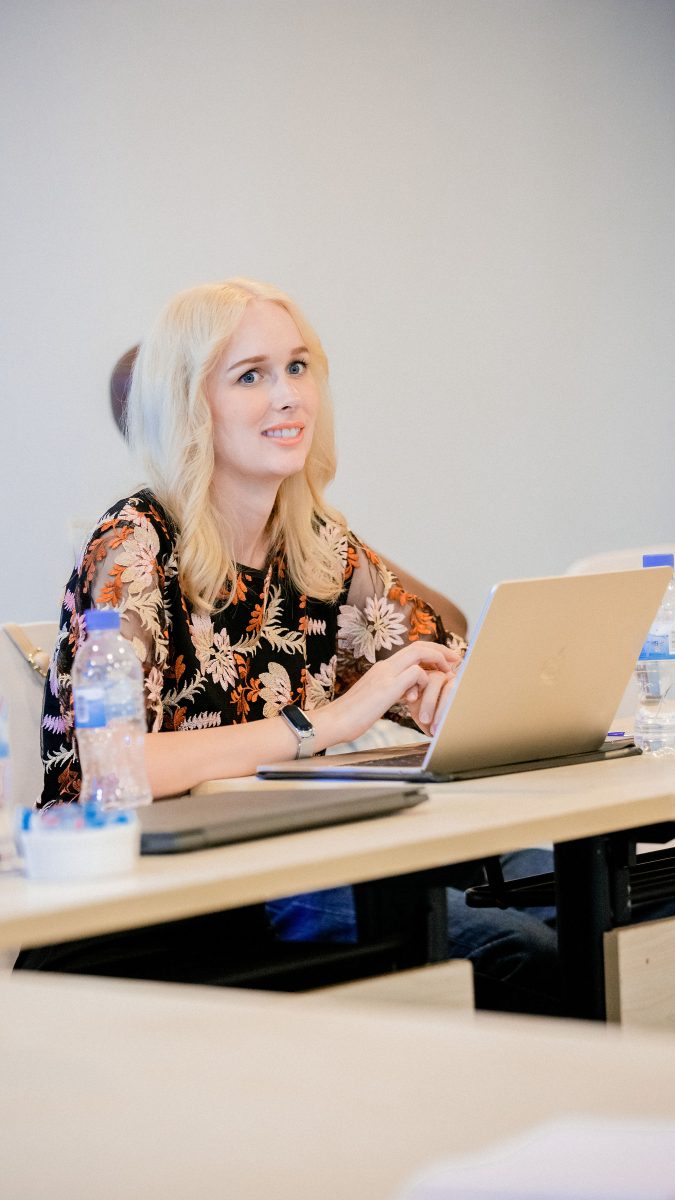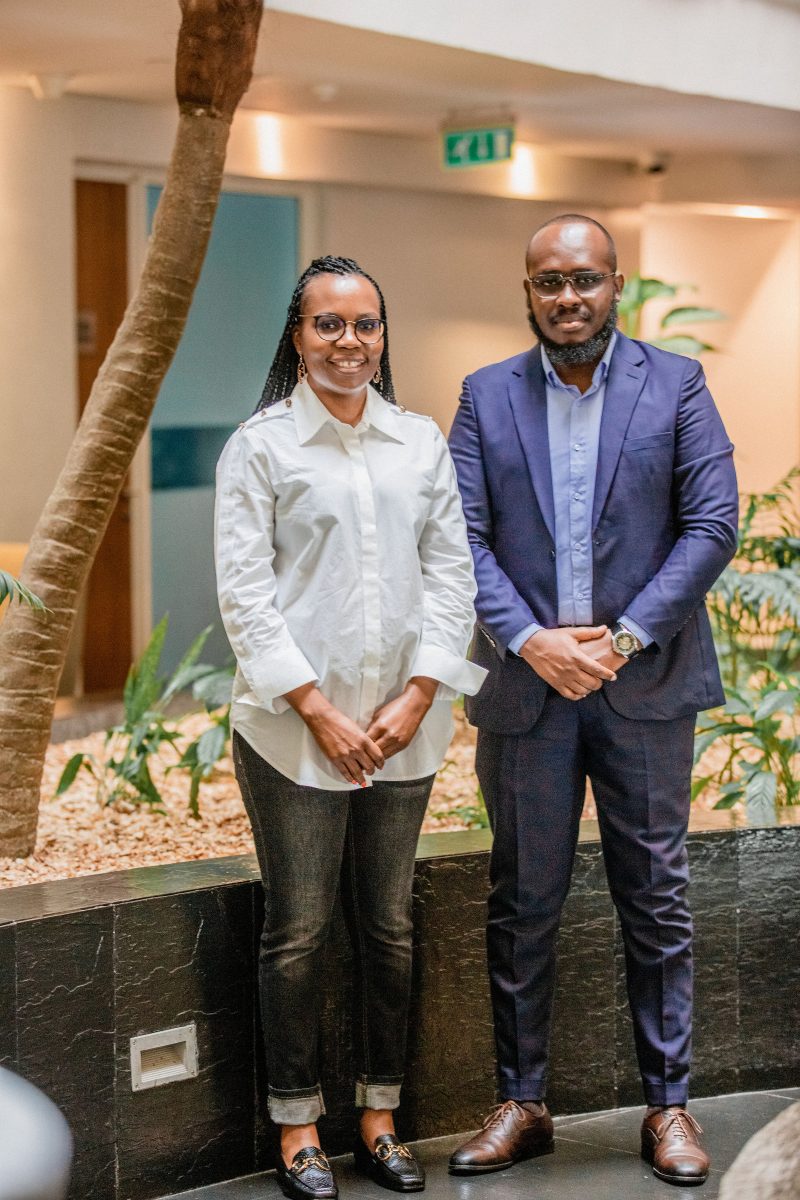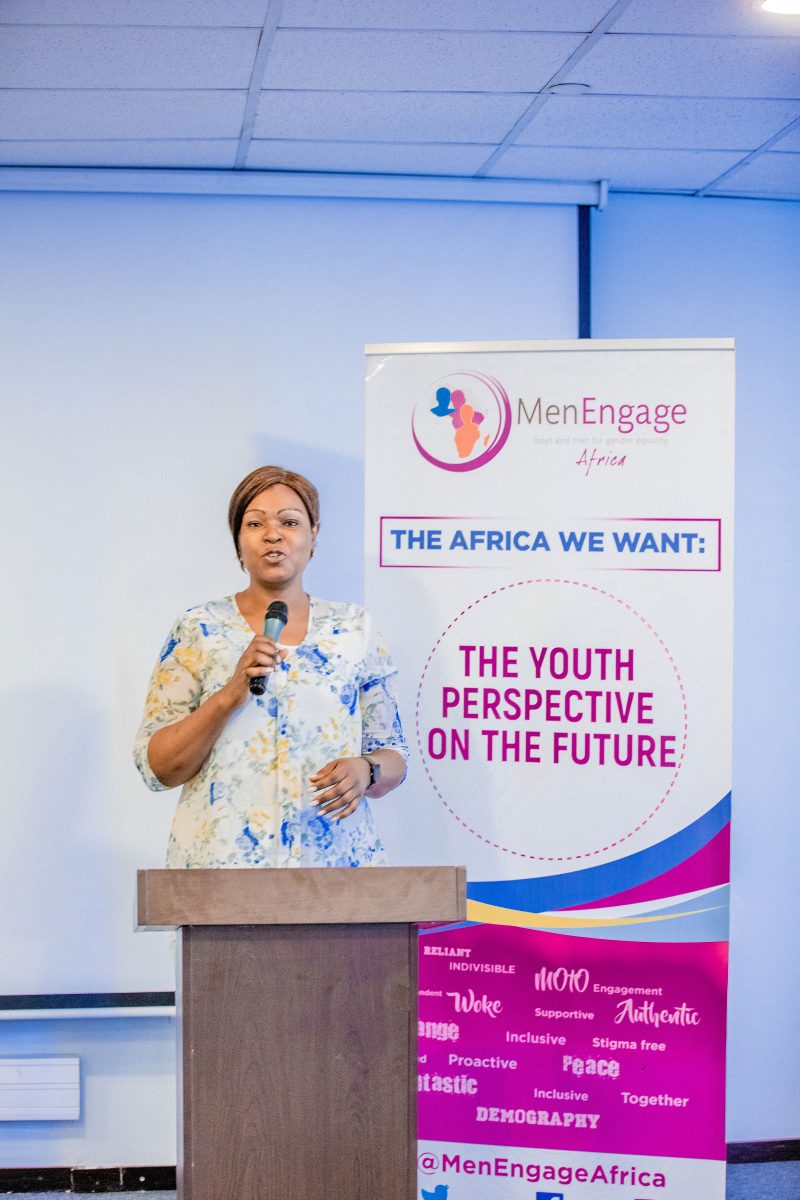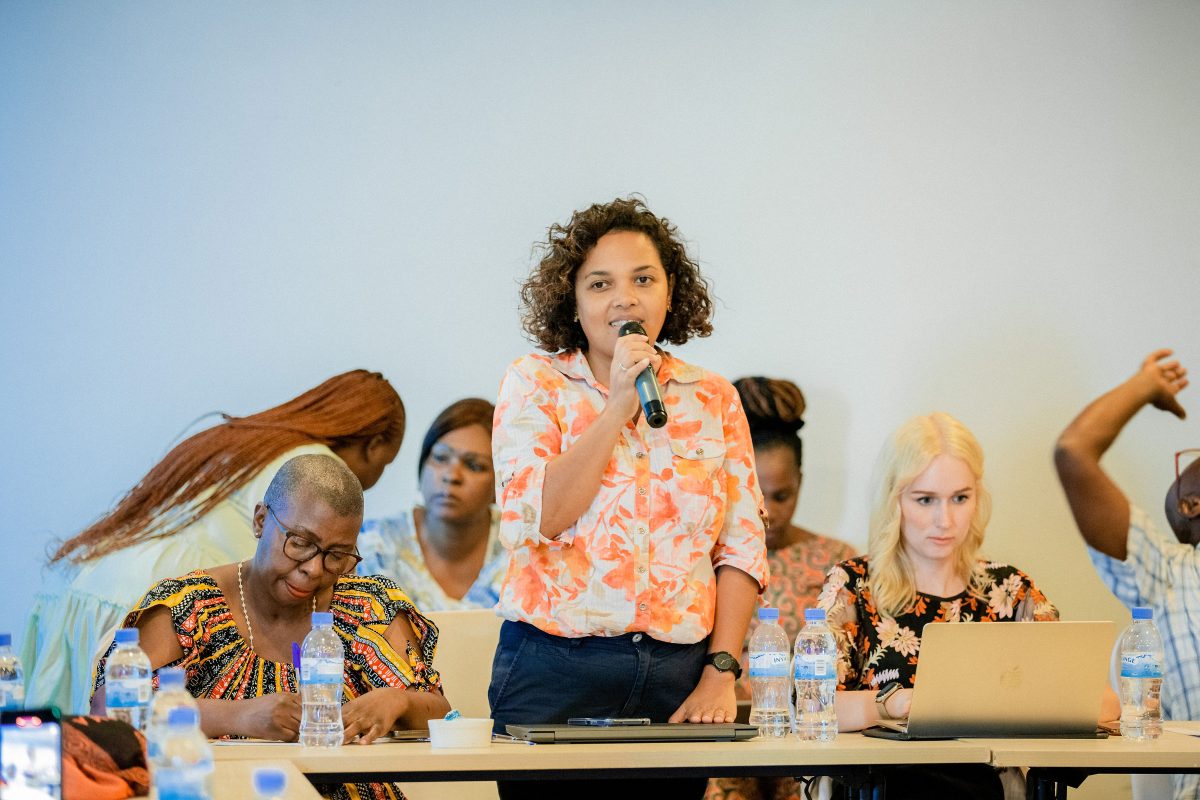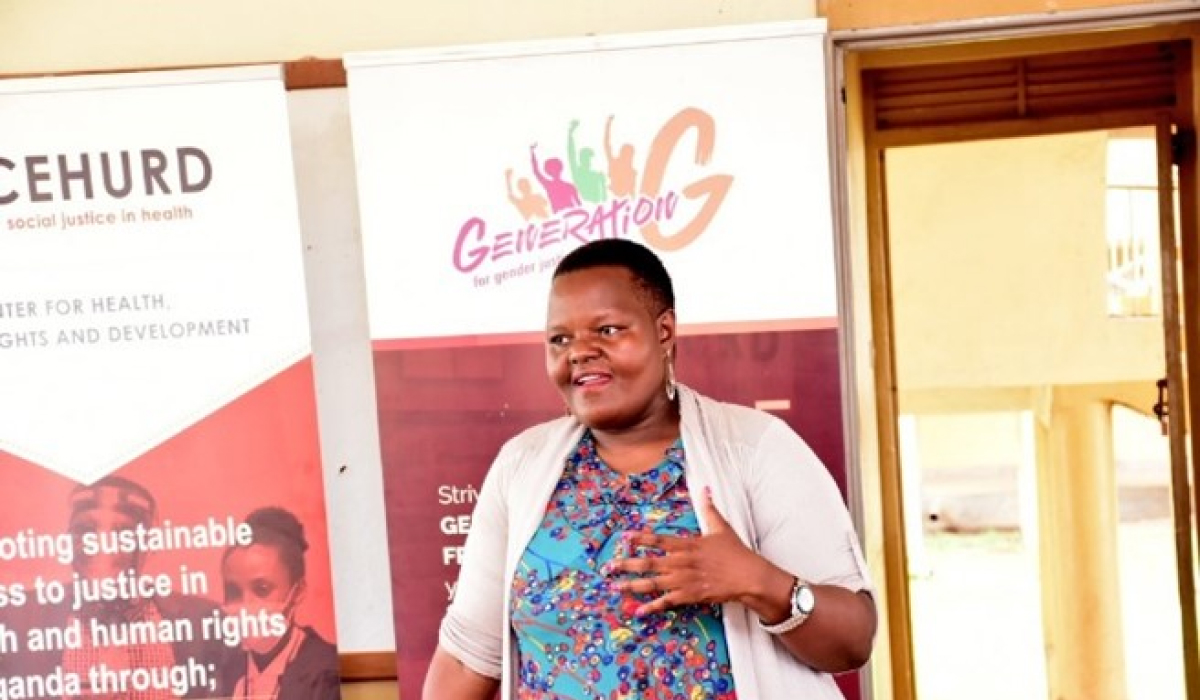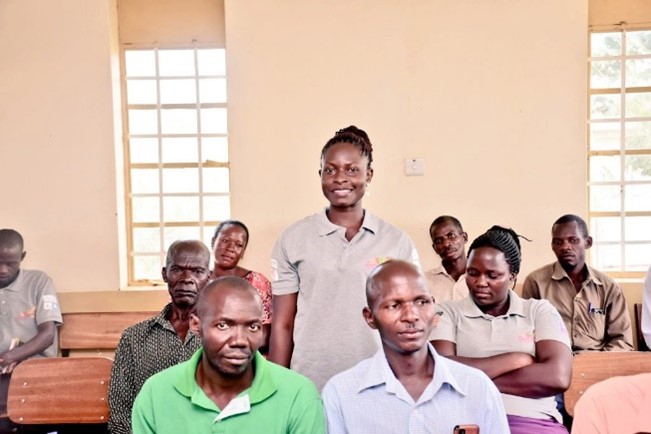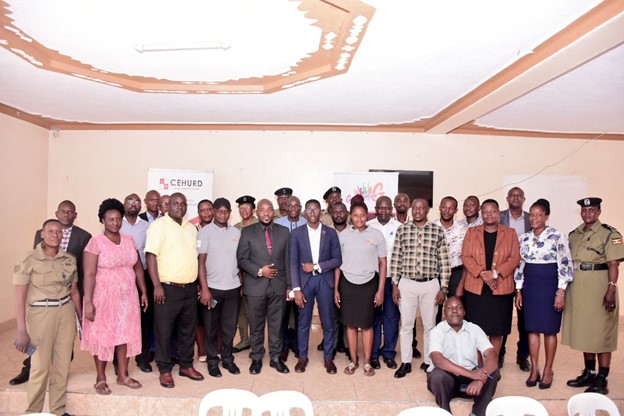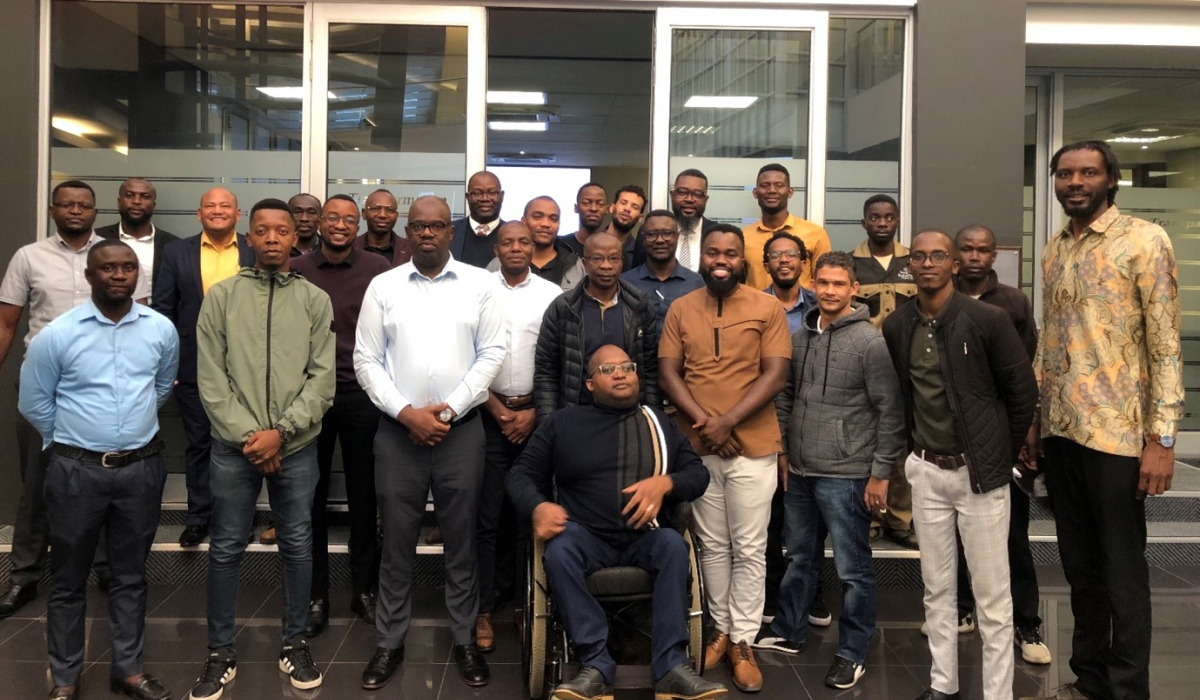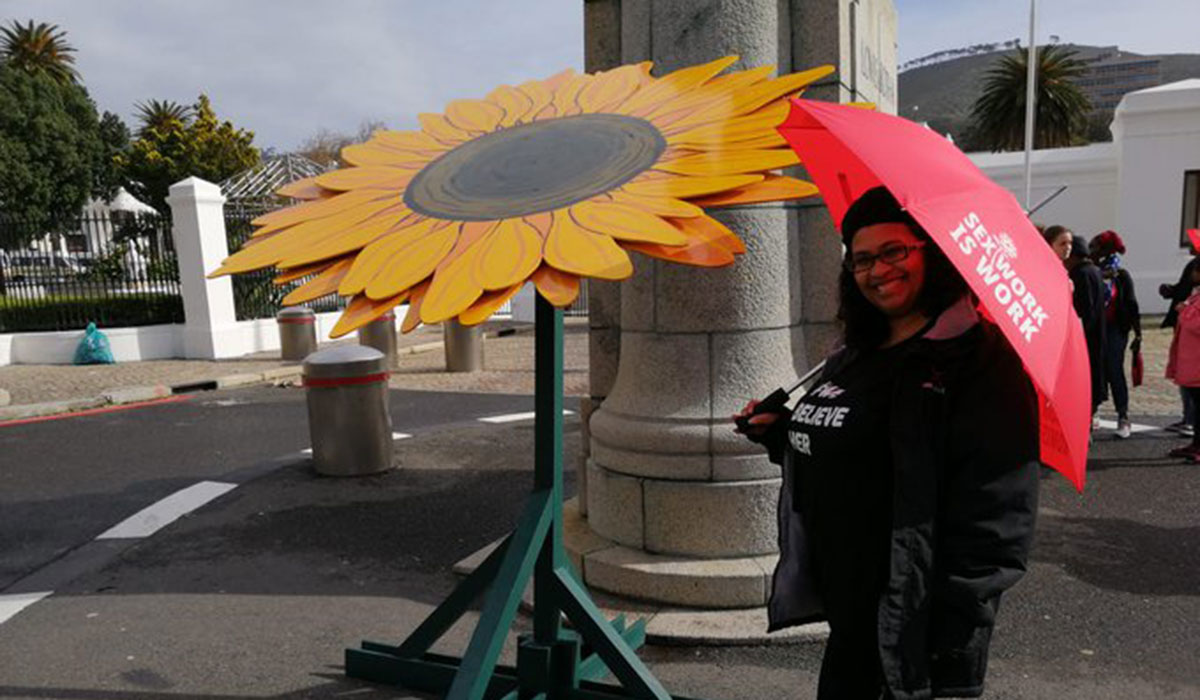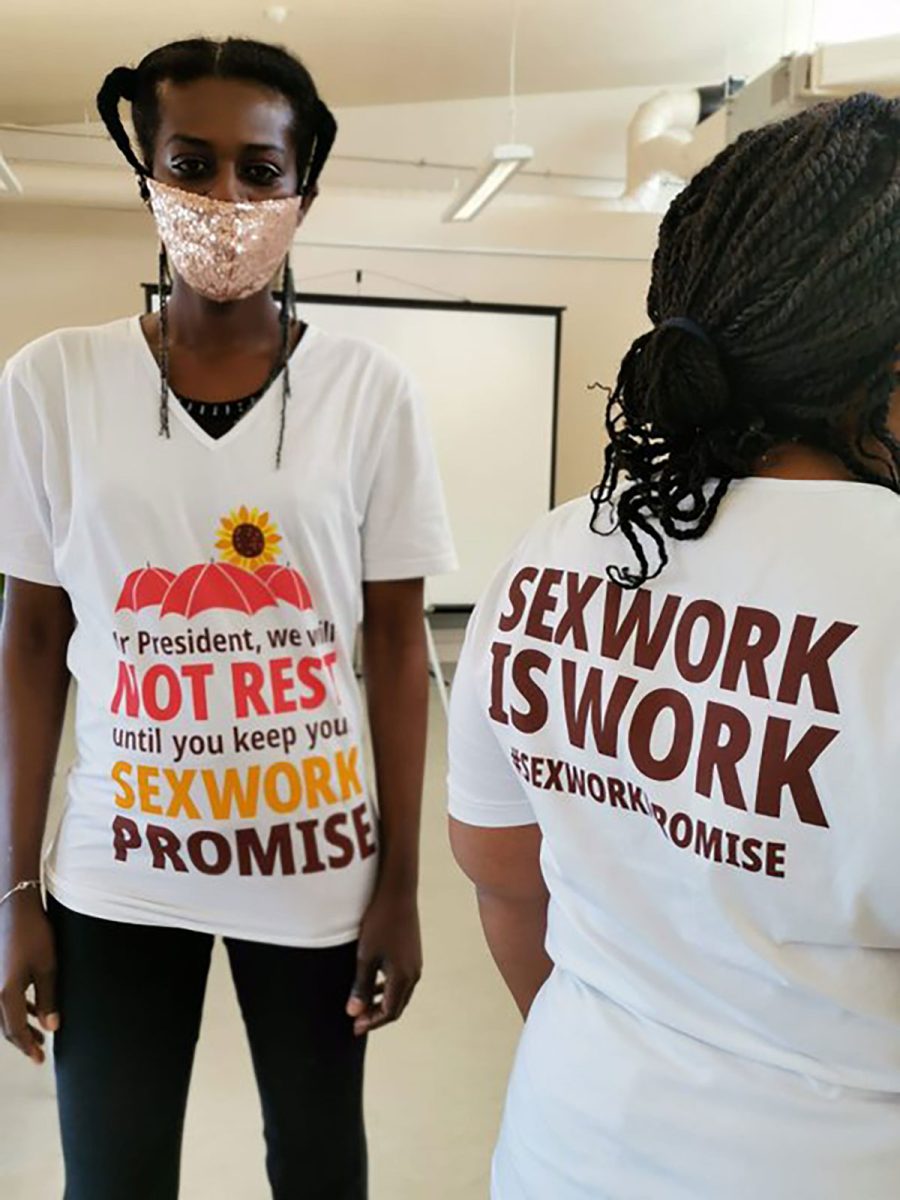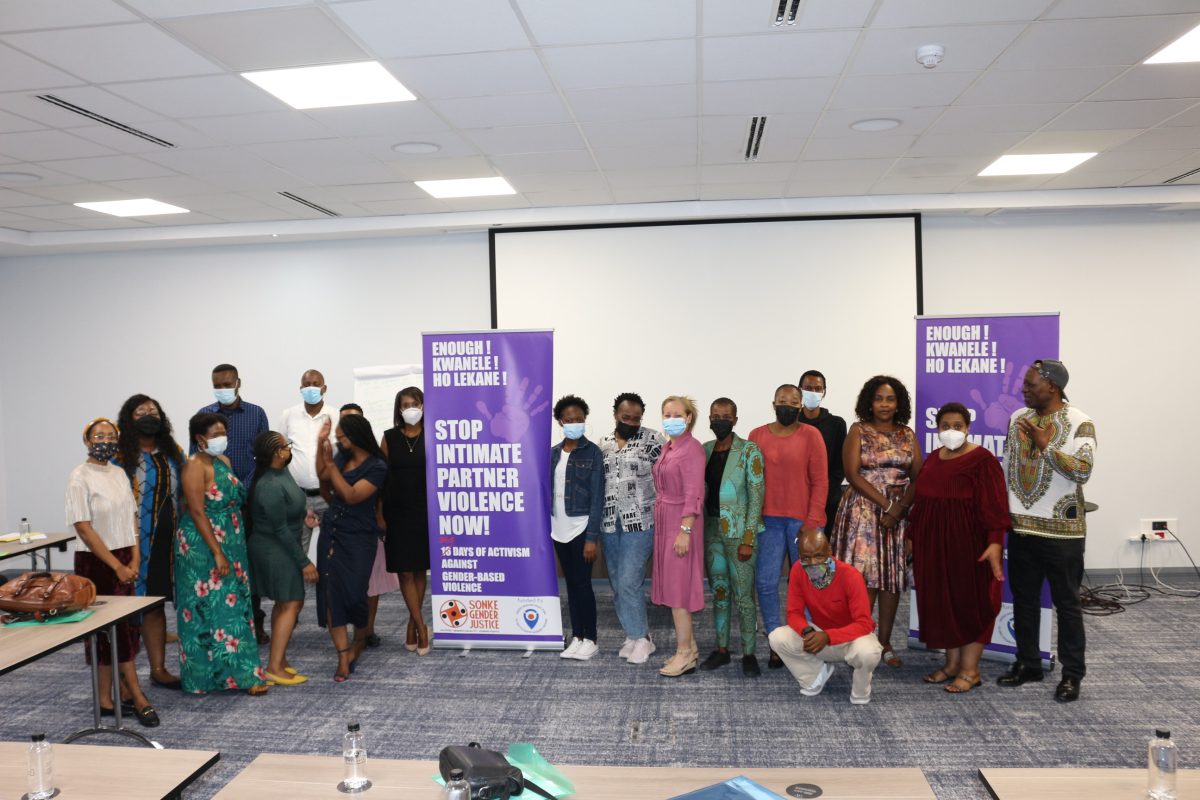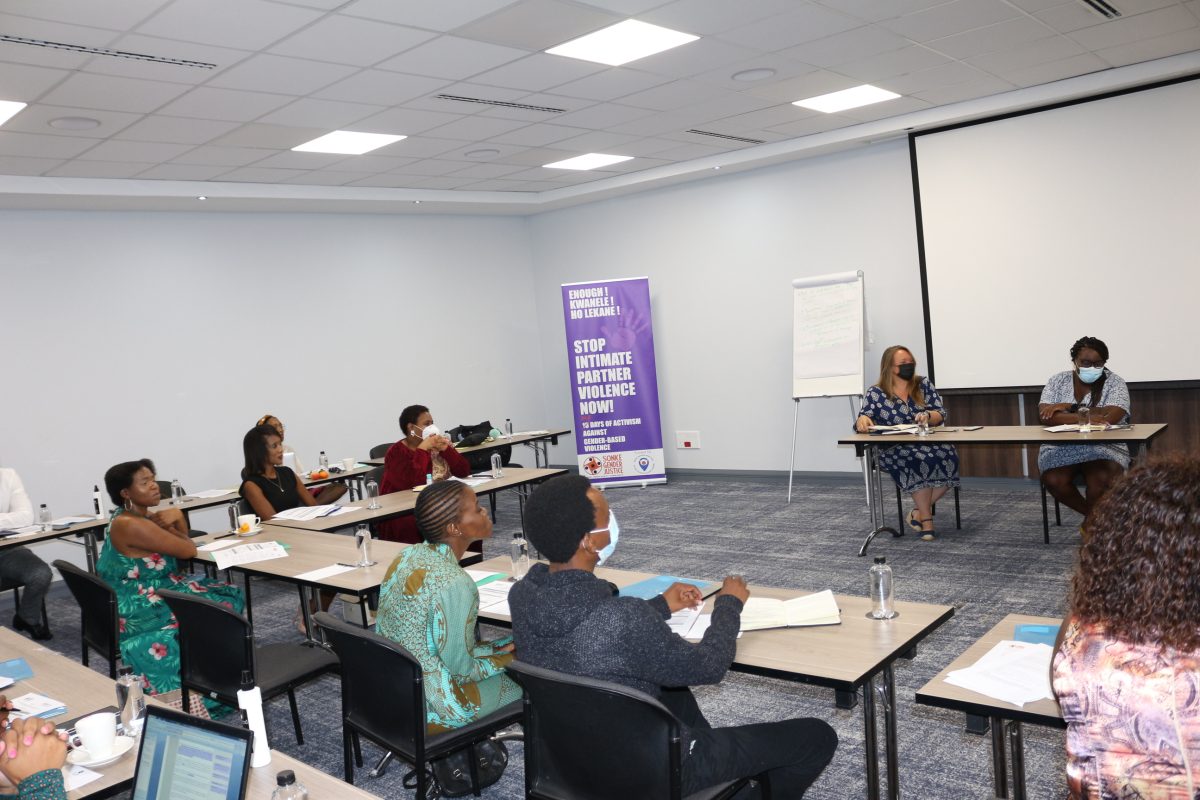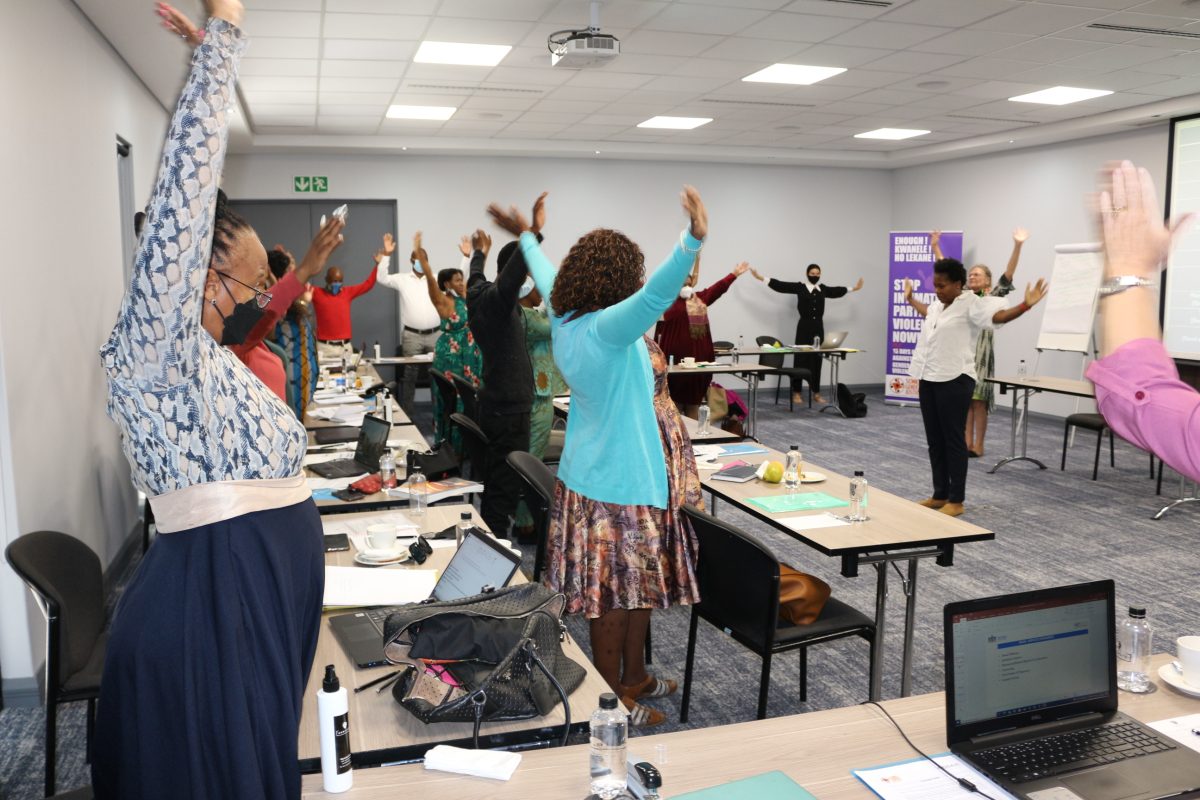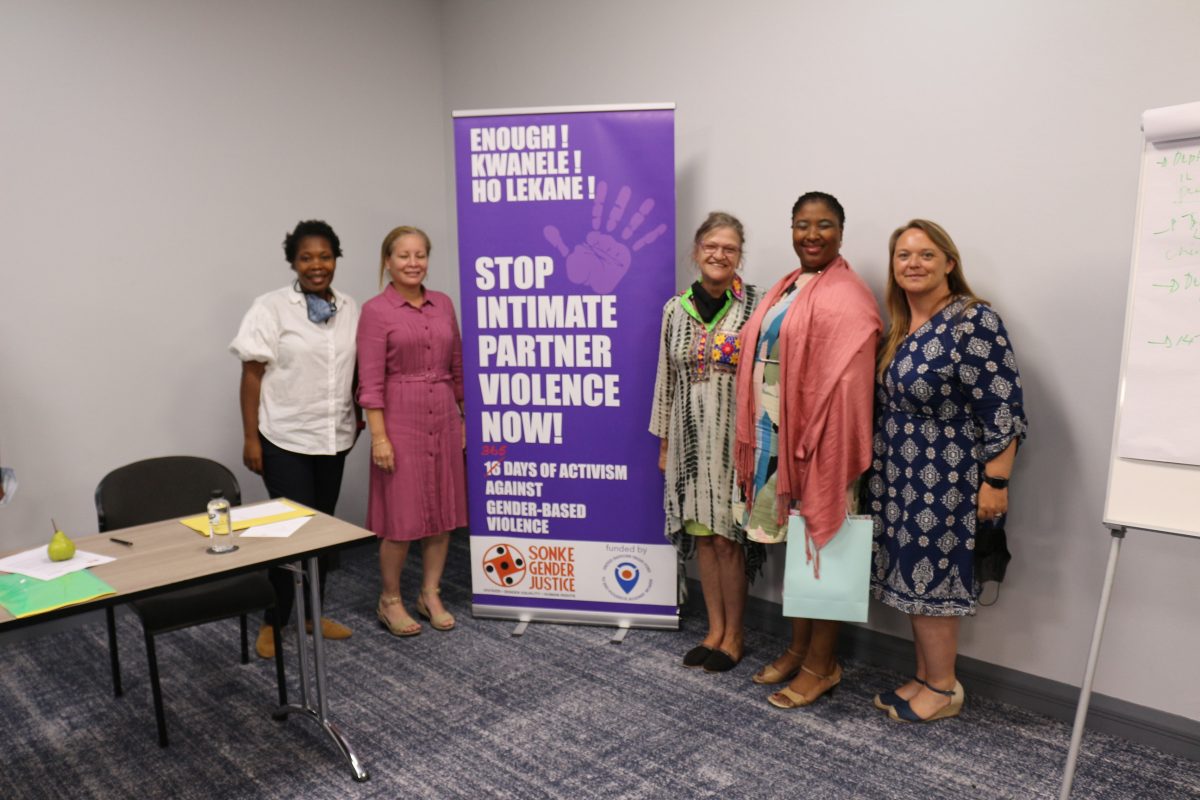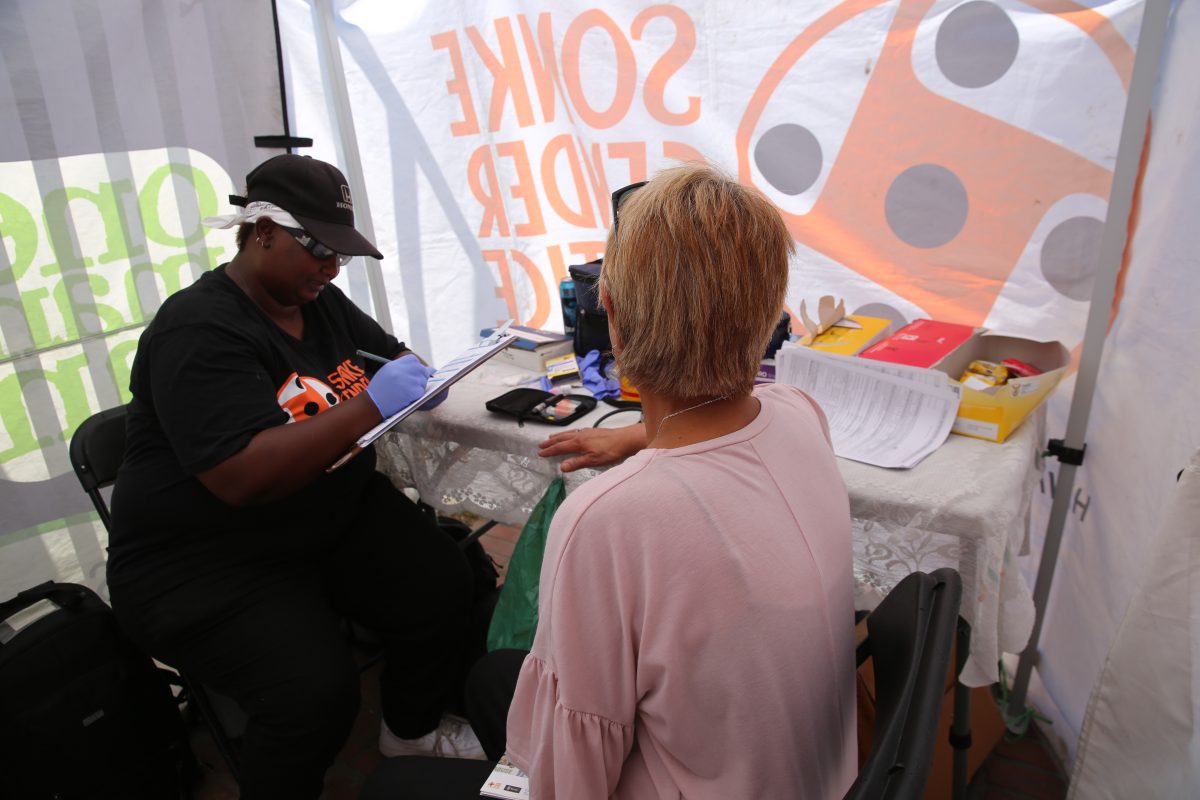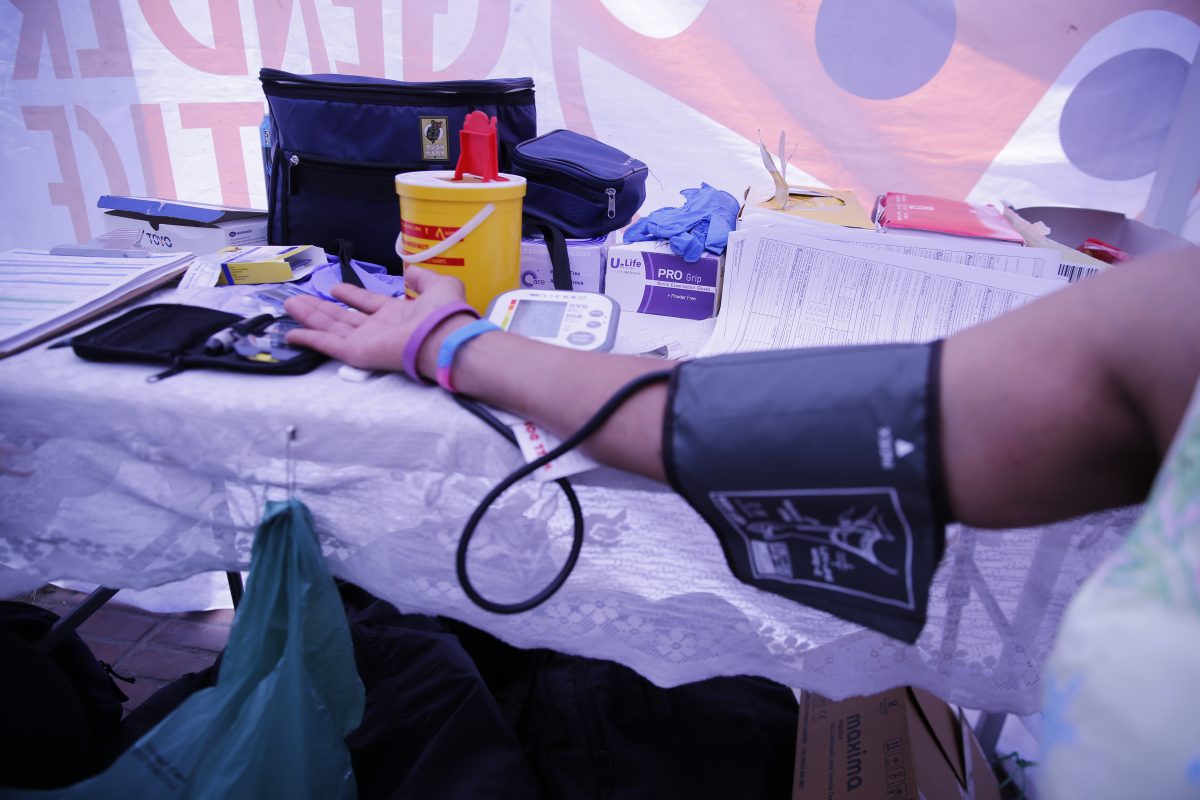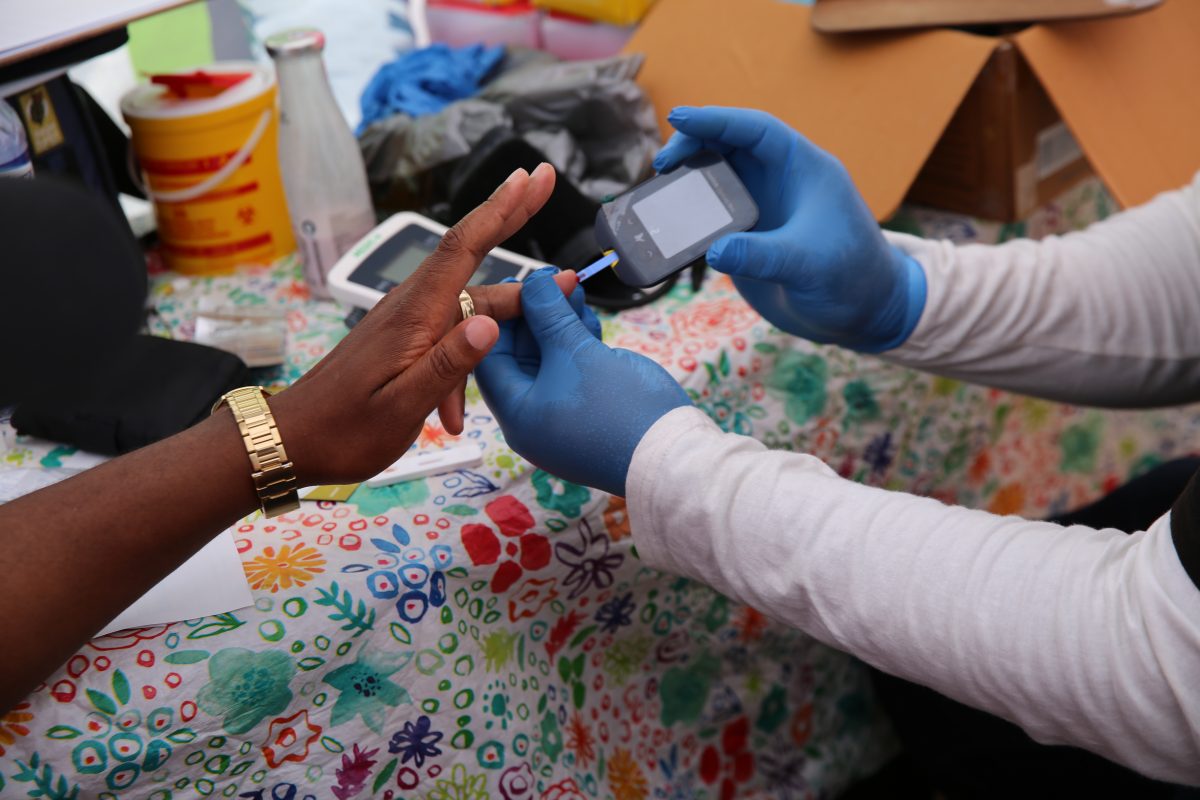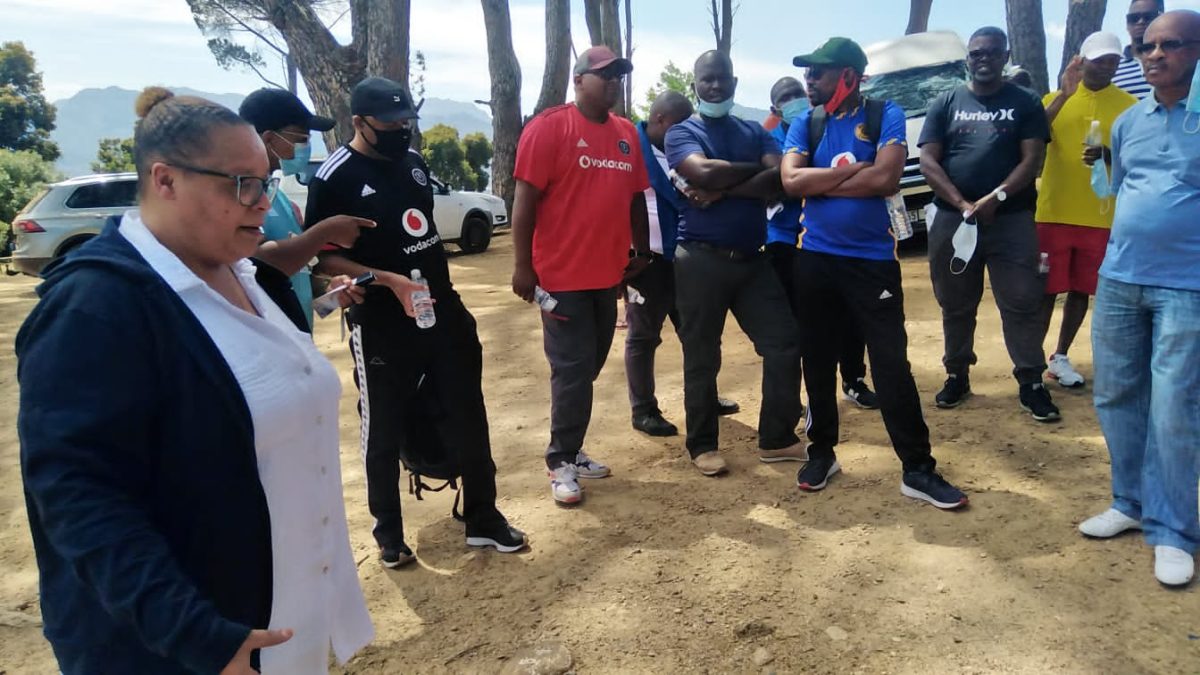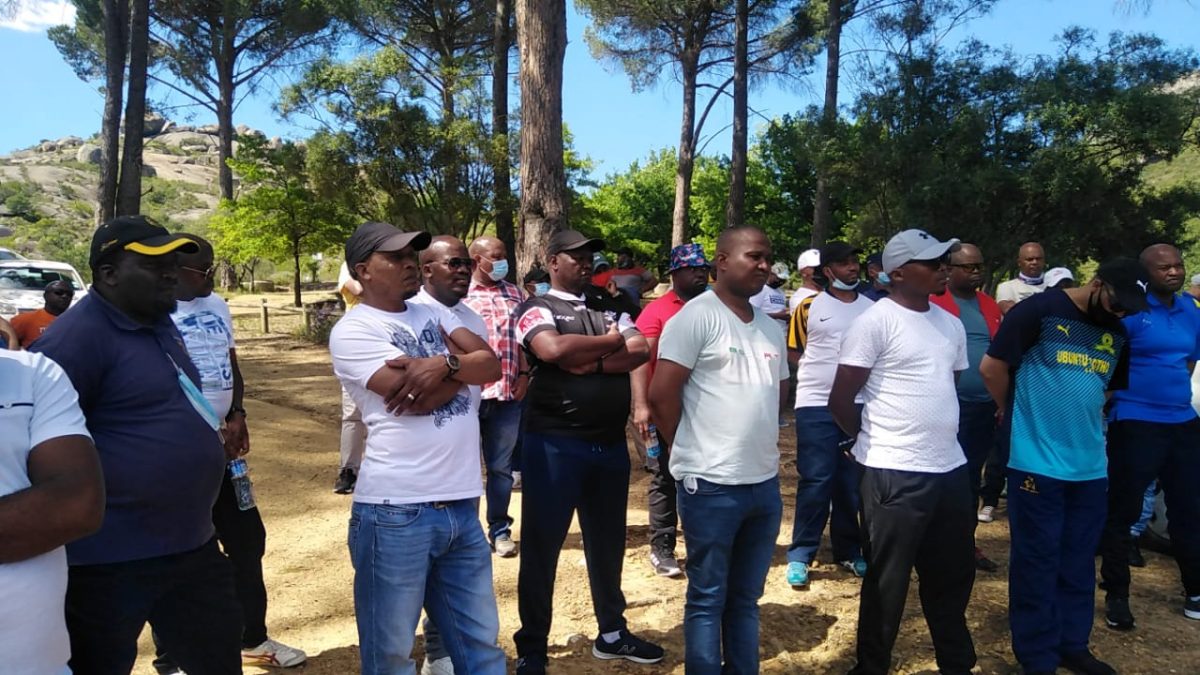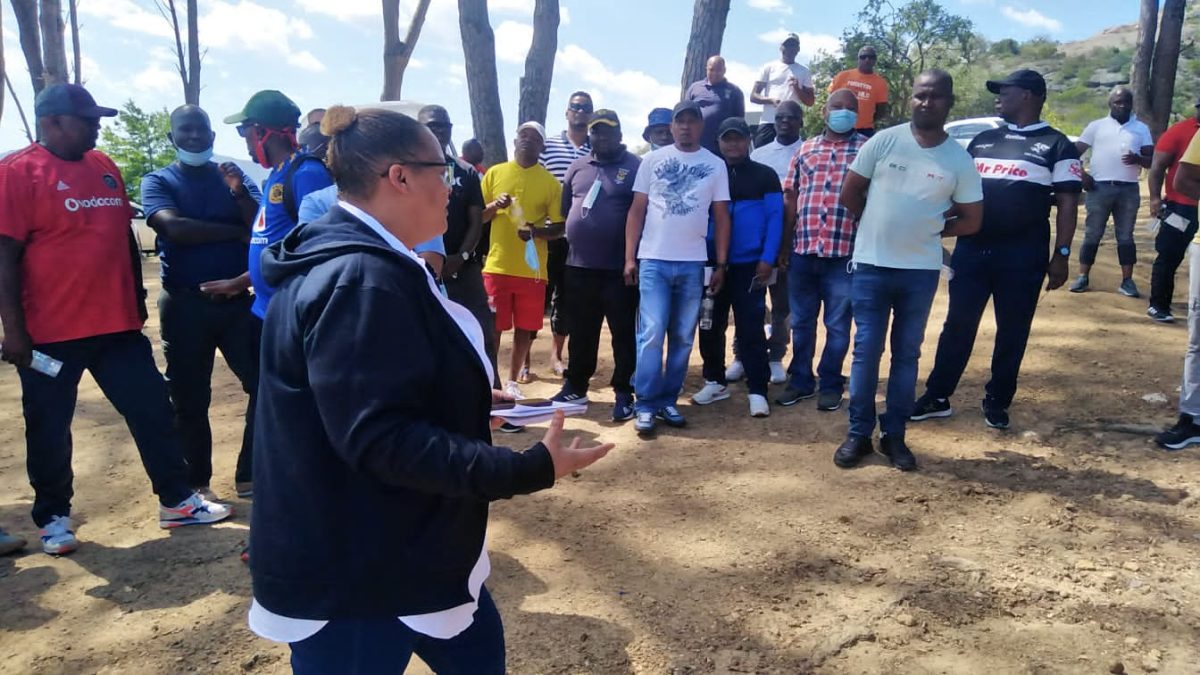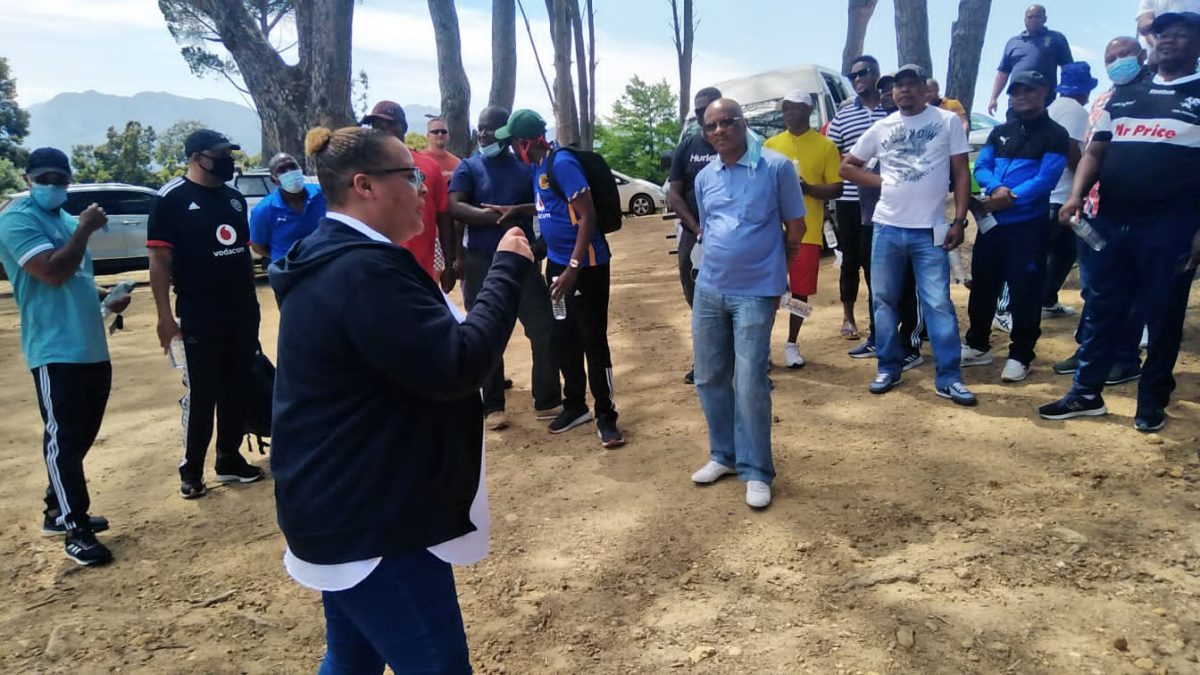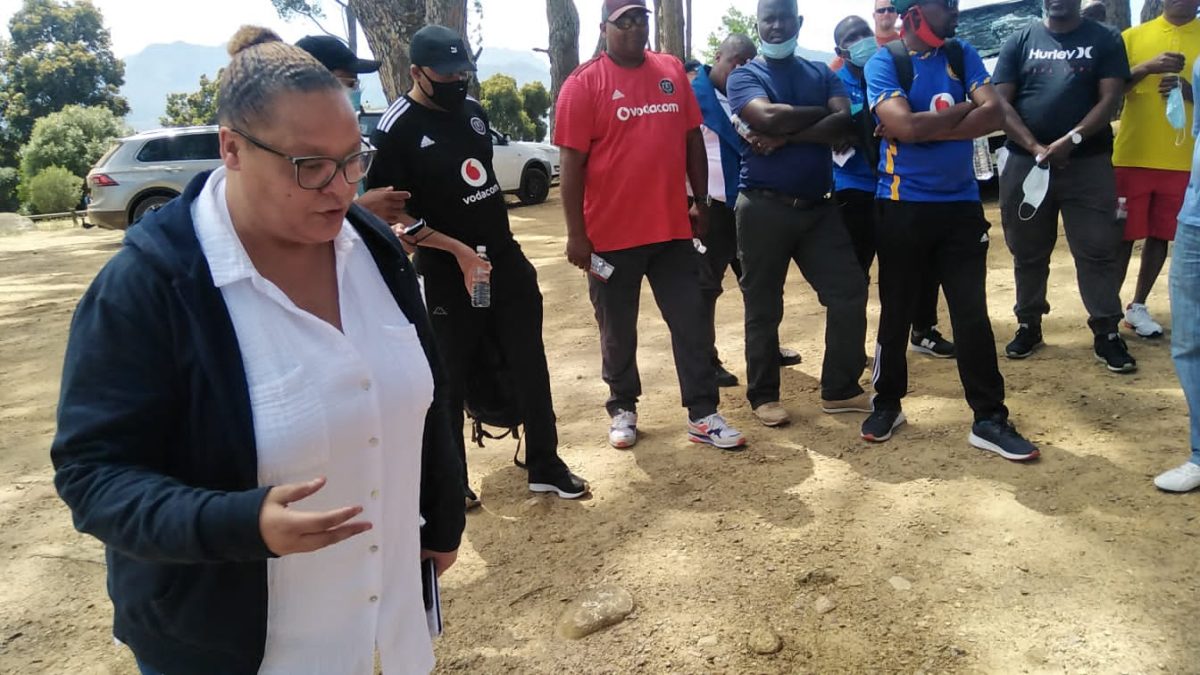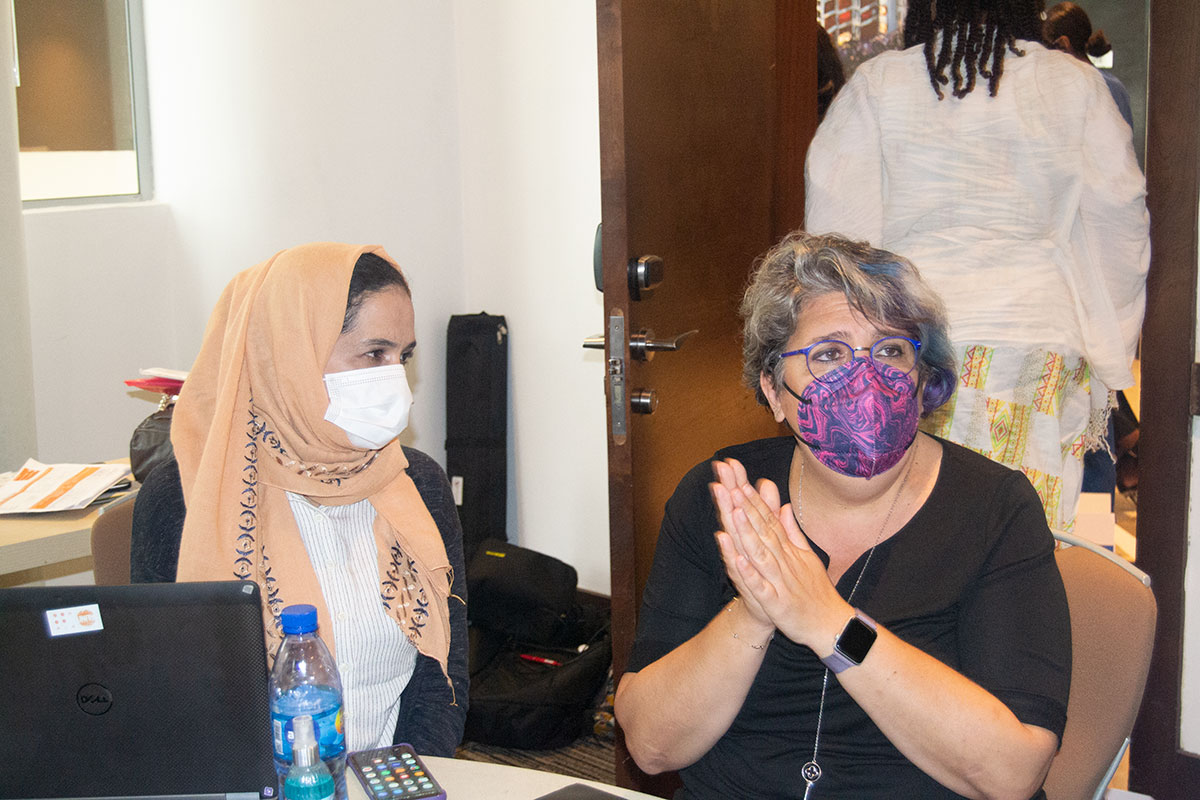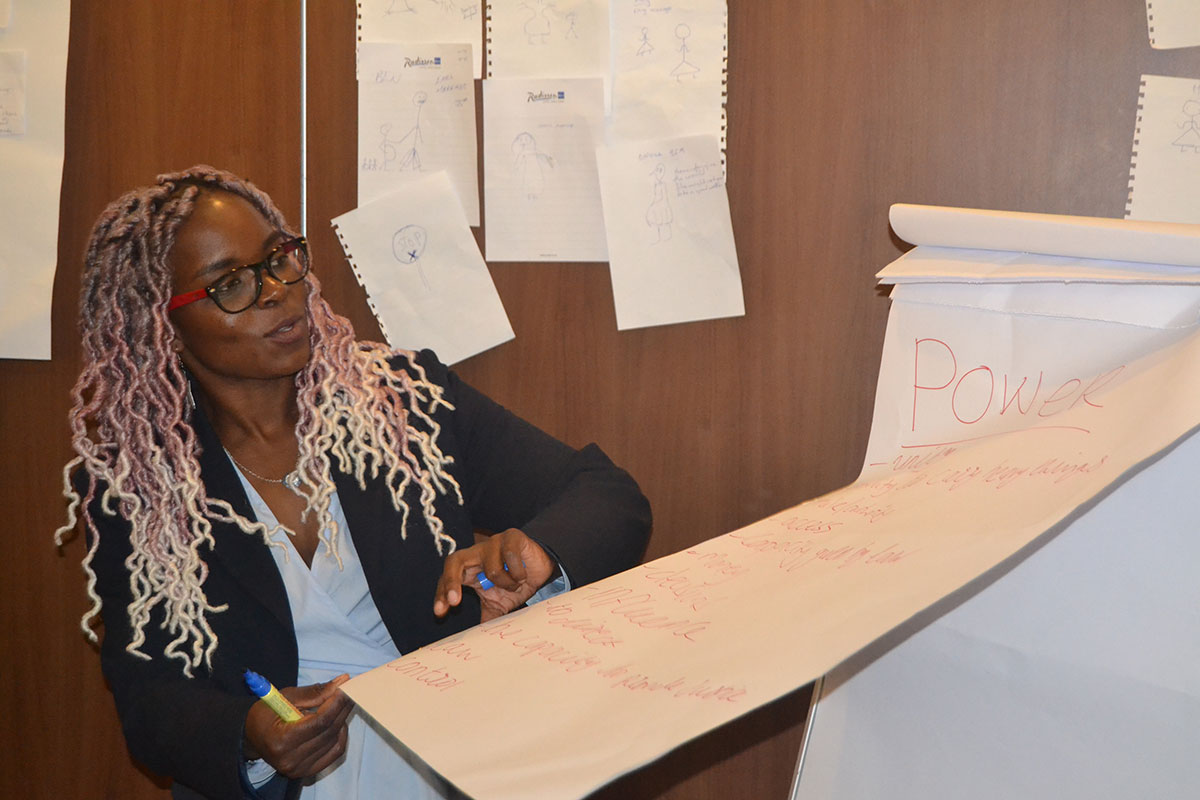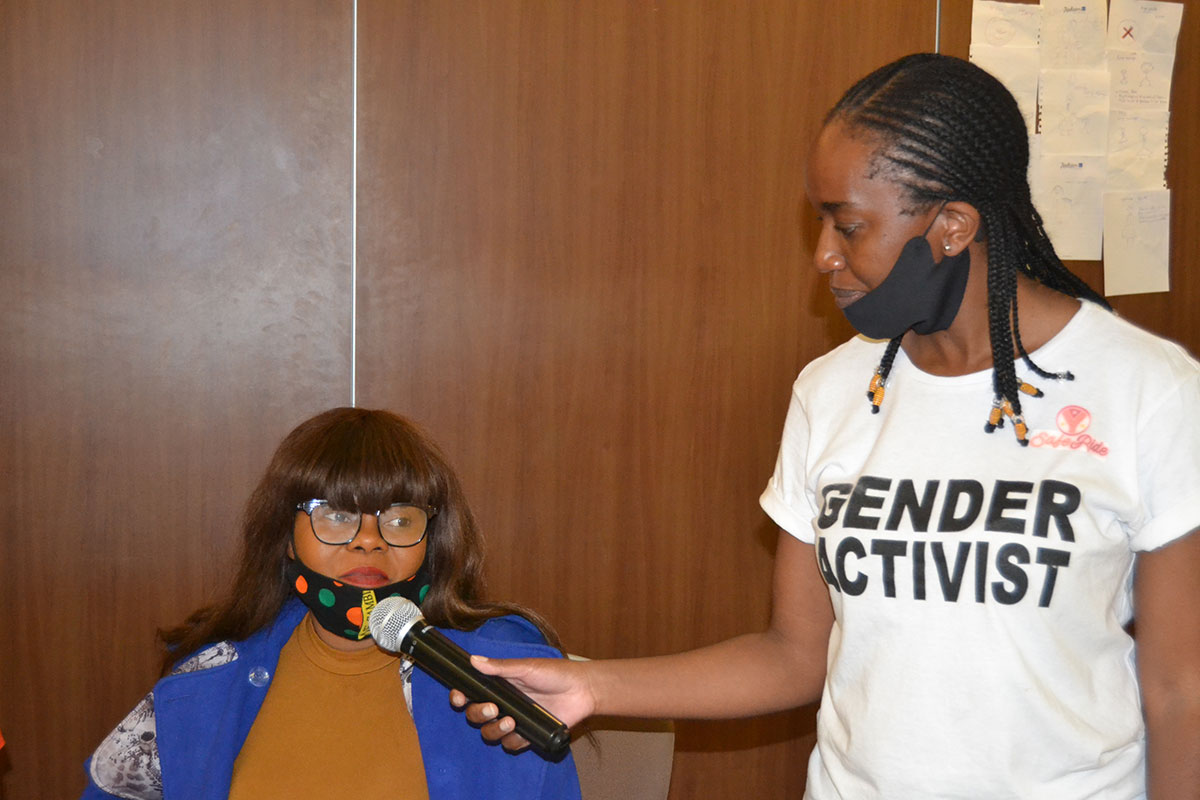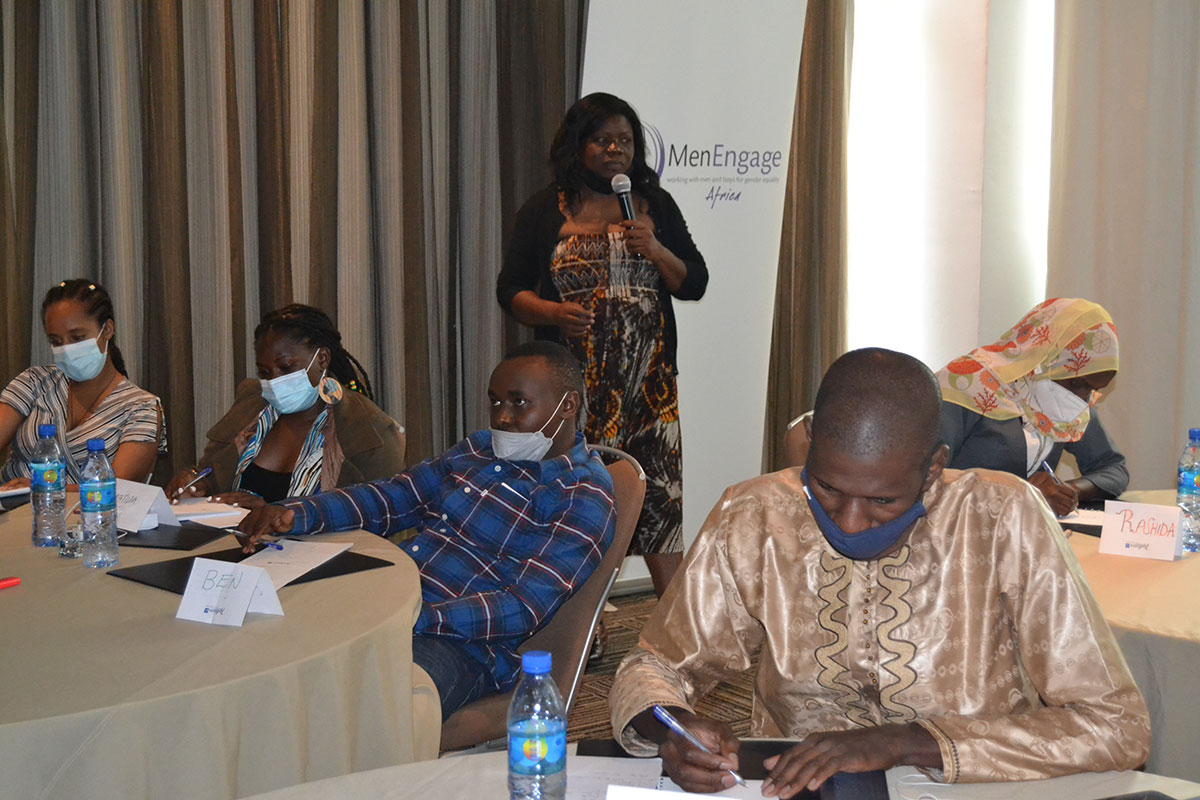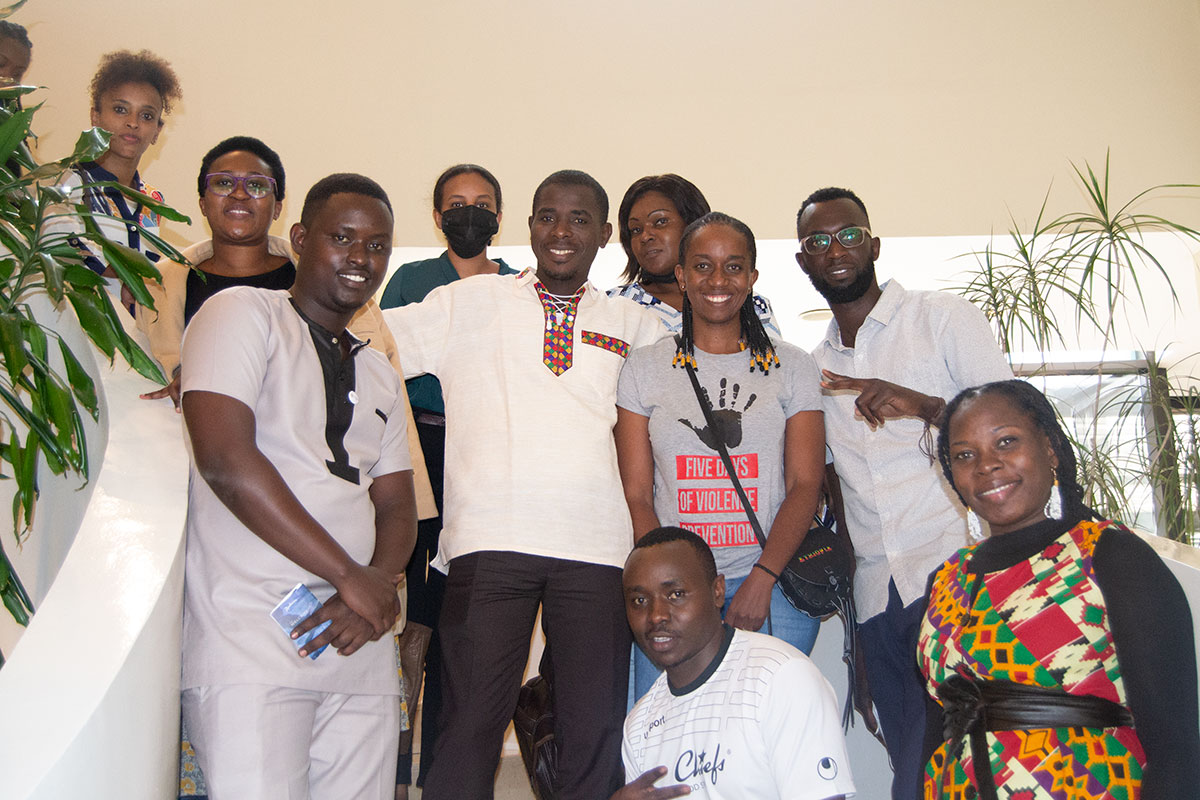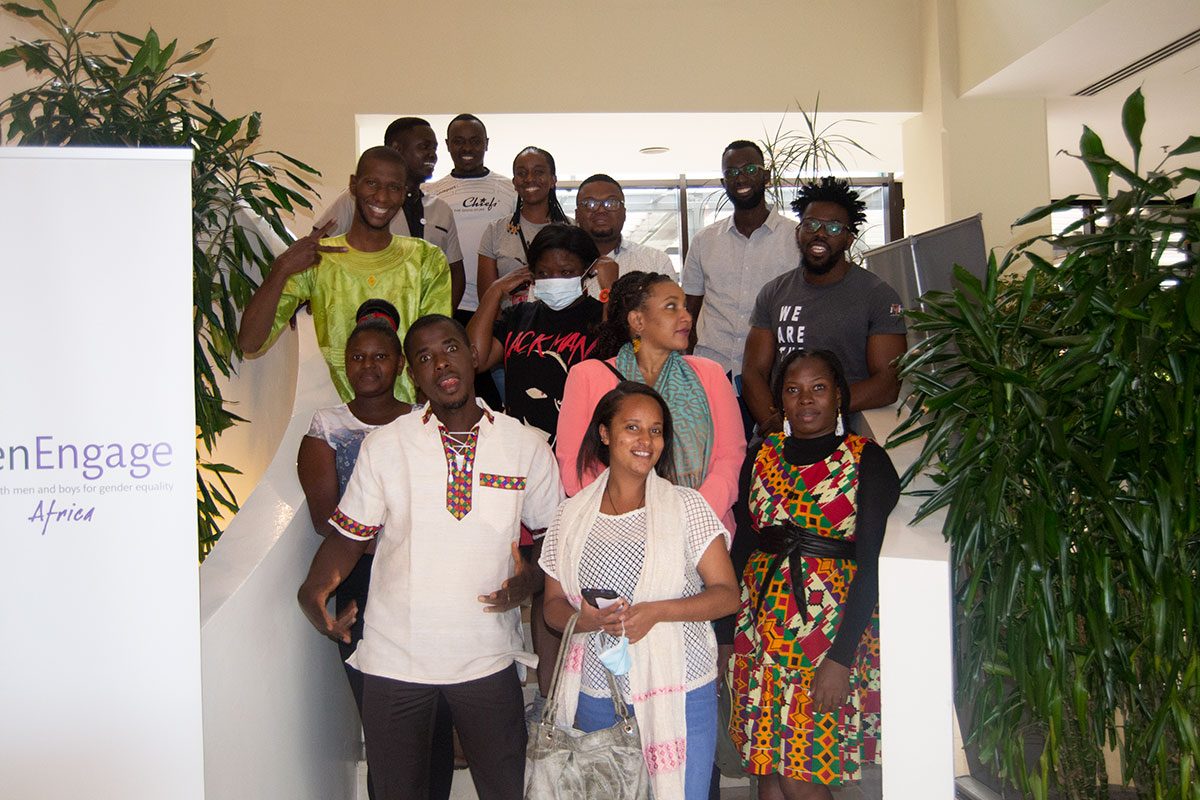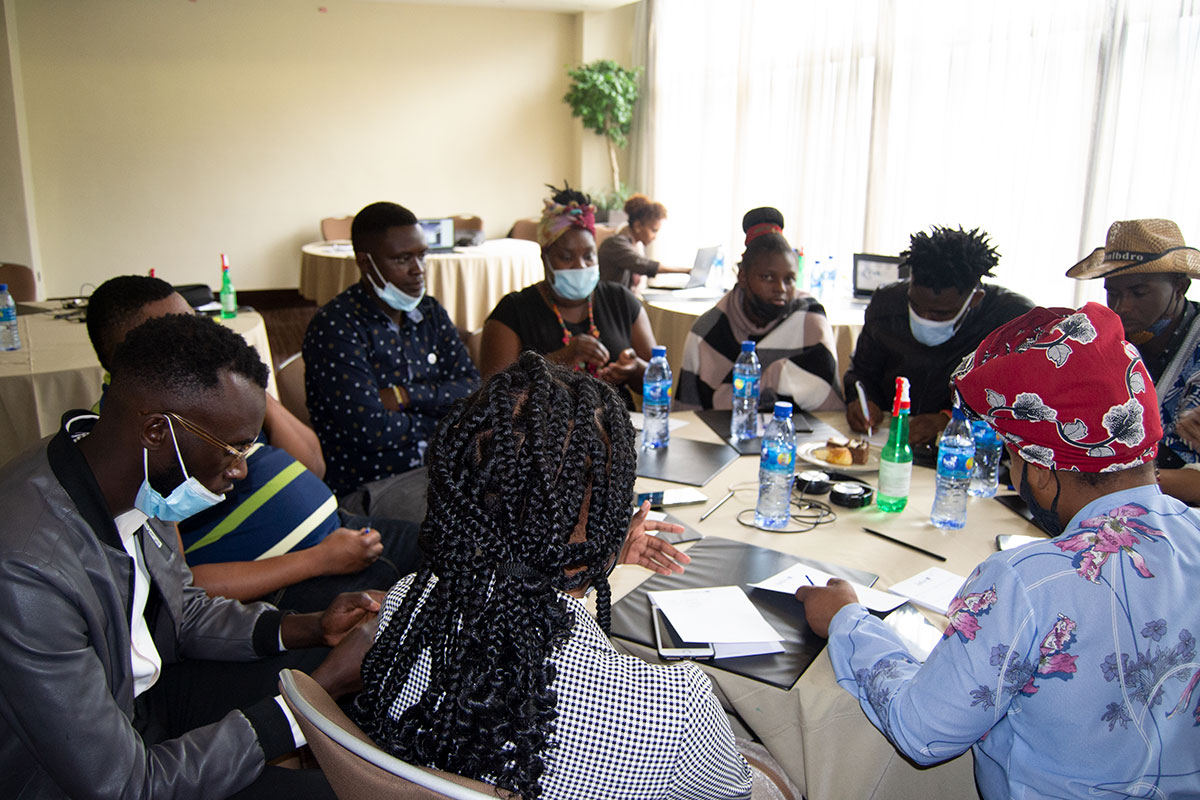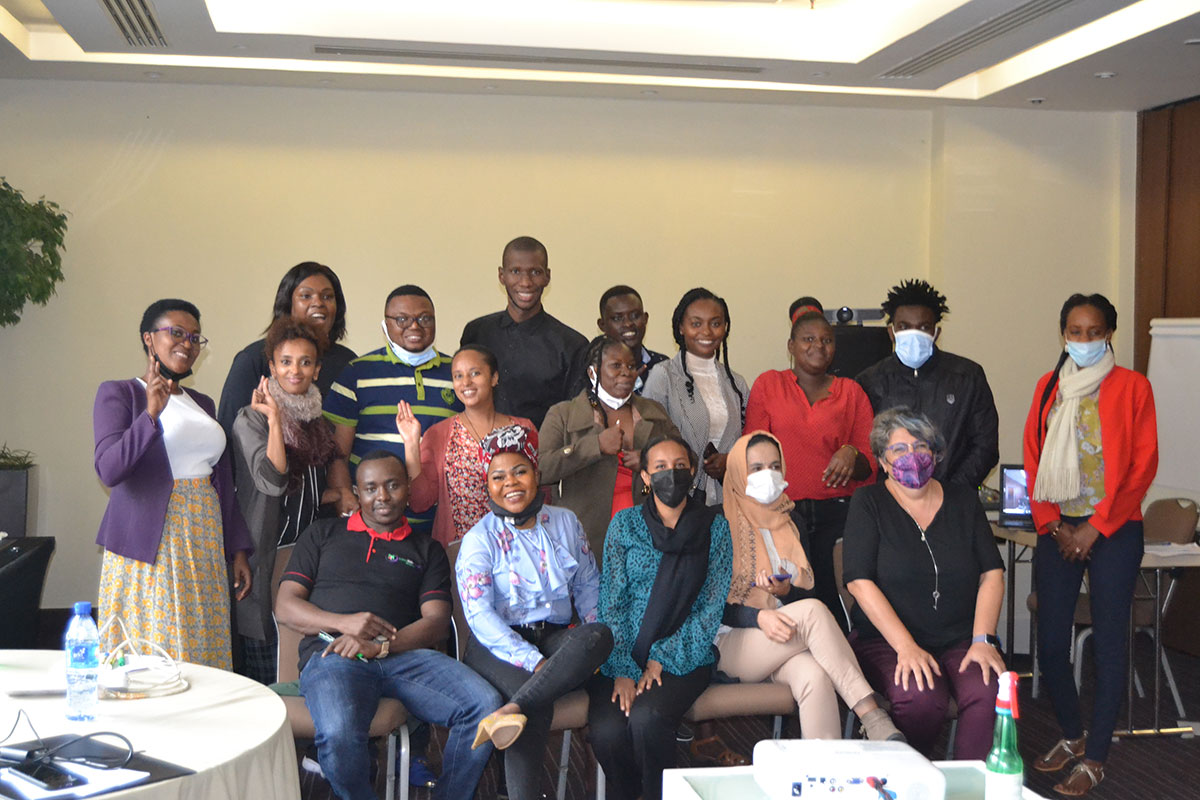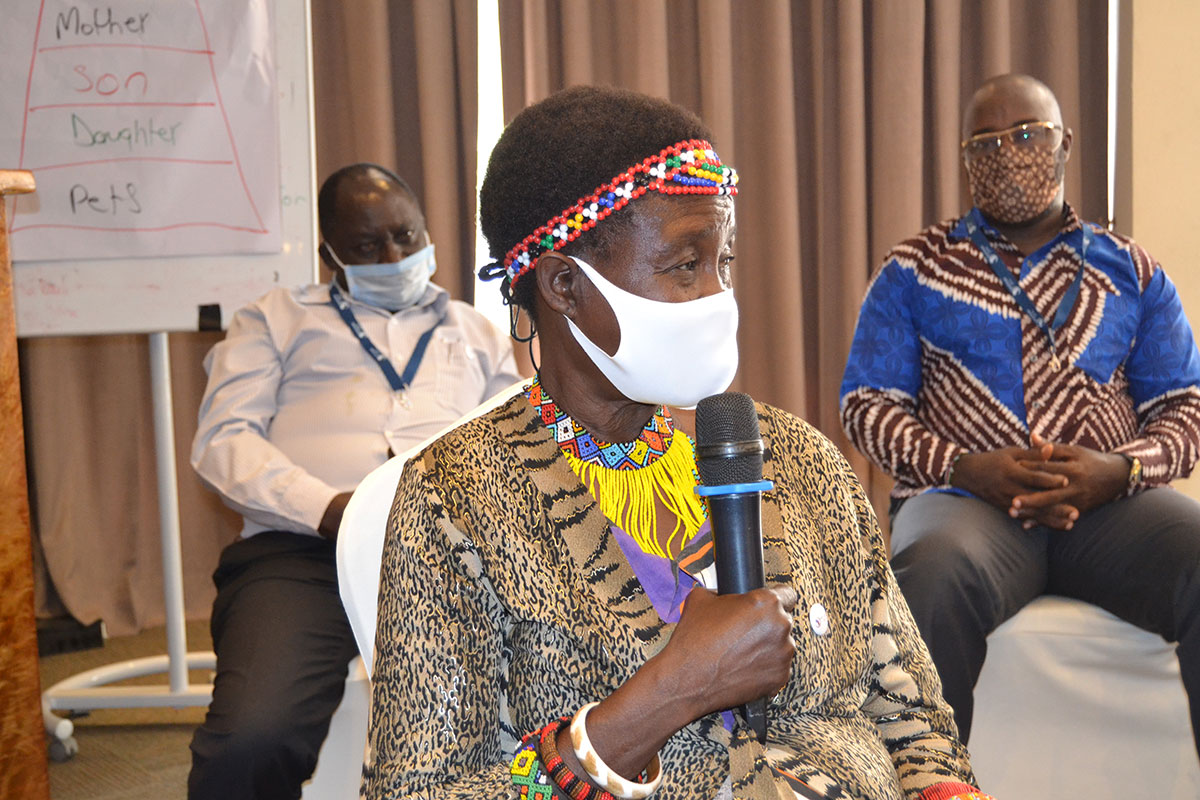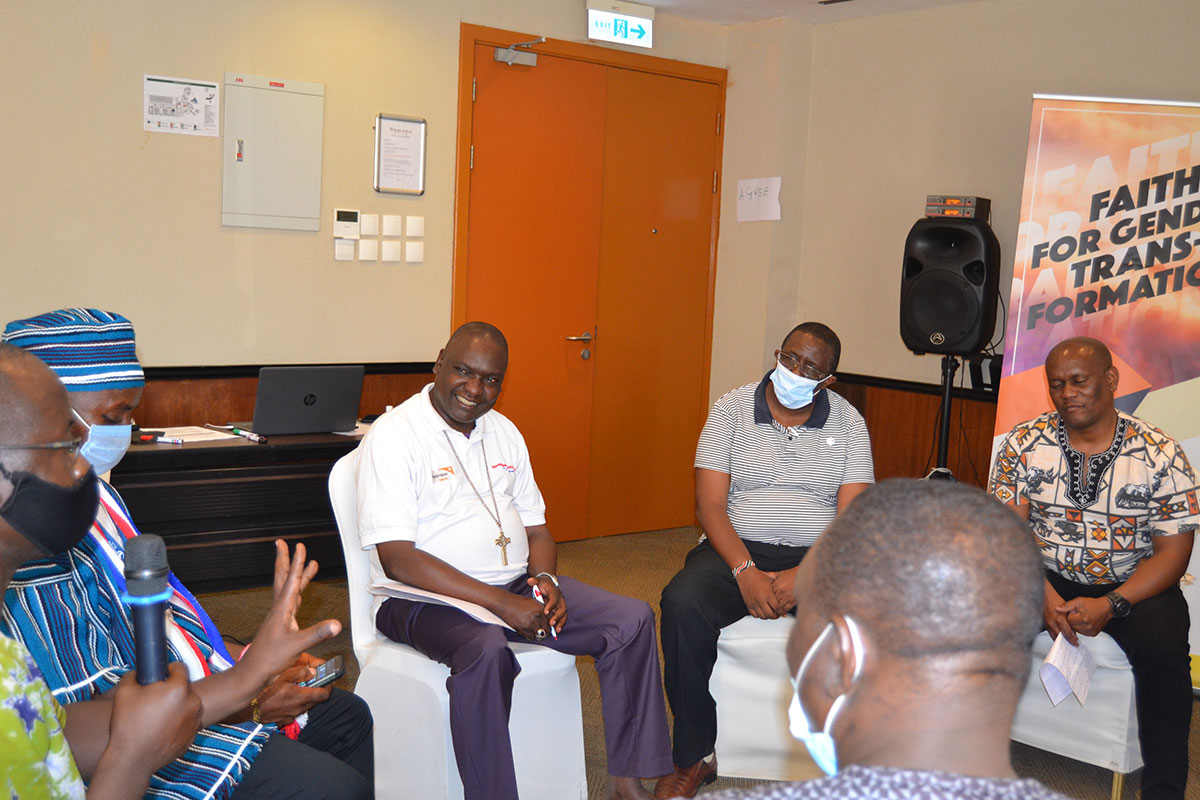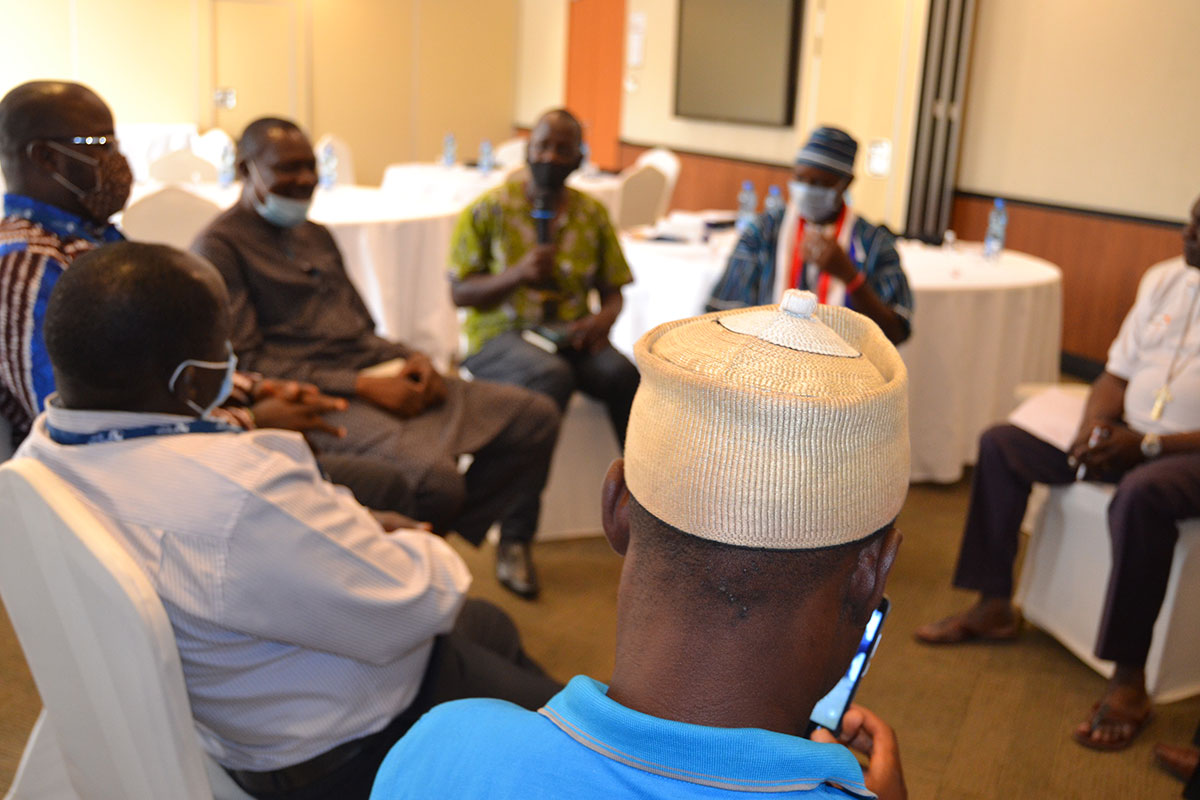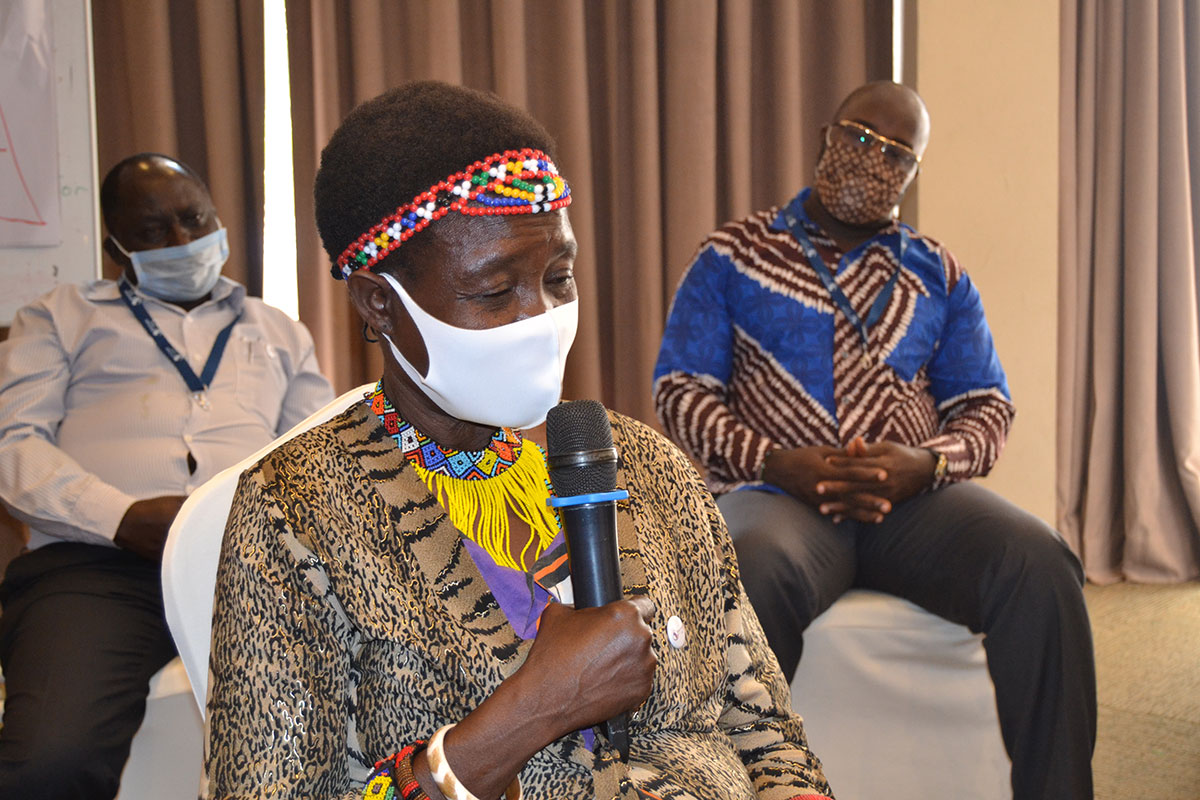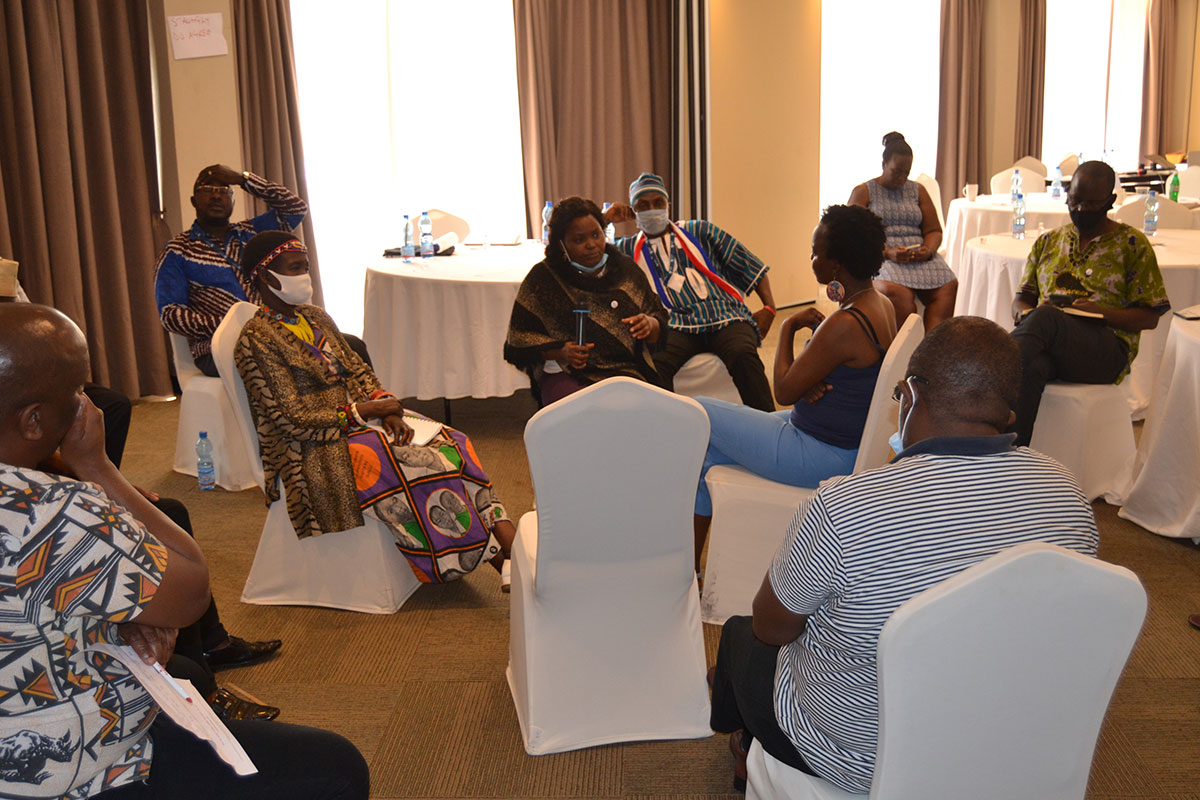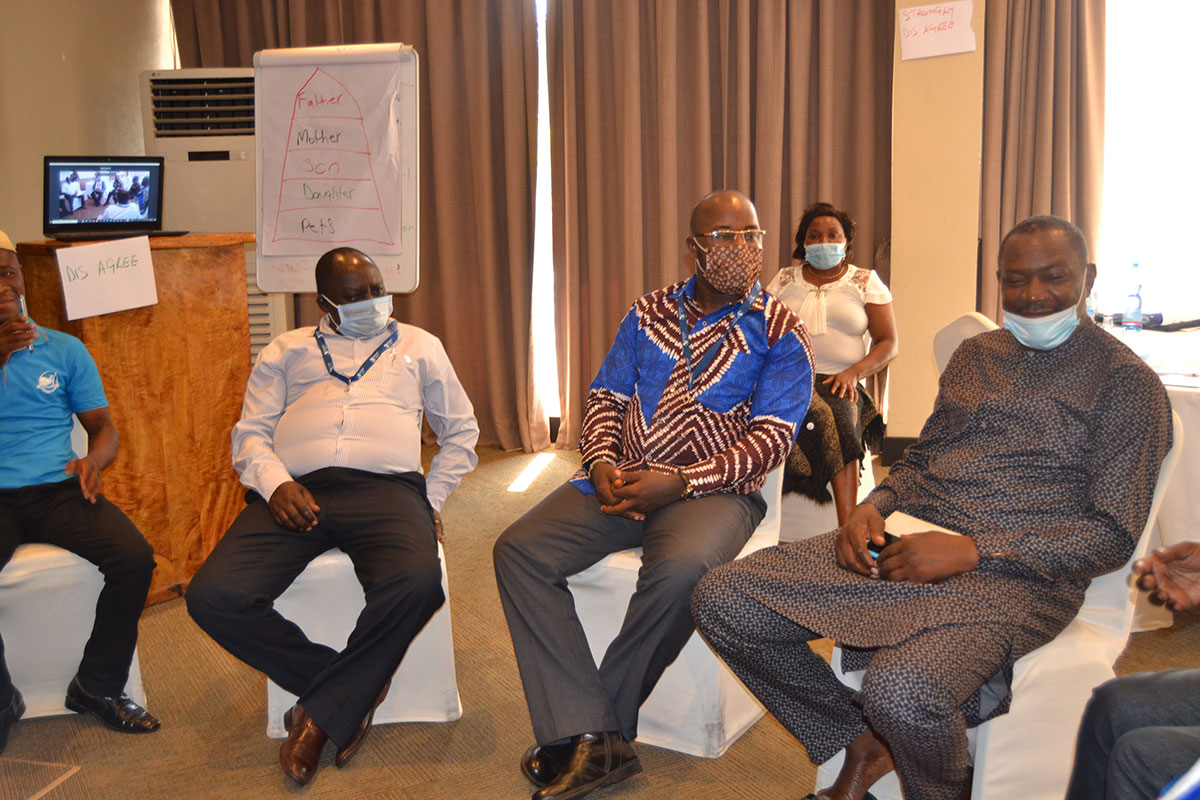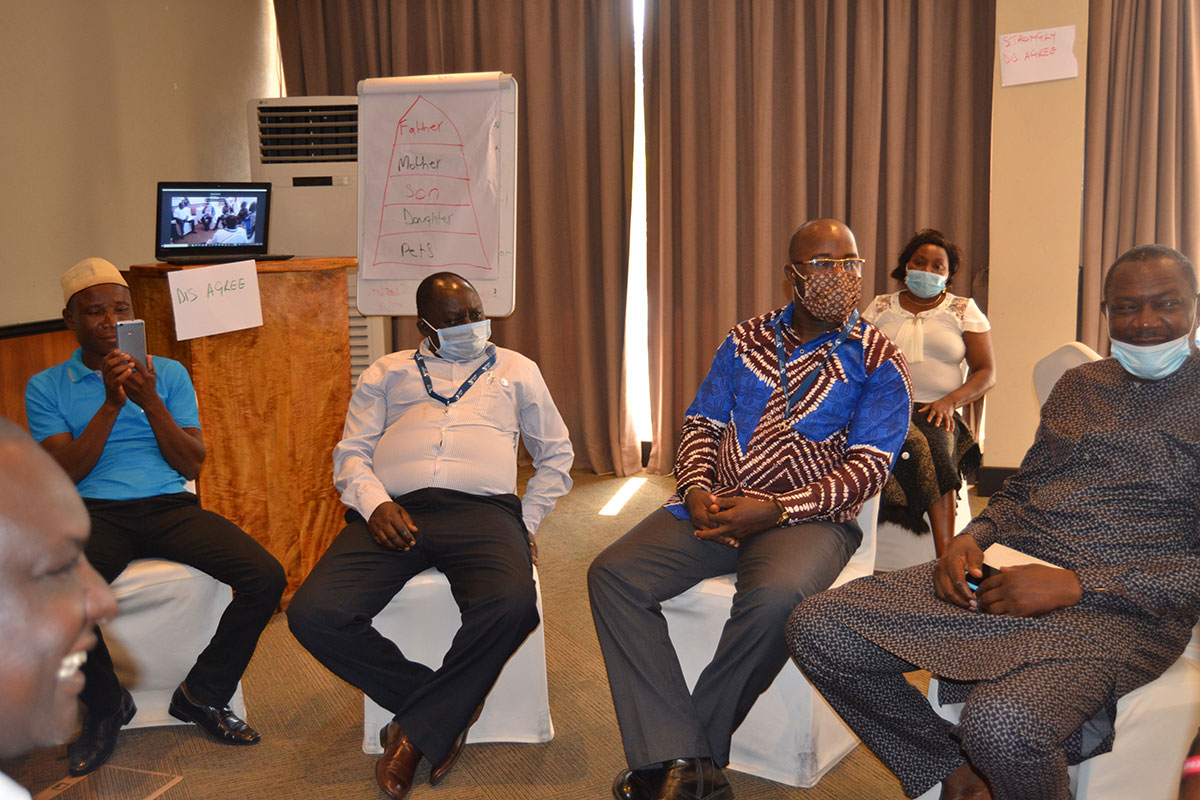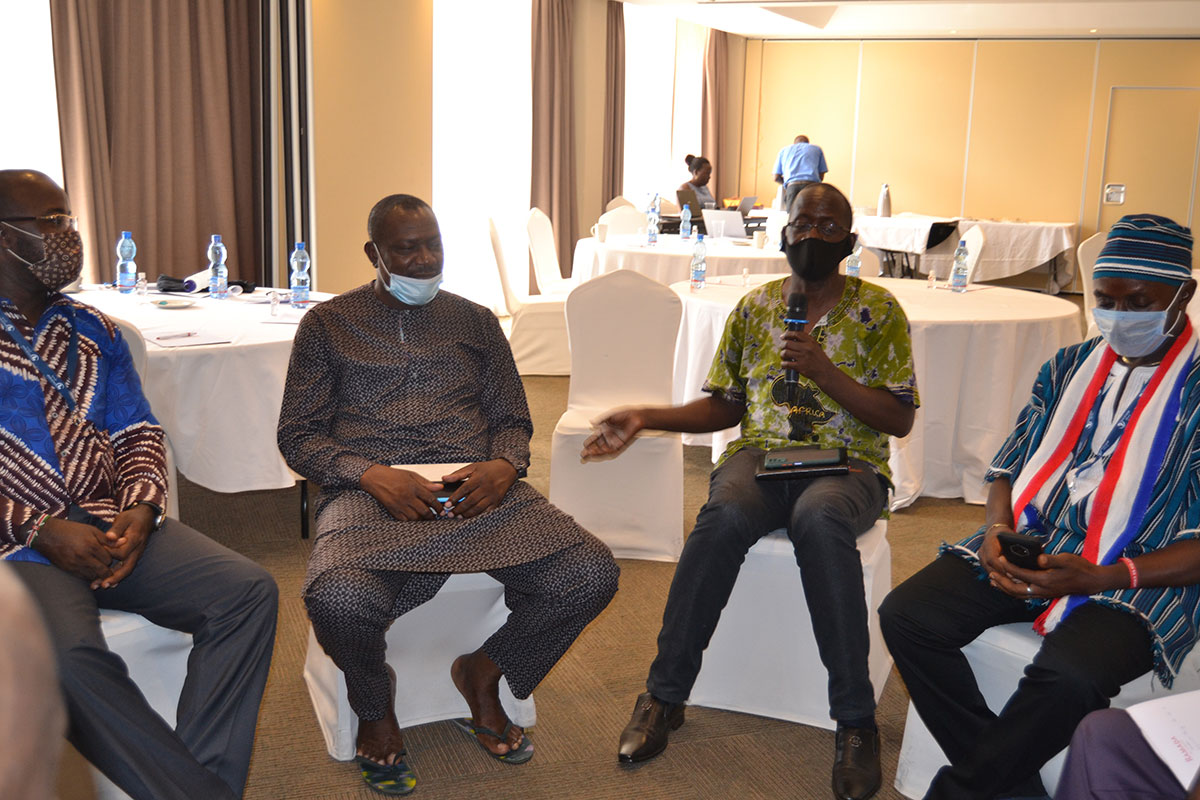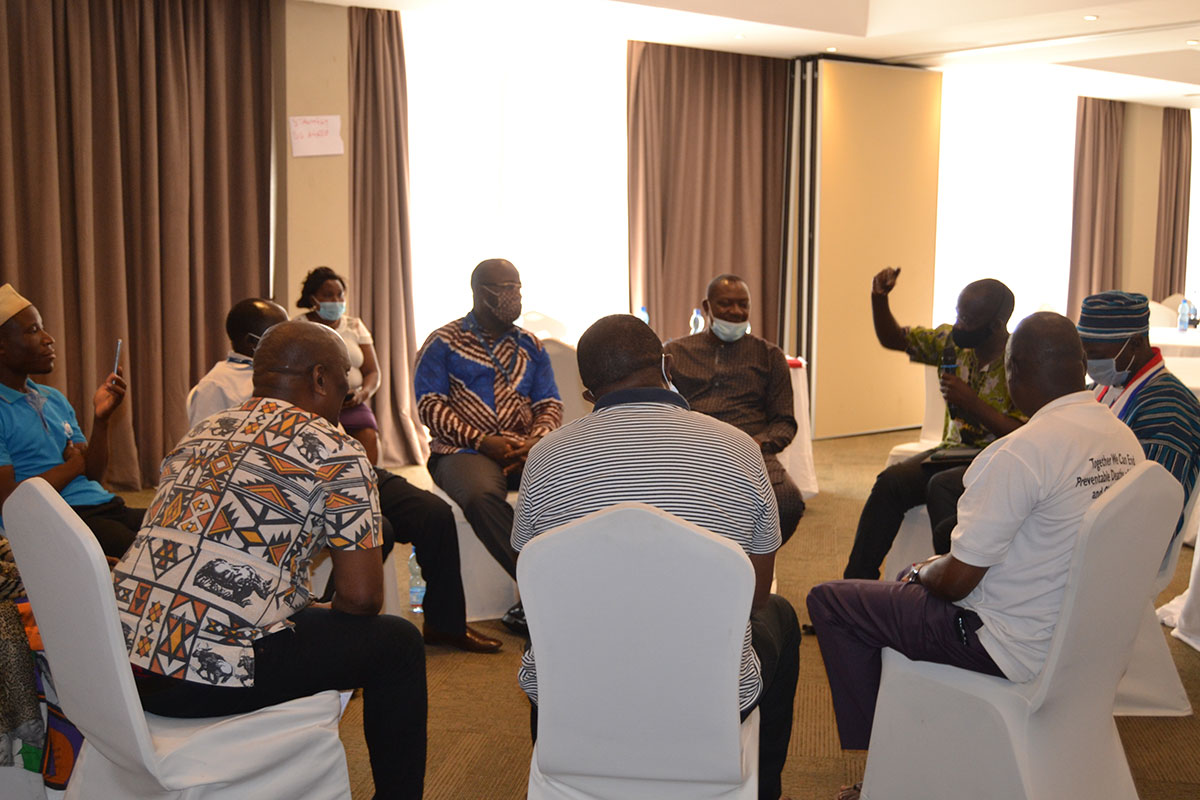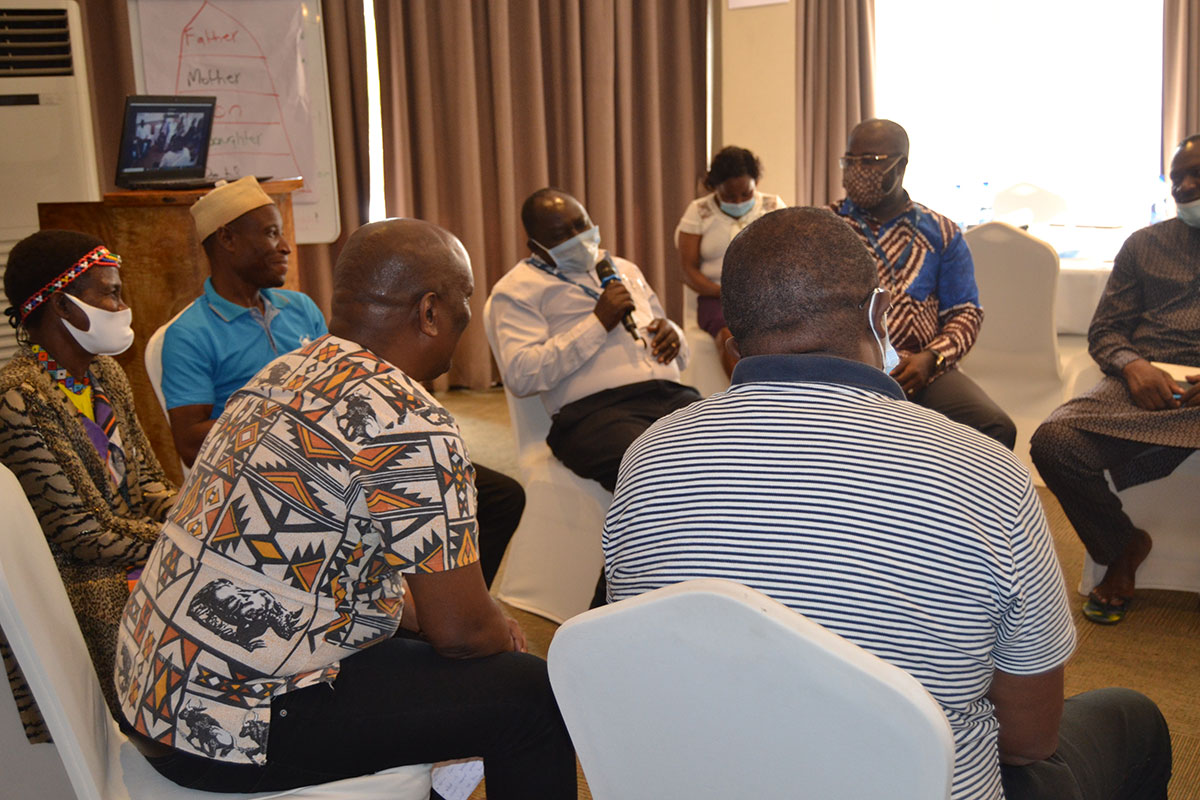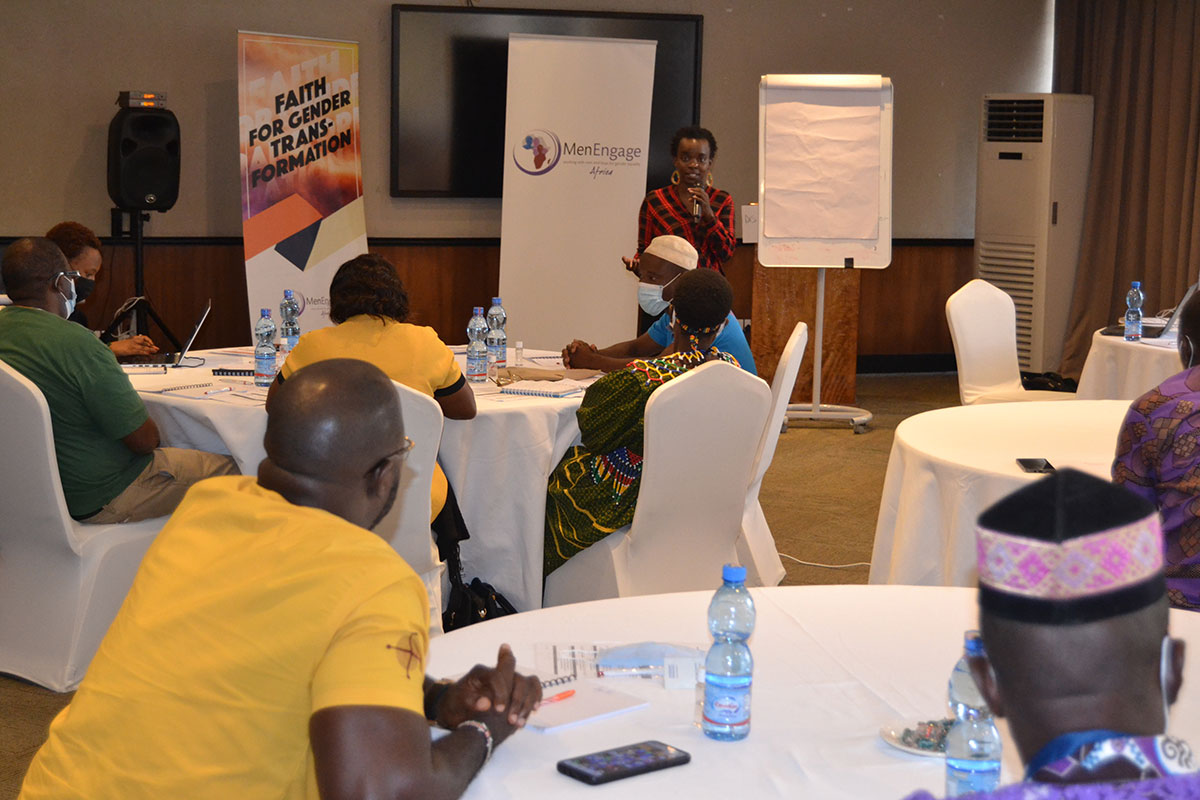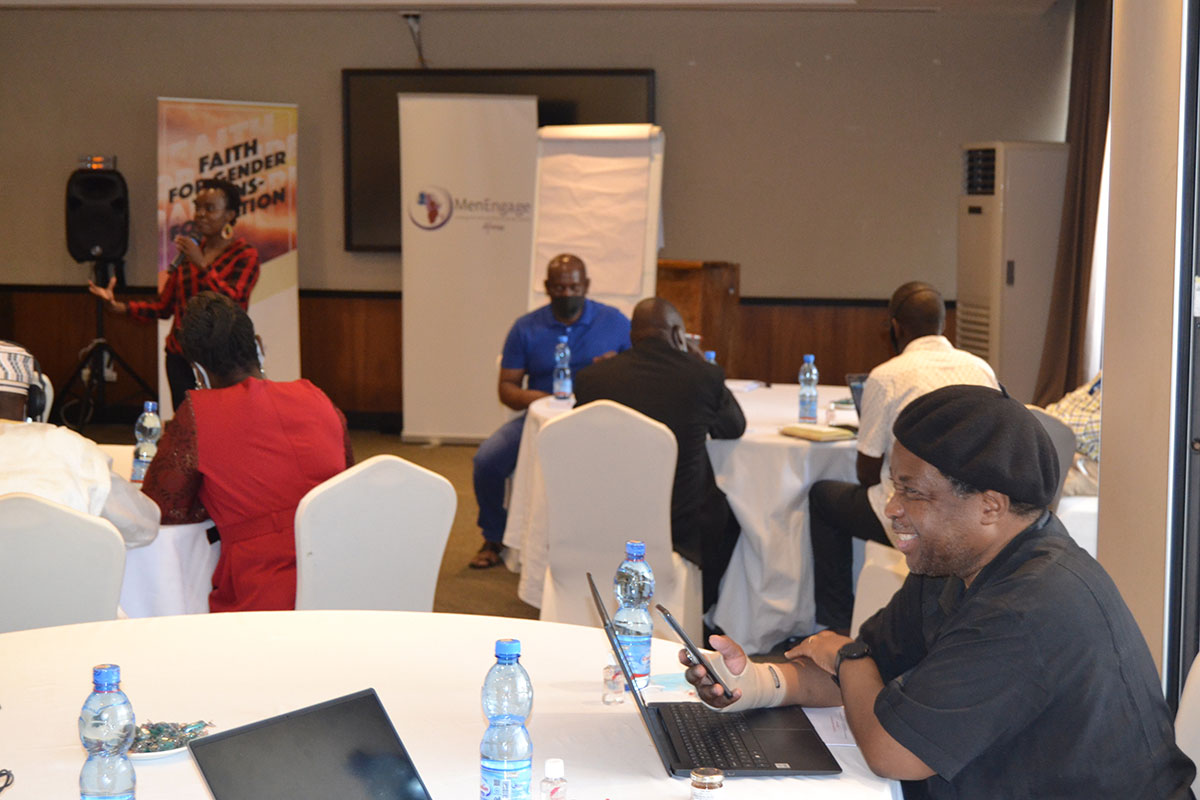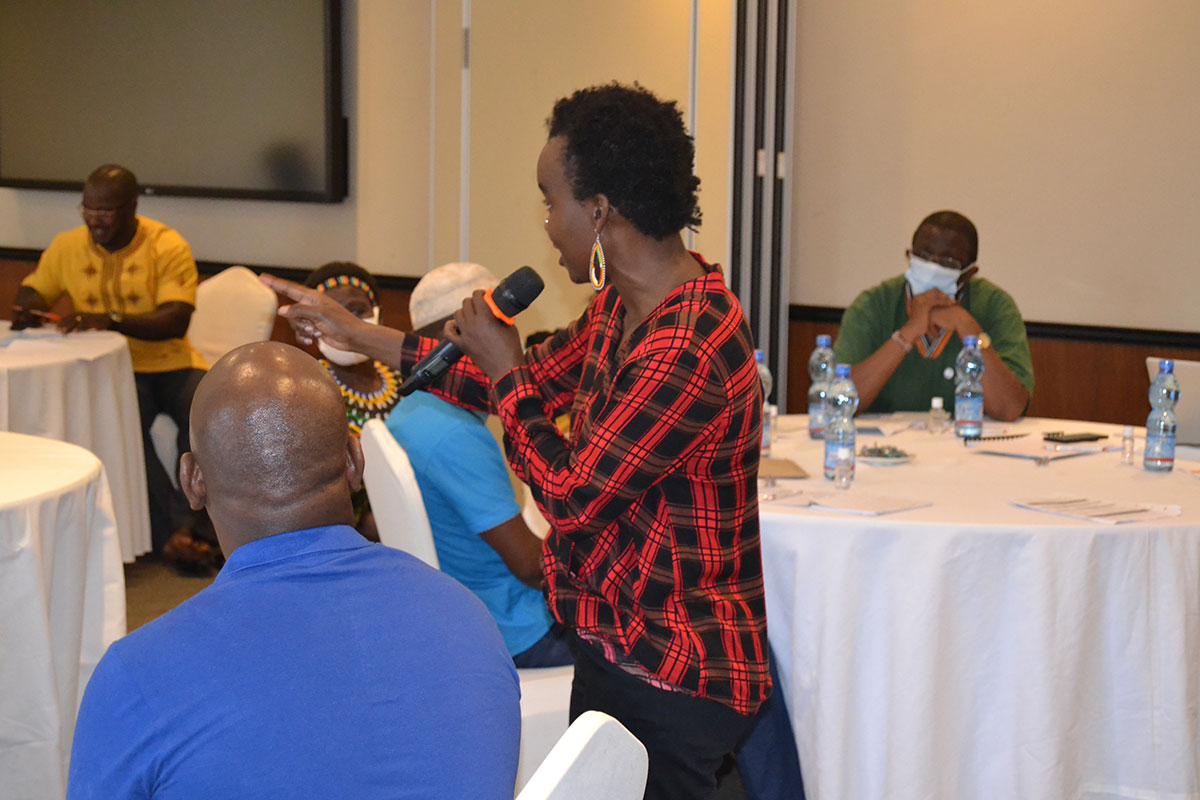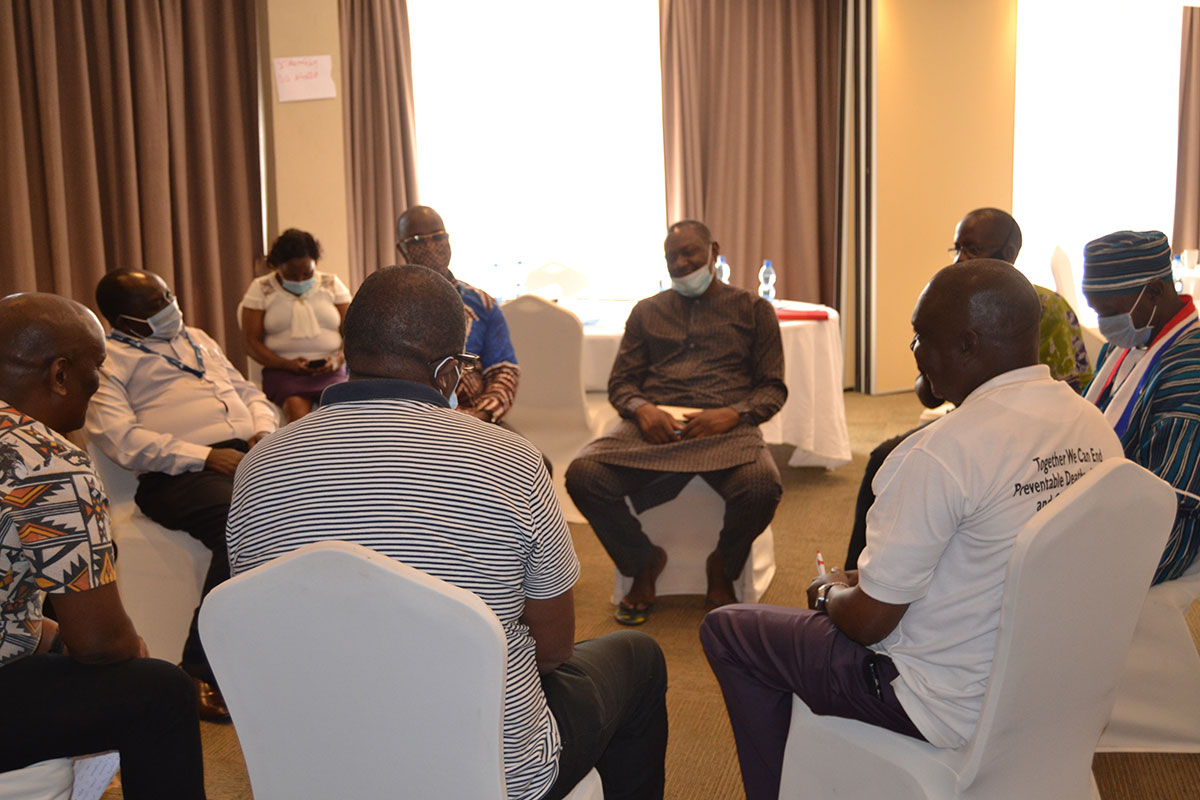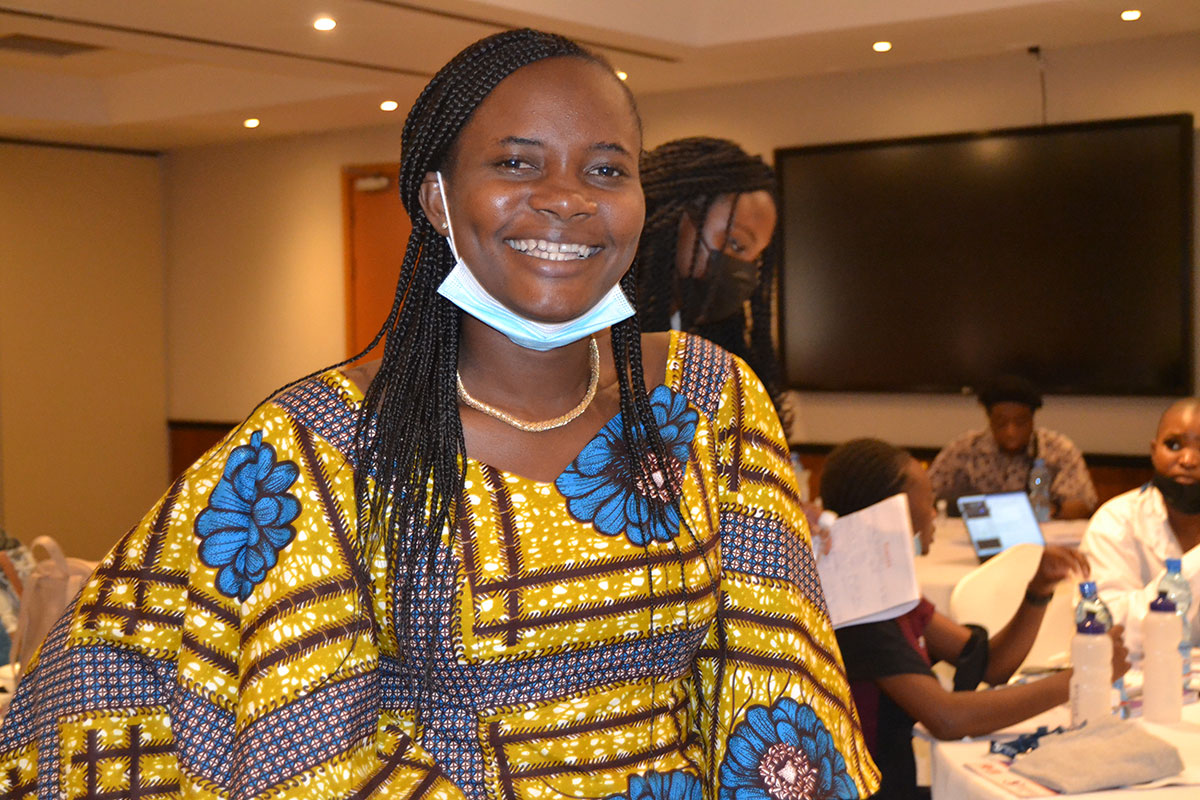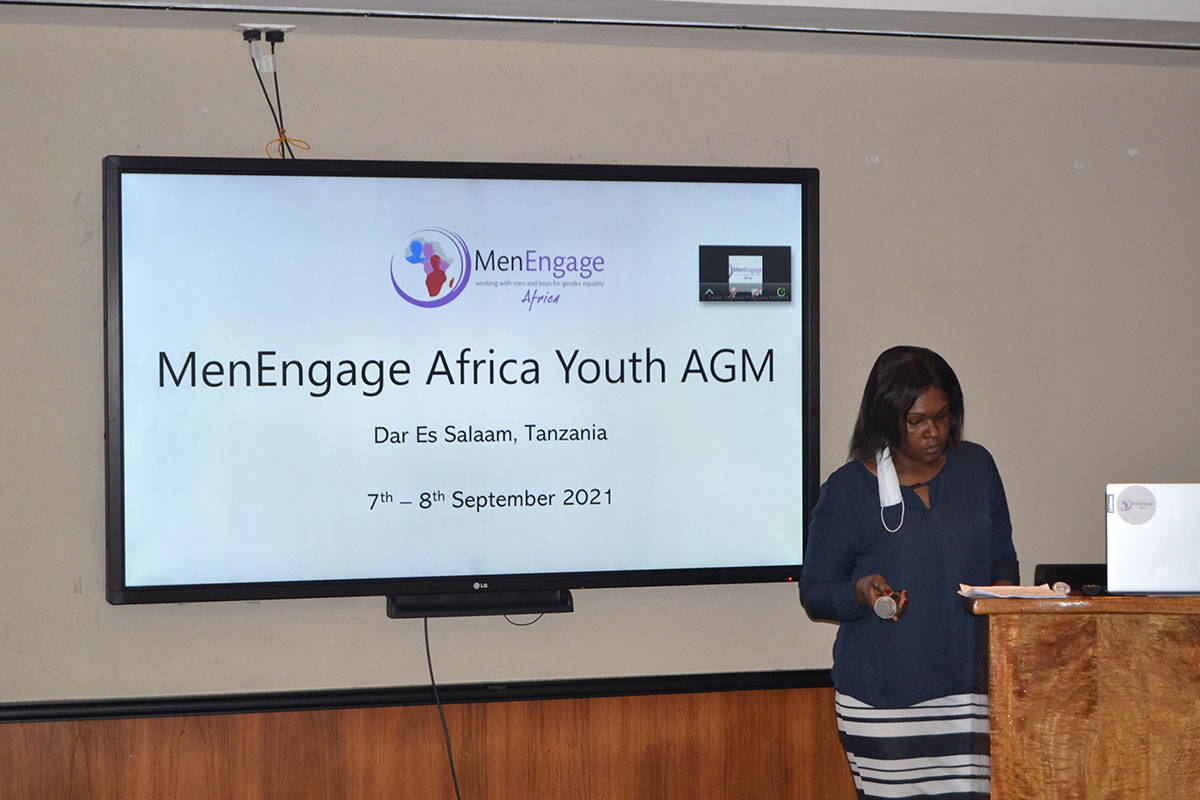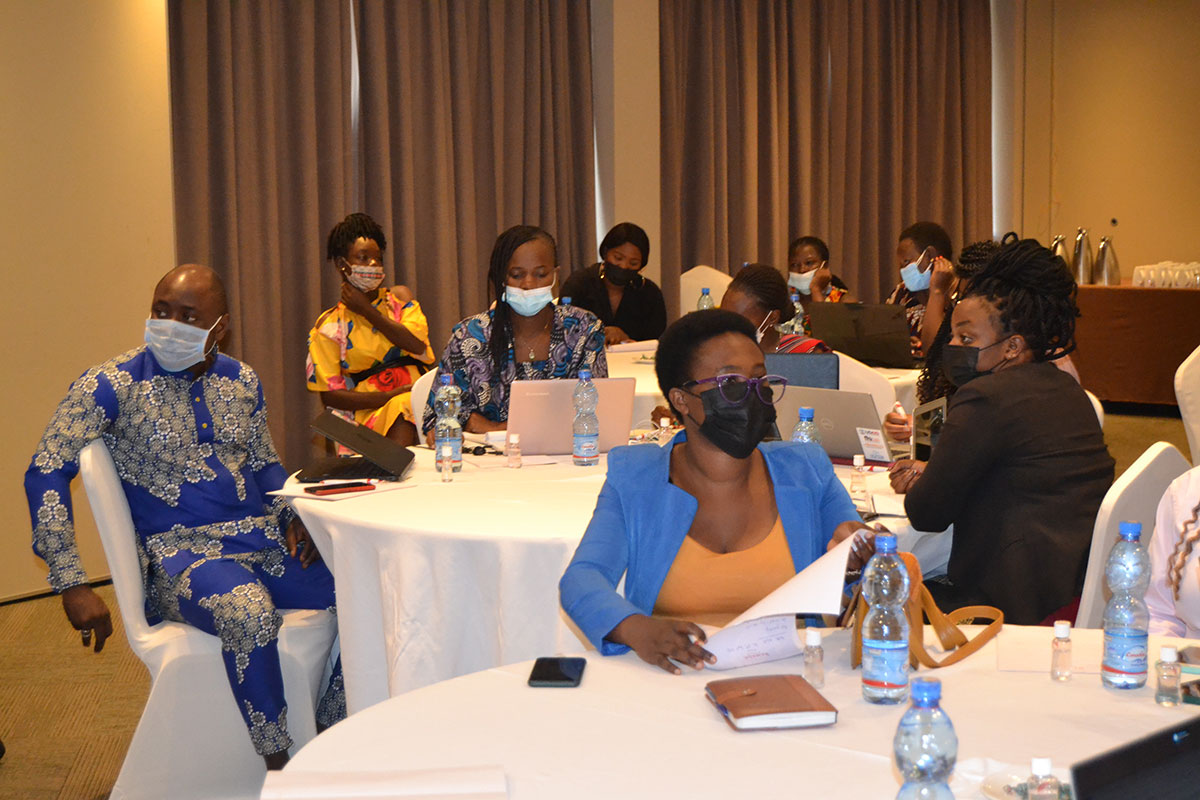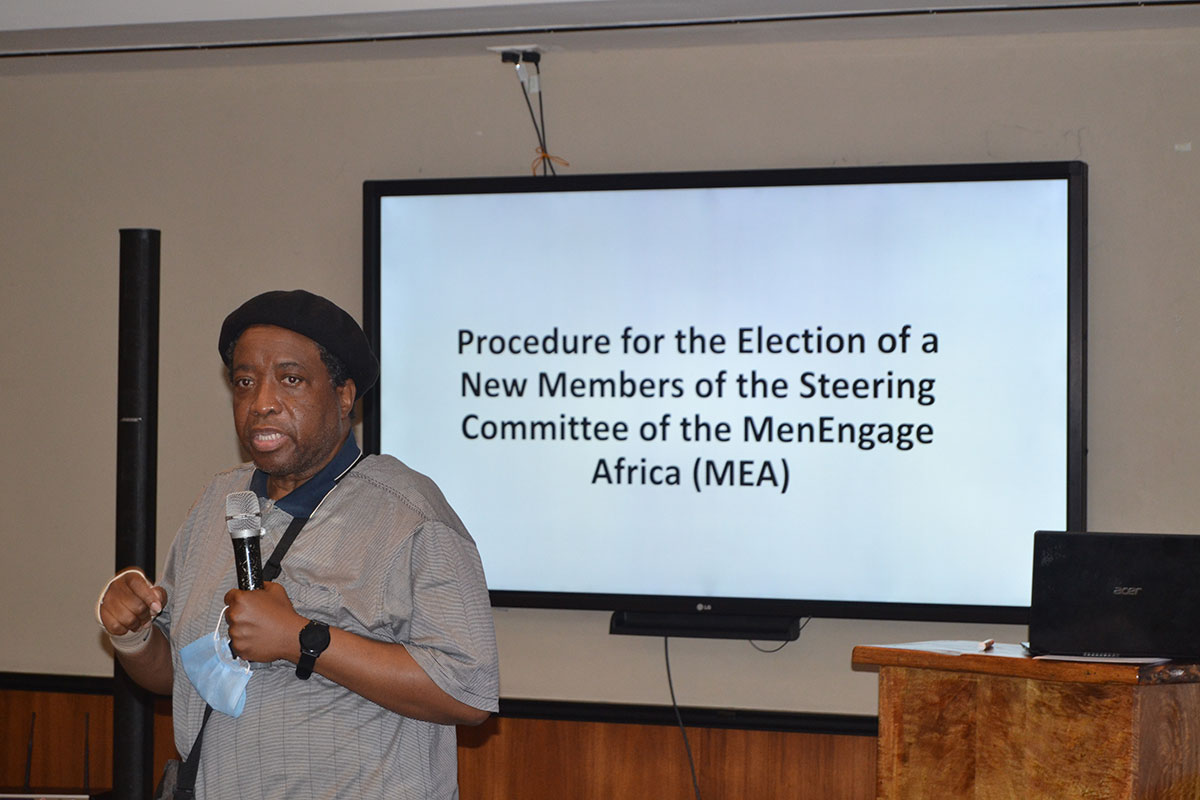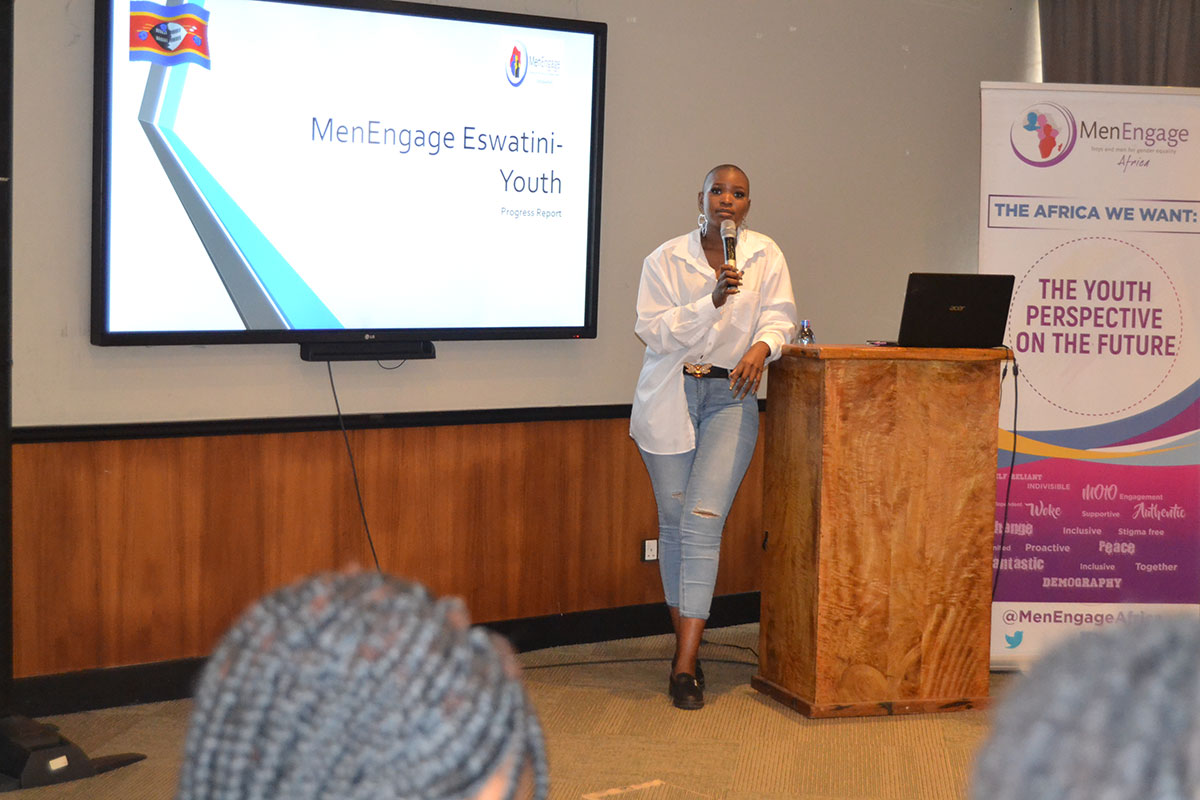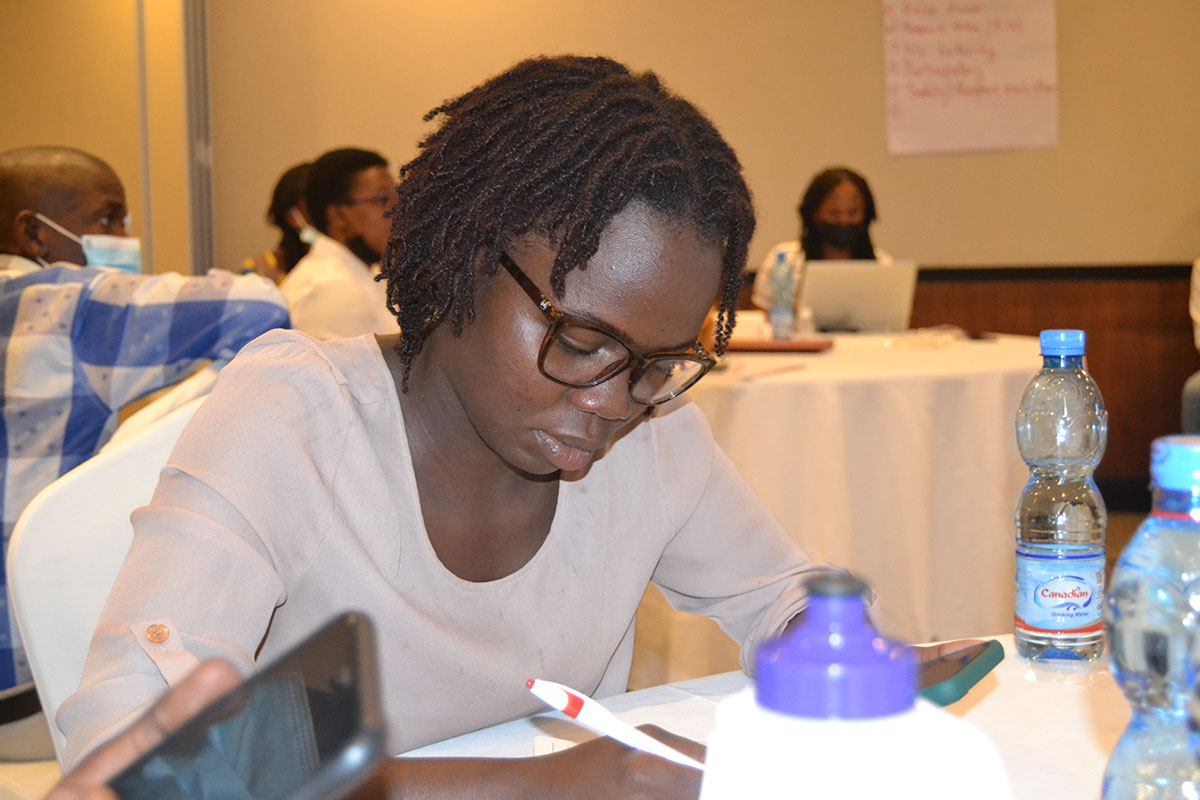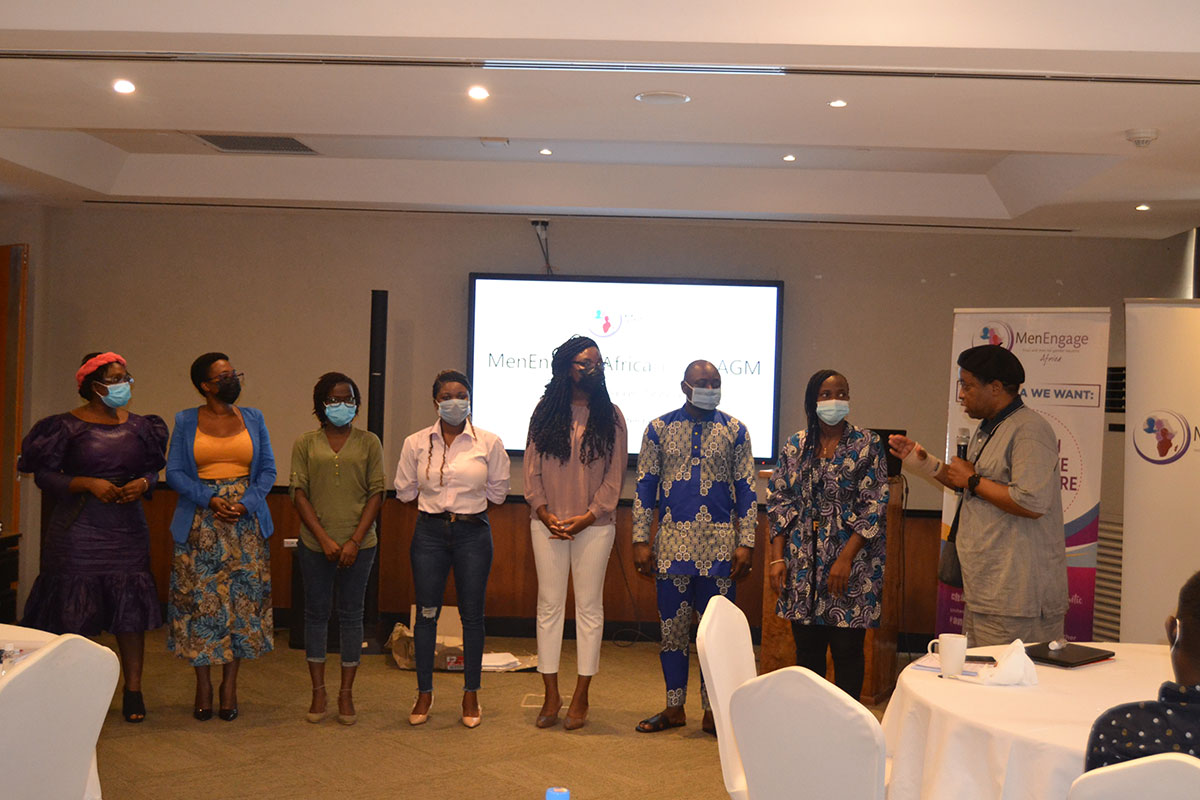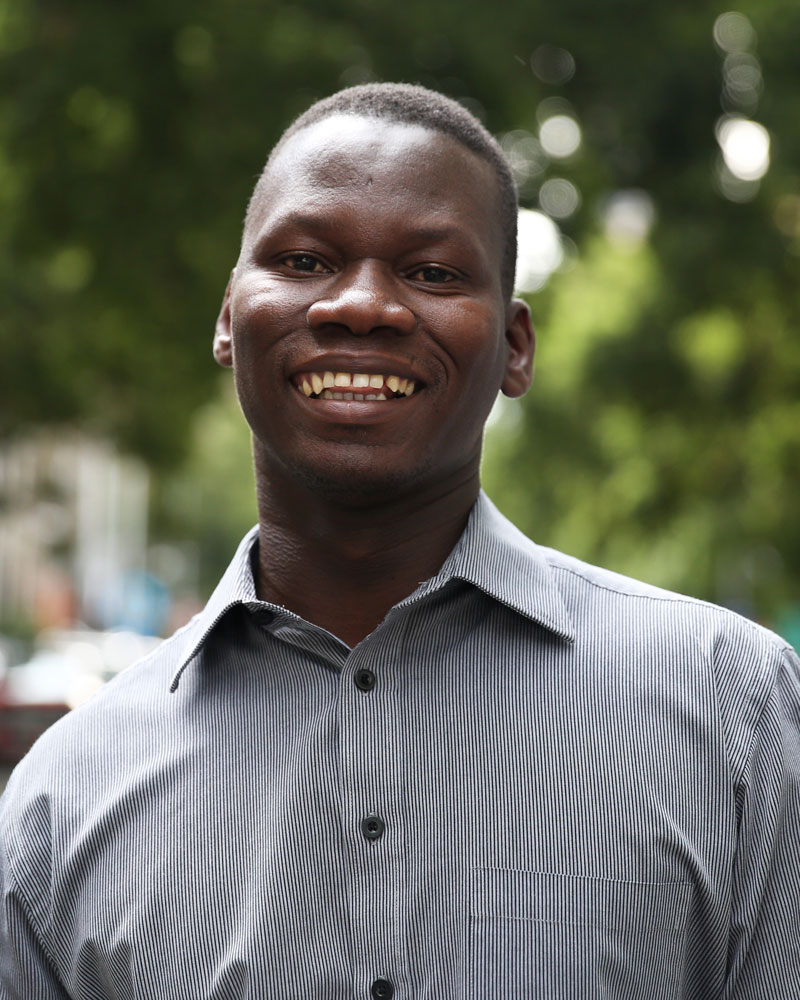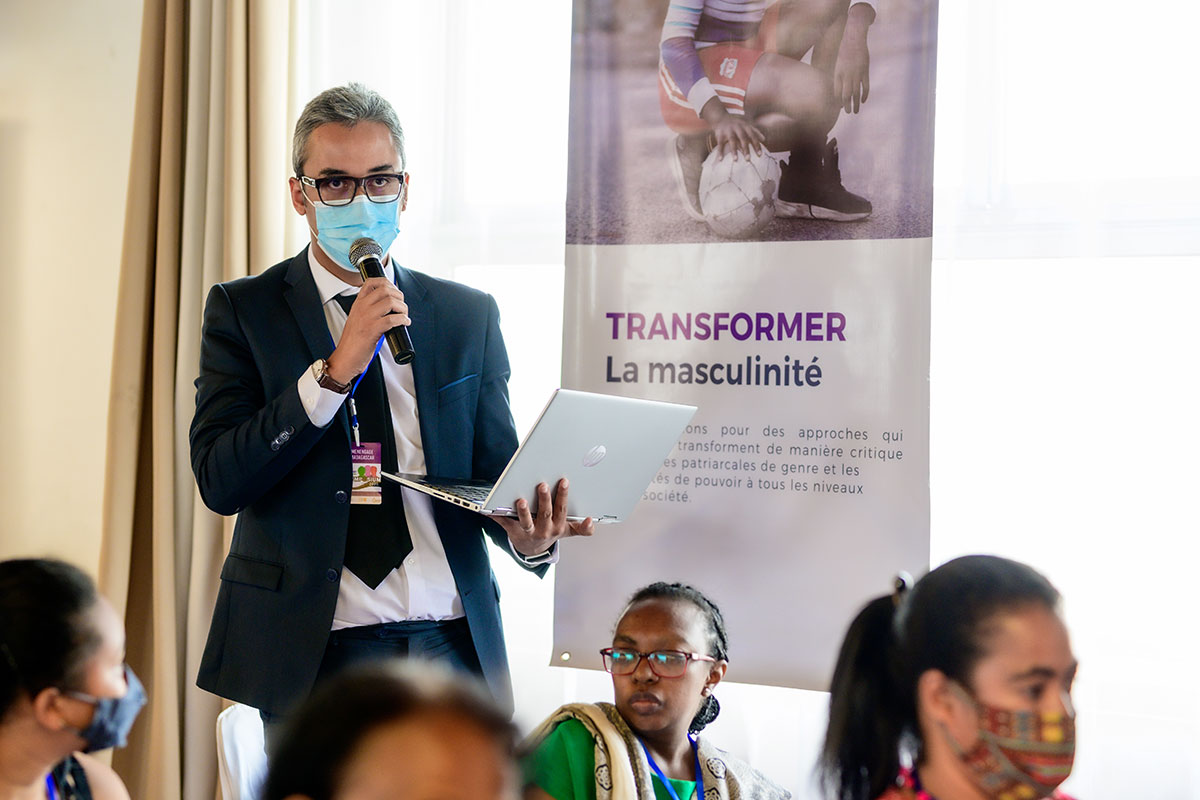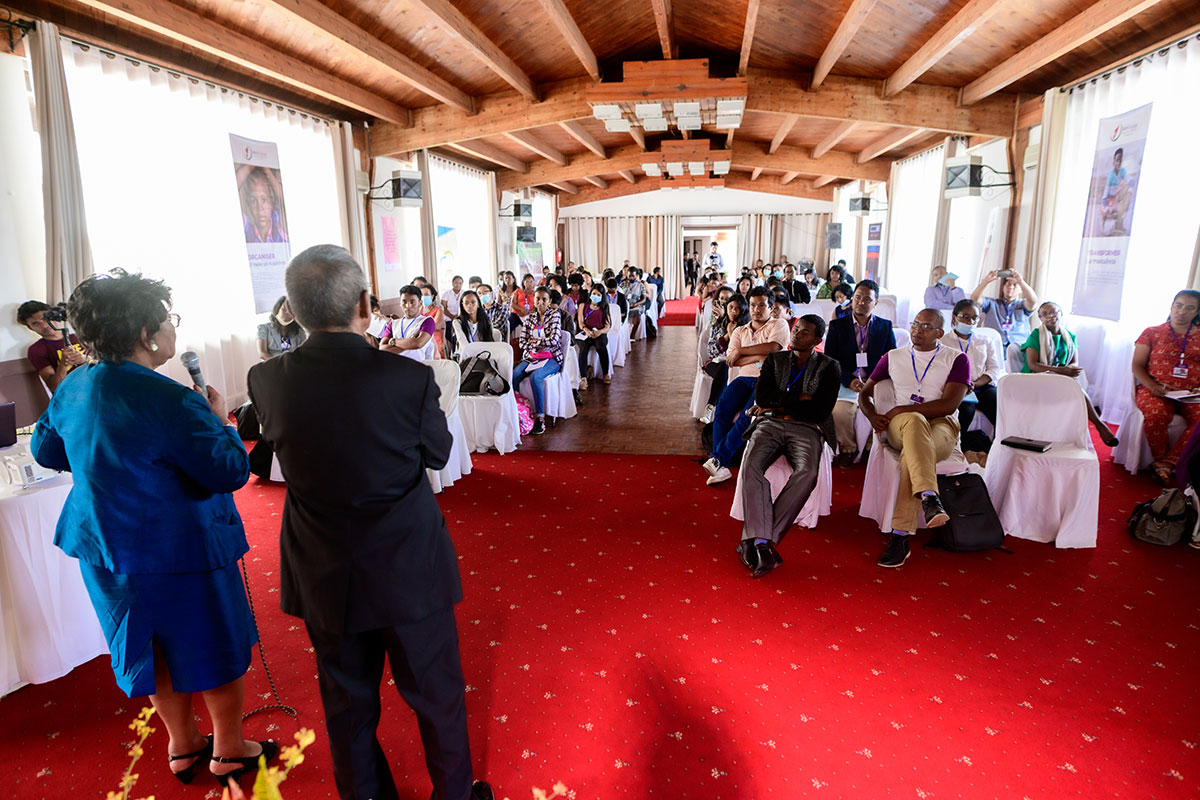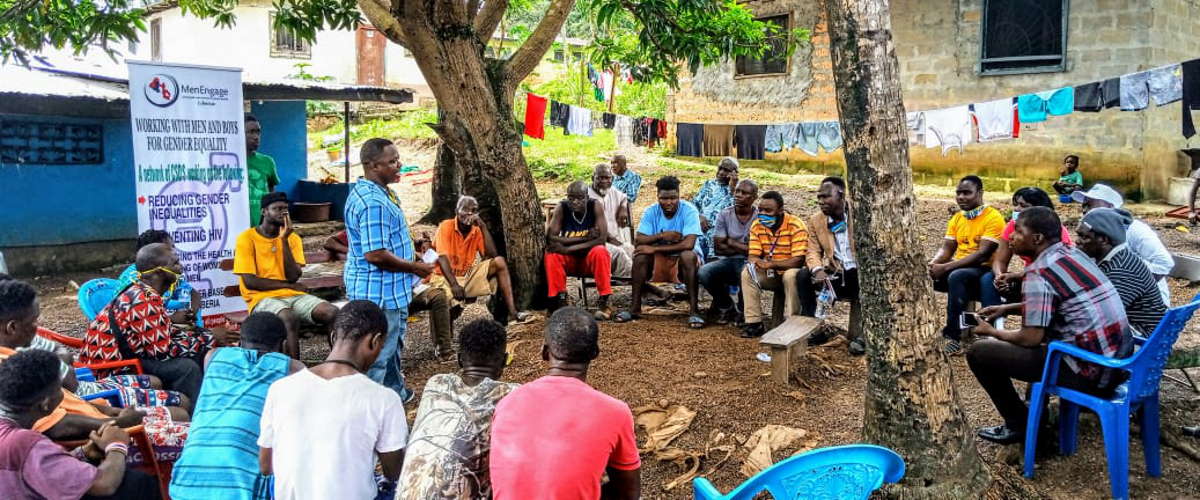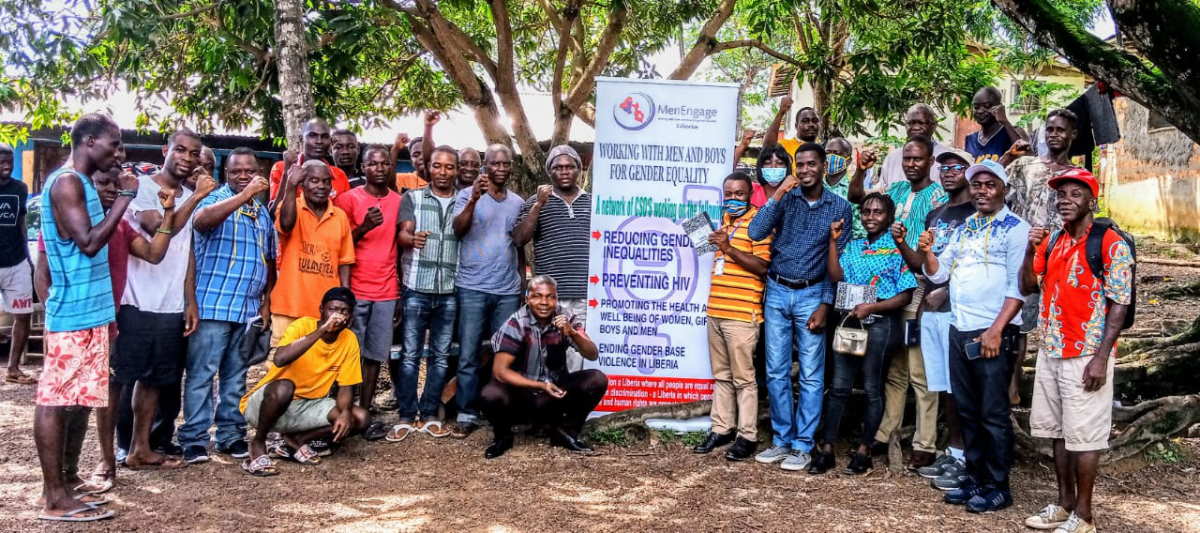The 3rd annual MEA symposium was held in August this year under the theme: “Accountability and Transformation through Gender-Equitable Evidence-Based Programming”. Jointly organised by MenEngage Africa, Sonke Gender Justice and Rwanda Men’s Resource Centre-RWAMREC, the hybrid event brought together about one hundred and fifty participants off and online Delegates at the symposium included MenEngage Africa members and partners, academics, activists, government officials, donors, and representatives from the United Nations agencies, for a mutual learning and joint agenda setting on gender transformative approaches to engage boys and men.
The 3-day gathering addressed various themes such as Sexual Reproductive and Health Rights, HIV/Aids; Gender-based violence, the Lesbian, Gay, Bisexual, Transgender, Intersex, Queer/key Population Rights, Child Rights, Gender Equal and Positive parenting, Faith based approaches, Youth leadership, Climate justice, and strategic cross-cutting priorities like accountability, feminist approaches and intersectionality.
During conference we witnessed an array of passionate debates regarding the provision of funding and resources to women and girls. The participants emphasized the need to combat harmful attitudes and practices that have been suppressing the voices and rights of women and girls for centuries. The discussions were centred on the importance of advocating for institutional and legislative reforms that can bring about significant changes in the lives of women and girls.
The delegates were treated to an official opening ceremony, dressed up in African attires. The event was graced by traditional performers who dazzled the audience with their extraordinary vocals and graceful choreography. Key dignitaries in attendance included guest of honour Mireille Batamuriza, Permanent Secretary at the Ministry of Gender, and Family Promotion Fidele Rutayisire, Executive of Rwamrec; Sariaka Nantenaina, Outgoing Chair of MenEngage Africa; Bafana Khumalo, Sonke Gender Justice, and Bianca Marks, MenEngage Global.
In his welcoming address, Fidele Rutayisire, RWAMREC, said the symposium is an opportunity to share best practices, synergize effort and mobilise resources for the important work of transforming masculinities and engaging men and boys in gender justice. He said numerous programs, interventions and initiatives were developed and implemented to generate more knowledge and evidence of the know-how for the work on engaging boys and men in gender equality in the last global symposium.

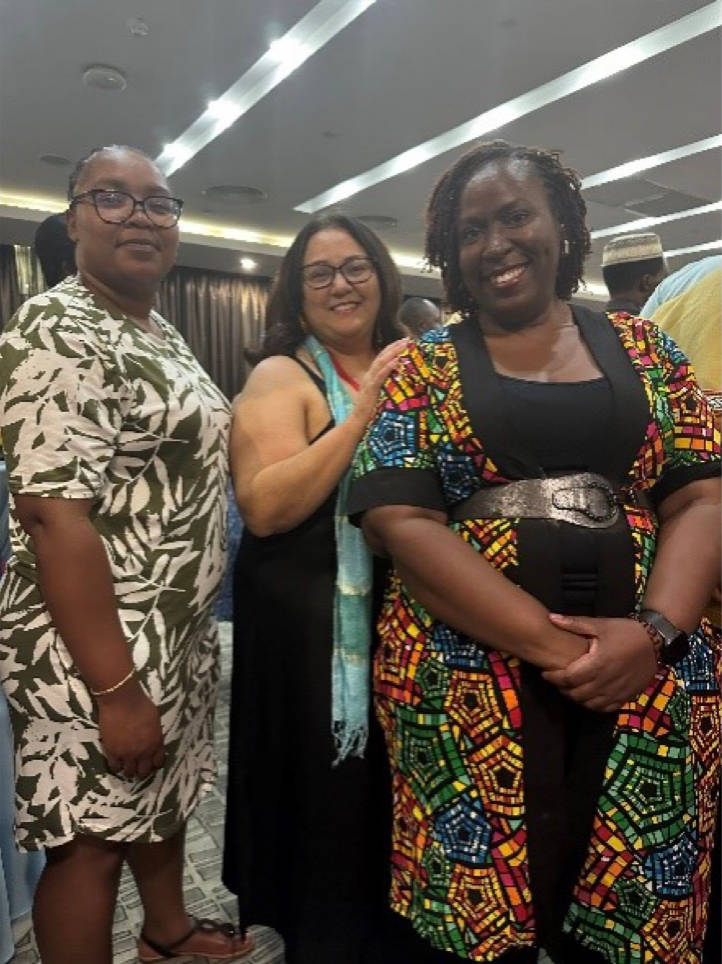


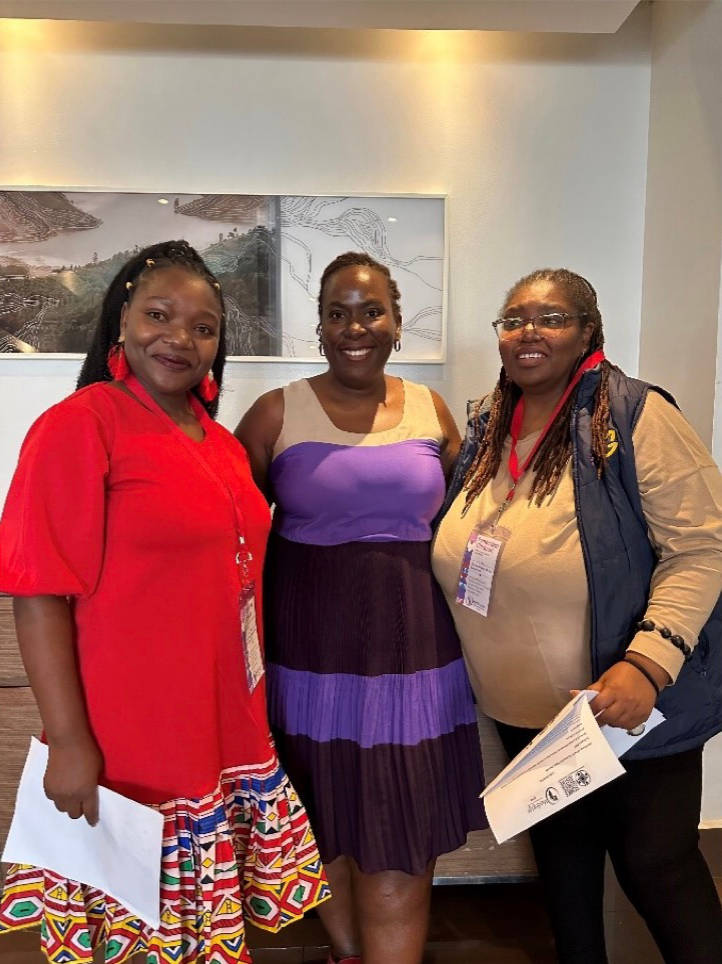
The discussions were penetrating, with experts from different fields sharing their perspectives and experiences. There was a general agreement that gender inequality is a pervasive issue that requires urgent attention and continues critical dialogue on intersectional feminist approaches to transforming masculinities One of the key issues that were discussed was the Accountable practices on male engagement in Gender Equitable Programming.
Sariaka Nantenaina, C for C Madagascar, Outgoing Chair MEA. In her remarks, Sariaka reminded the delegates of the purpose of the gathering ‘We are a feminist movement, we need to strengthen our work, we need to learn from each other, and we need to renew our engagement. Being part of Men Engage is an engagement. We believe in gender justice. Behind us there are lots of women, girls, men that do not have voices and we must speak, to work so that they live in peace. We are here also to have hard conversations, to listen carefully, to think critically, to network strategically, and to challenge what panellists and presenters are saying so that together we can grow’.
Bianca Marks, Global Membership Engagement, MenEngage Global extended heartfelt gratitude to the all the organisers of the symposium, and appreciated the work done by Men Engage Africa within its 24 country networks and over 500 organisation members, to transform patriarchal masculinities and engage men and boys to achieve gender justice. Reflecting on the symposium’s theme, she said ‘Accountability involves taking responsibility for our actions and decisions, our ways of working and showing up, with a focus of doing no harm, following the leadership of feminists and other marginalised movements, and seeking to build partnerships with the same.’ Referring to the morning plenary, Bianca said: “Transformation must take place at both the individual and the structural levels. As we engage in conversations, absorb knowledge, and form connections, people should bear in mind their responsibility to bring the insights gained back to our contexts”.
The participants also highlighted the need for more resources to be allocated towards initiatives that empower women and girls. They argued that providing access to education, health care, and economic opportunities can help women and girls to be more self-sufficient and independent. There were also discussions around the importance of creating safe spaces for women and girls, where they can share their experiences and seek support.
“Centering the voices of young people in programming to achieve intersectionality is key’’ said Clementine Nyirarukundo, Programme and Partnerships Manager, Paper Crown Rwanda. She encouraged the delegates to be inclusive during programming “We are accountable to the people we serve and those we work with. We should check and challenge power dynamics, question biases, have meaningful participation, give the seat, and bring in voices so that every group is meaningfully represented as we advance to be better gender activists”, she added.
Other significant insights and learnings from the symposiums included the need to challenge negative masculinities. There was also a clear call for an intersectional feminist approach to gender equality, the shared vision of being able to lead gender equitable and evidence-based programming to become a reality as it opens the space for inclusivity and collectiveness.
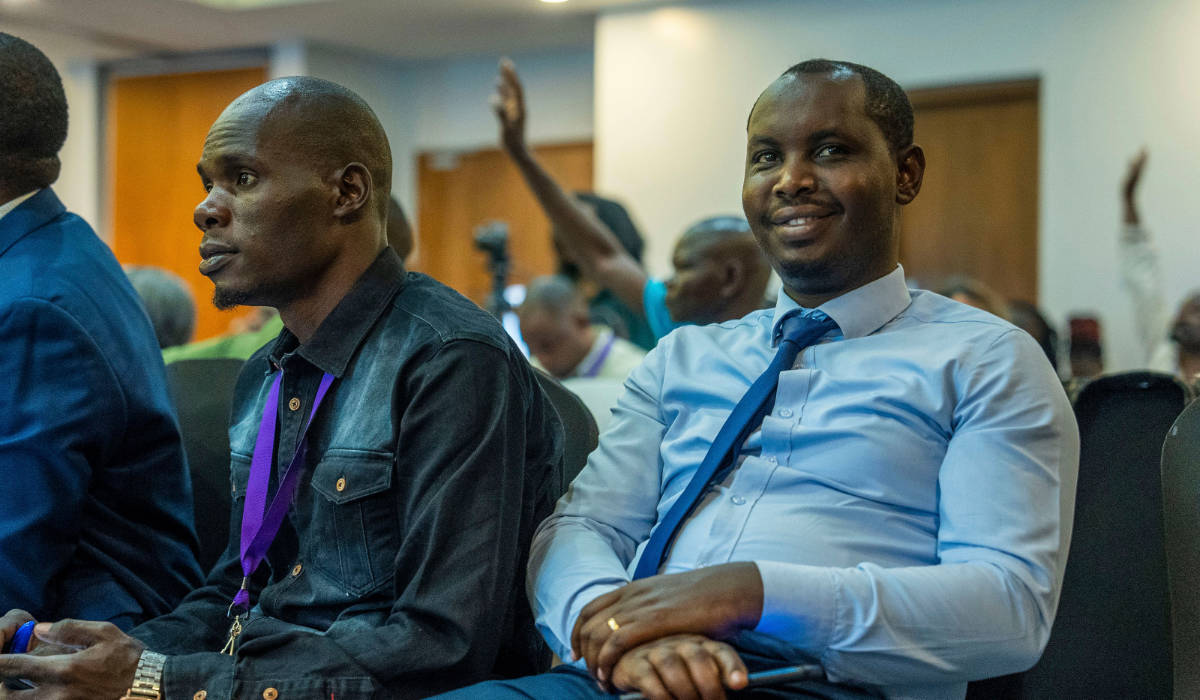
At the closing ceremony, MenEngage Alliance programs officer Nyasha Phanisa Sithole, highlighted the need to adopt the principle of inclusive engagement and for civil society organisations to stop competing among each other but rather continuously be the voice of the voiceless in our societies.
Bafana Khumalo, Global Chair of MenEngage Alliance and Co-Founder and Executive Director of Sonke Gender Justice indicated the journey traversed as a network and shared that having more women attending the symposium was among the highlights: ‘When it happened in Johannesburg, most of the participants and delegates were men. When we did the second one in Maputo, most participants were men. The third one, which is happening in Rwanda, I think is influenced by the progressive politics of this country; we are almost half and half’.
While reflecting on the MenEngage mandate ‘In this work, there is space for everyone. It’s not just a cry platform for men who are encroaching on what is called’ men’s rights.
Khumalo emphasised the fact that men’s engagement is about transformation, and that for it to be meaningful, it must be embedded in feminist thought, ensuring that power is equitably distributed and that everybody is recognised irrespective of their gender.
‘Men need to embrace the philosophy of feminism because feminism humanises them. It gives an opportunity to develop what I call emotional intelligence so that we can be in touch with our inner selves and recognize who we are meant to be. Responsibility and accountability are key because that’s the standard. If you are willing to be held responsible for your actions and you are willing to be held accountable, then let’s talk, we can have a meaningful conversation’.
‘You cannot have a successful Africa if you continue to keep women back and allow young girls to be so-called married, which I have a problem with because there’s no marriage between an elderly person and a young child. That is rape, and we need to call it for what it is. If we want this continent to compete with other regions in the world, we need to invest in women. Women, I always say, don’t just care for themselves, they care for others, they care for the community’, he added.
Finally, in response to the rising impact of the COVID-19 epidemic on women and girls’ human rights, wars and violence in the region and beyond Africa, and threats made against the media, and minority groups, the 3rd MenEngage Africa Symposium declaration was delivered to the public. The declaration was inspired by the learnings and vibrant debates among the 200 participants representing 26 different countries at the 3rd MenEngage Africa (MEA) Symposium 2023, held in Kigali, Rwanda, from August 14th to 16th, and the MenEngage Africa Youth pre-symposium AGM declaration. The youth declaration is the outcome of an extensive consultation process that began with a 2-day MenEngage Africa Youth Annual General meeting, attended by young people from over 17 countries within the MenEngage Africa Alliance.
